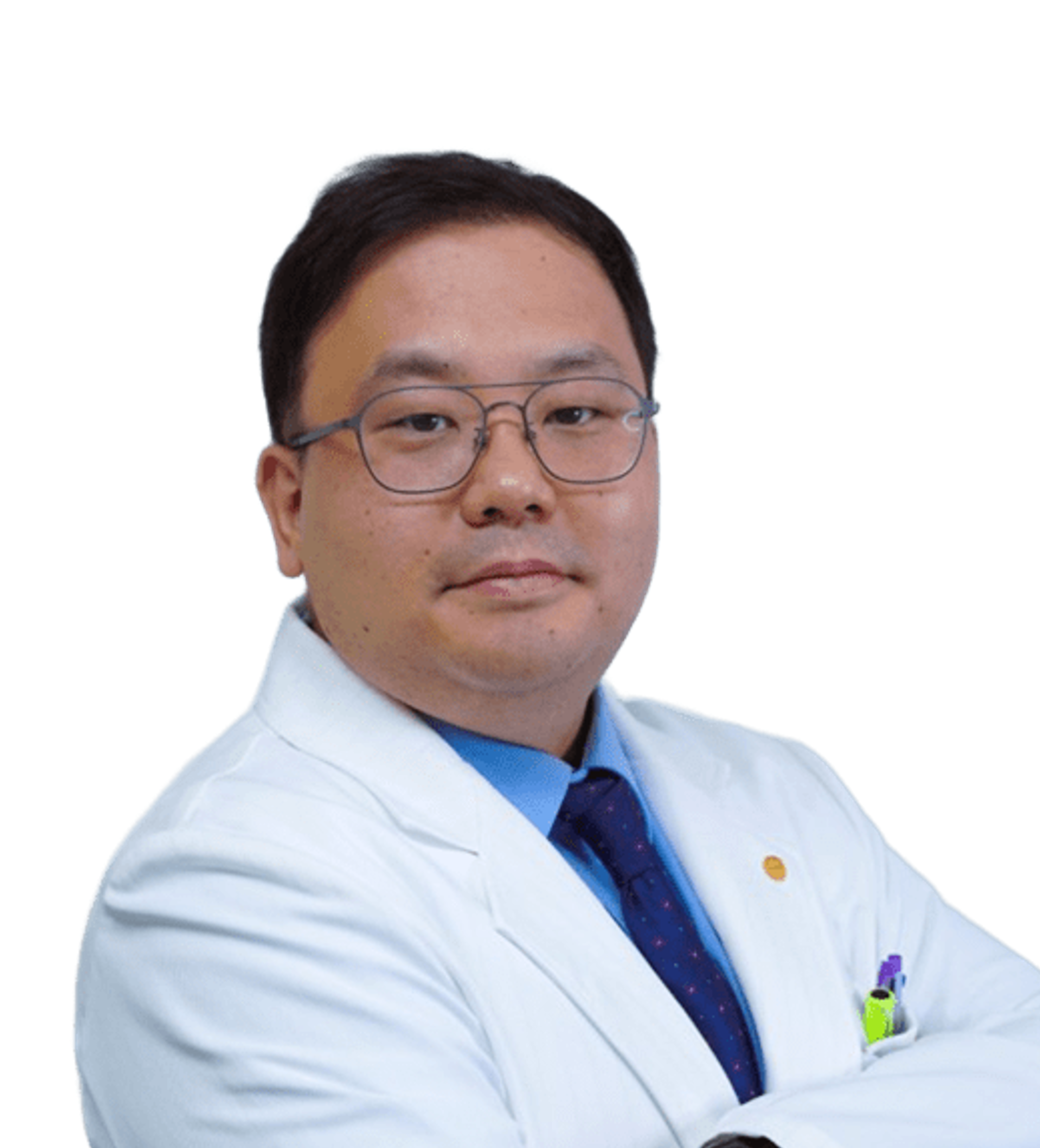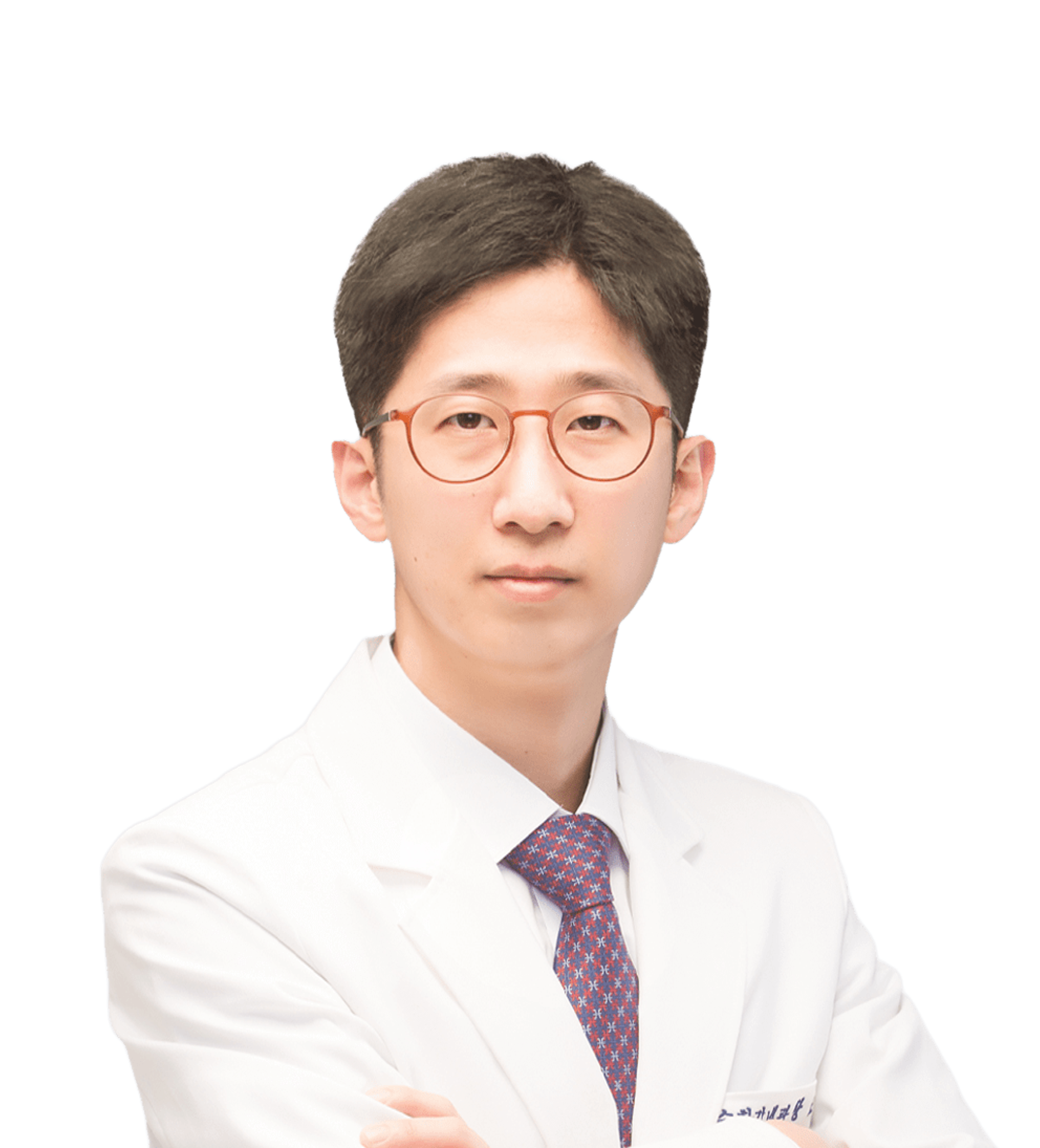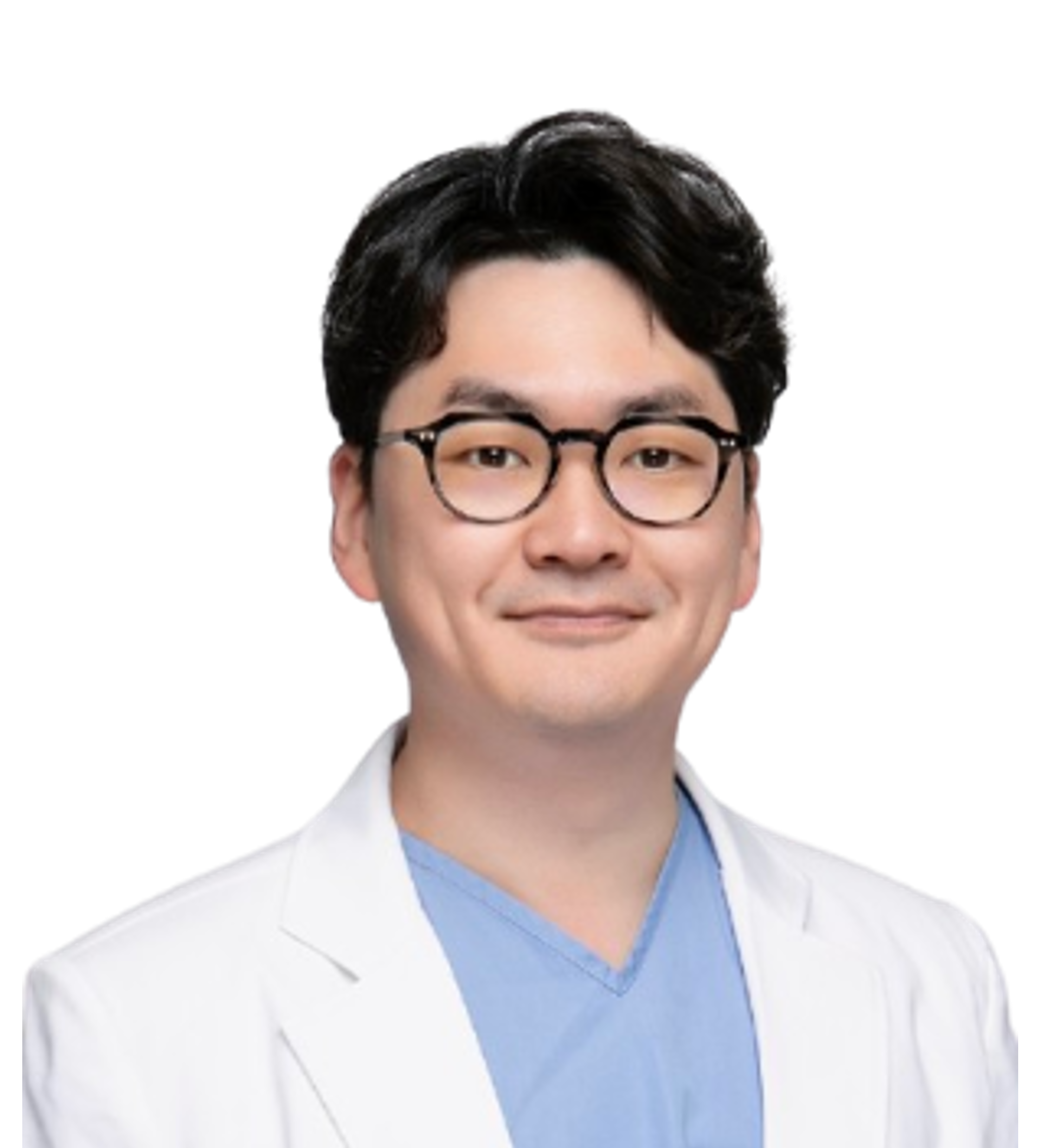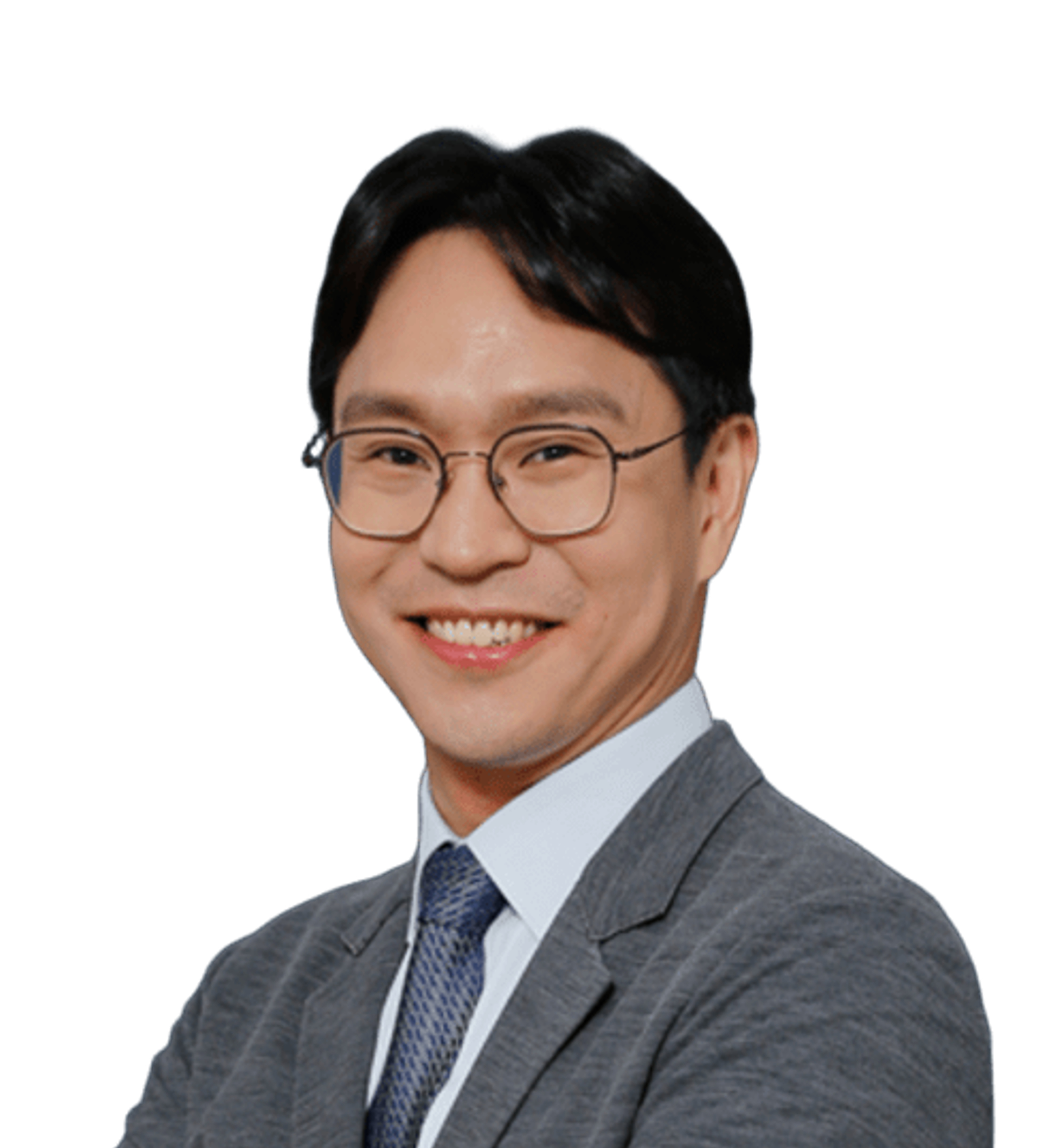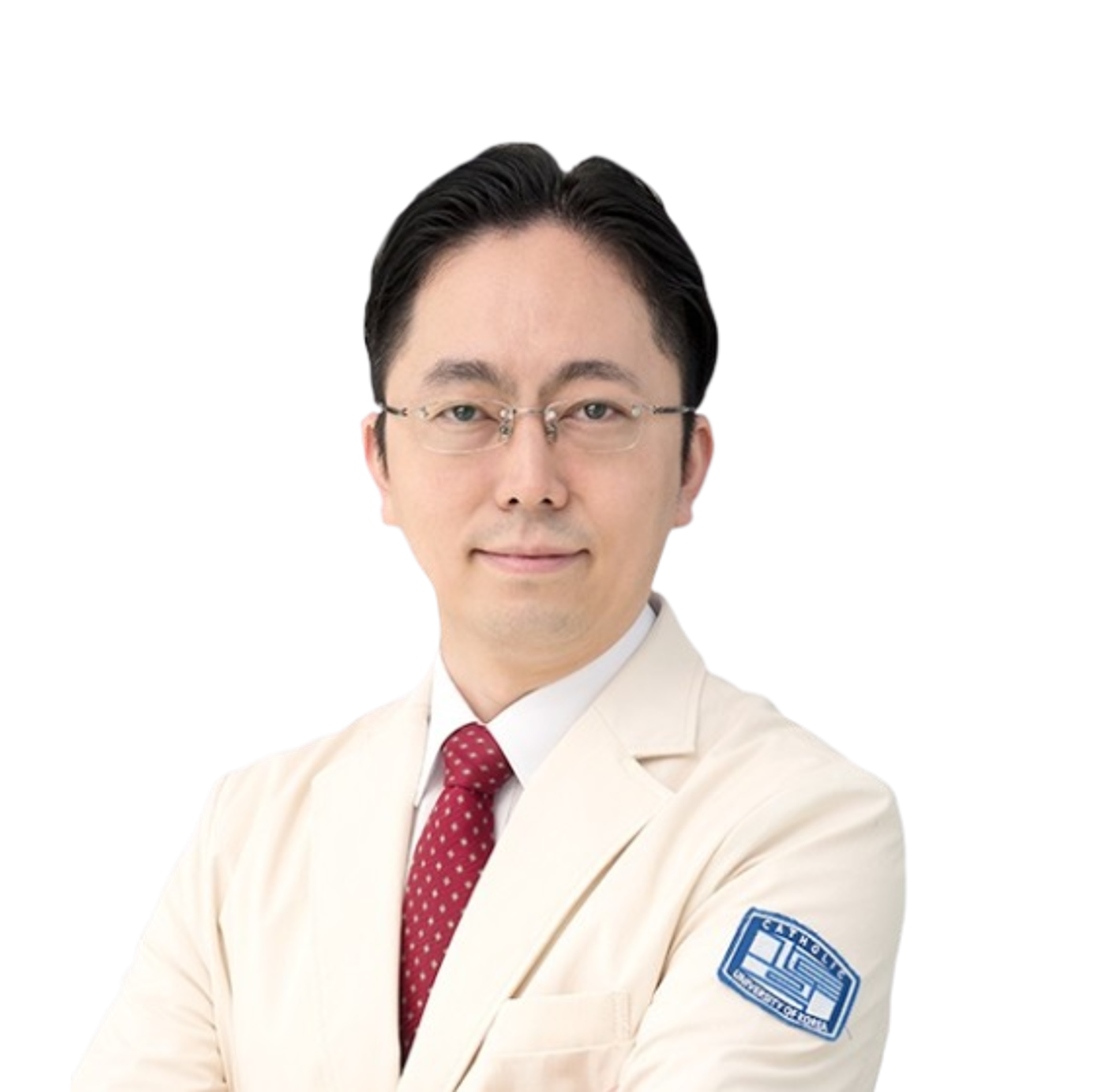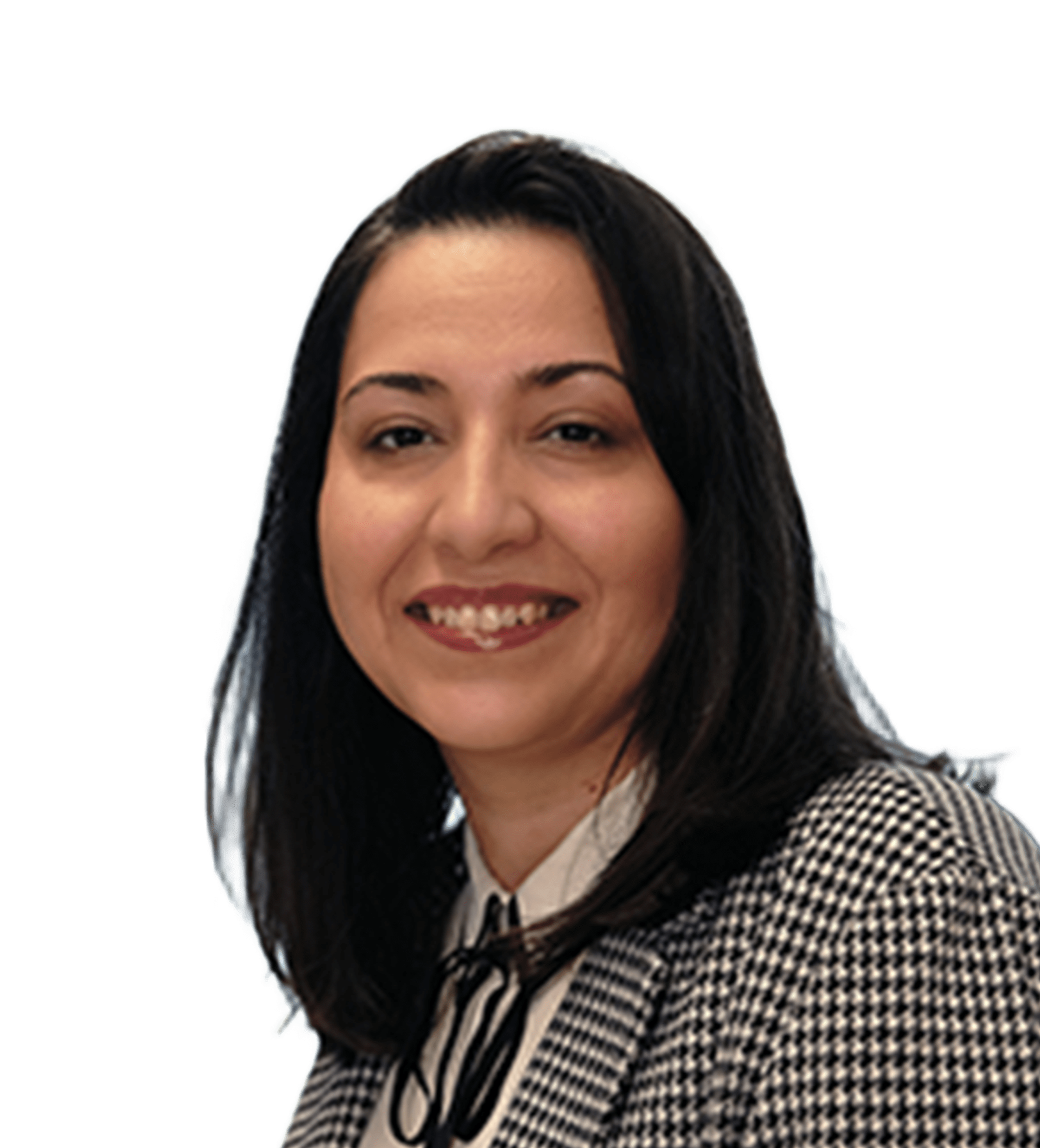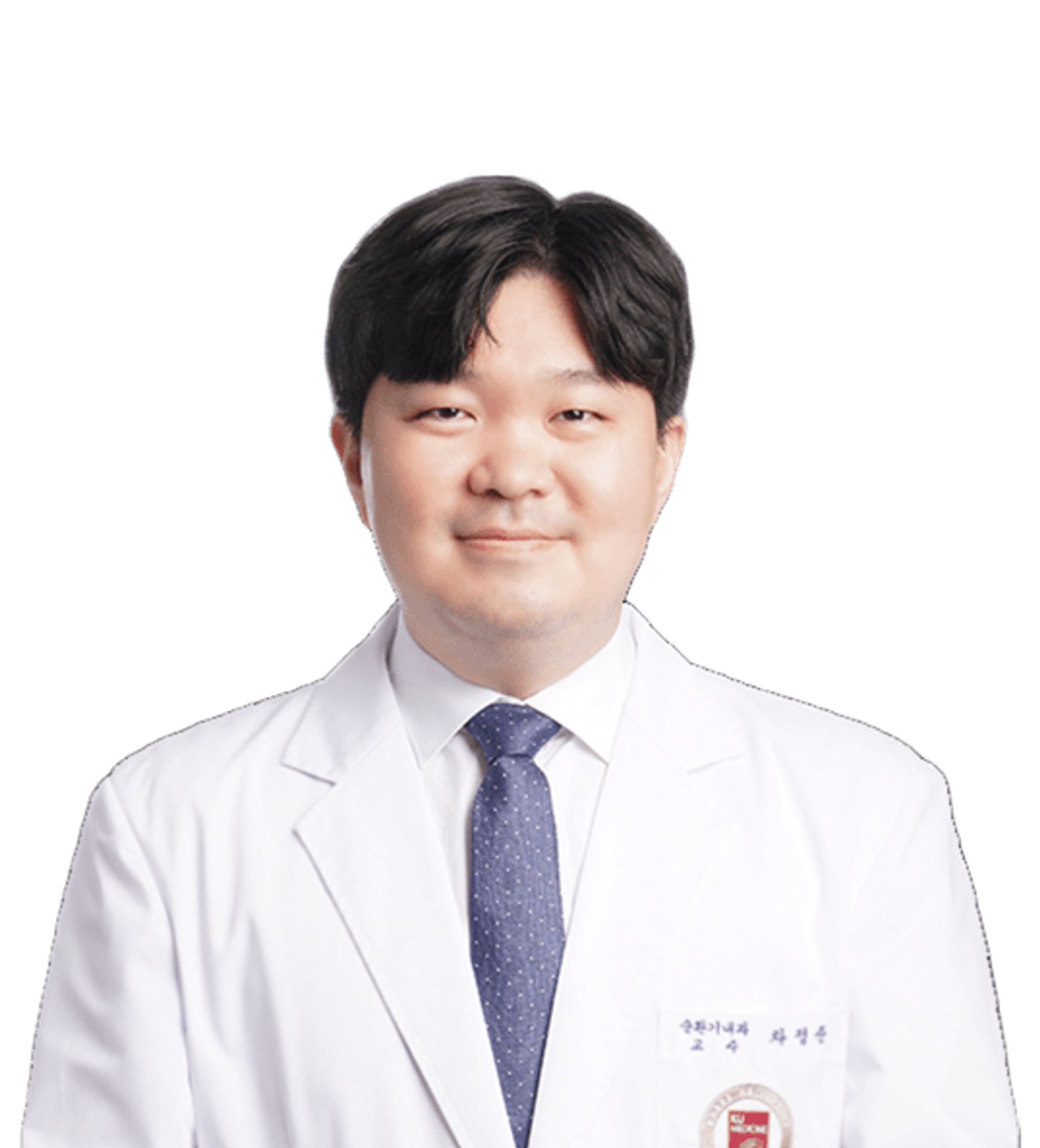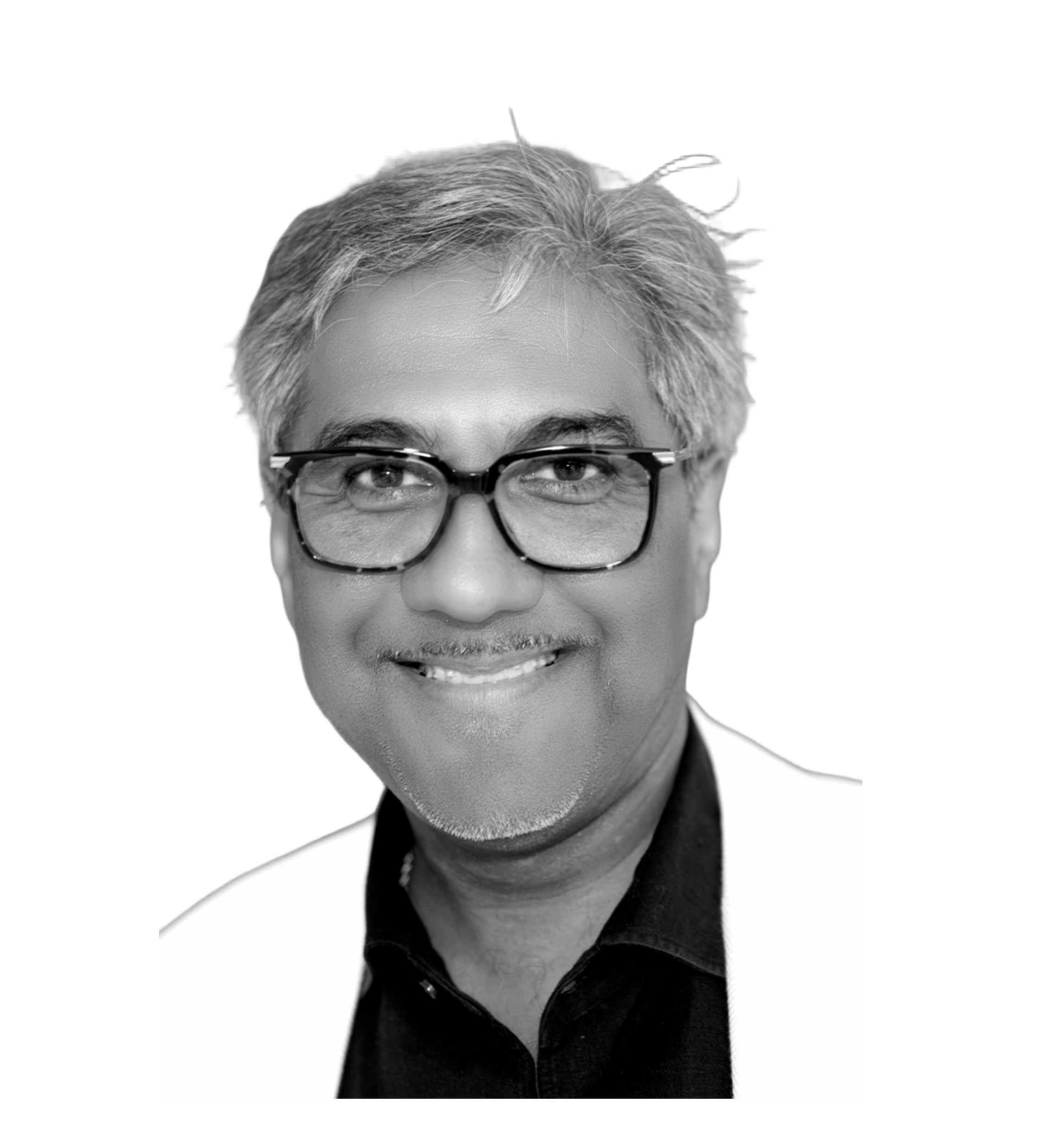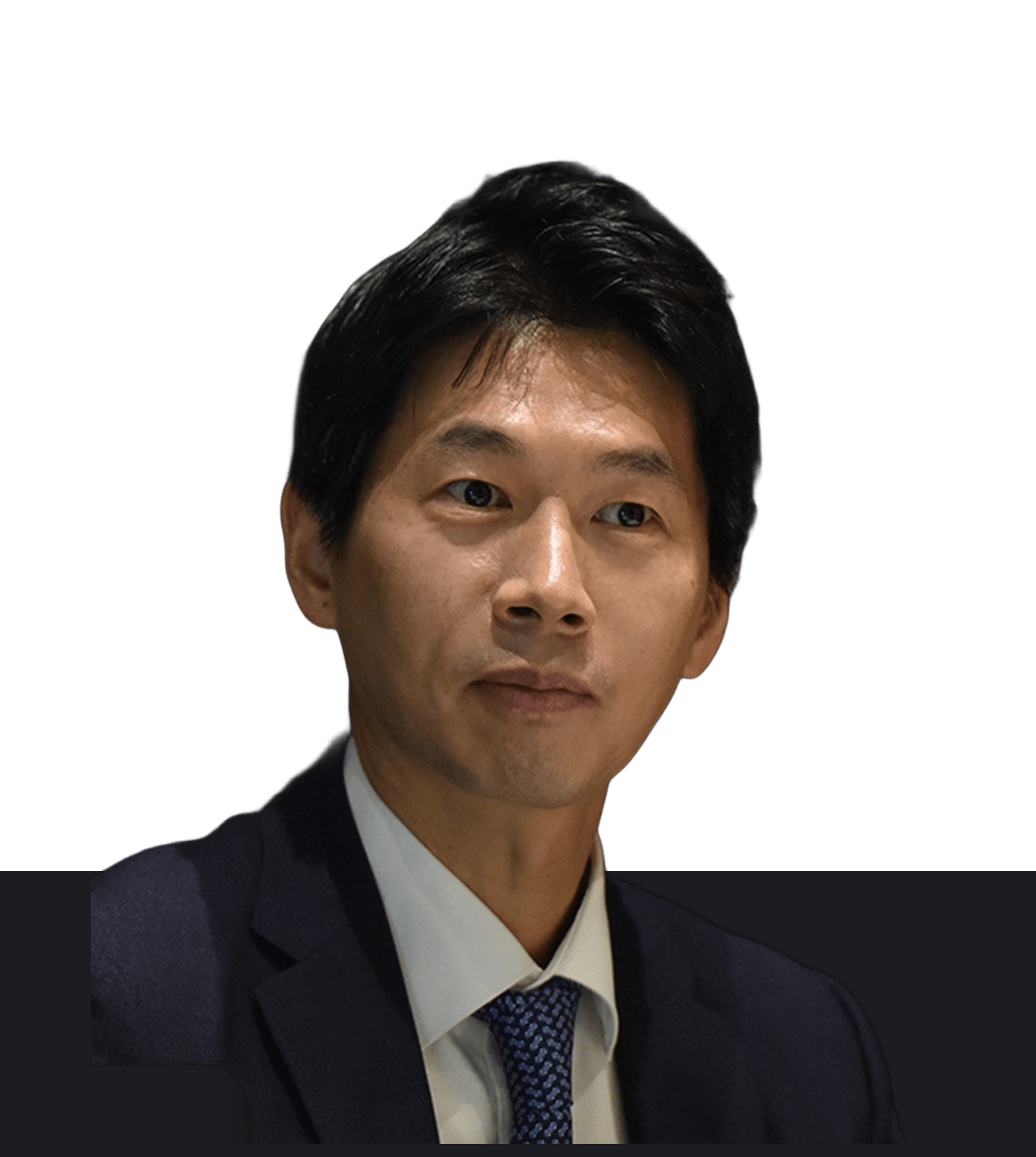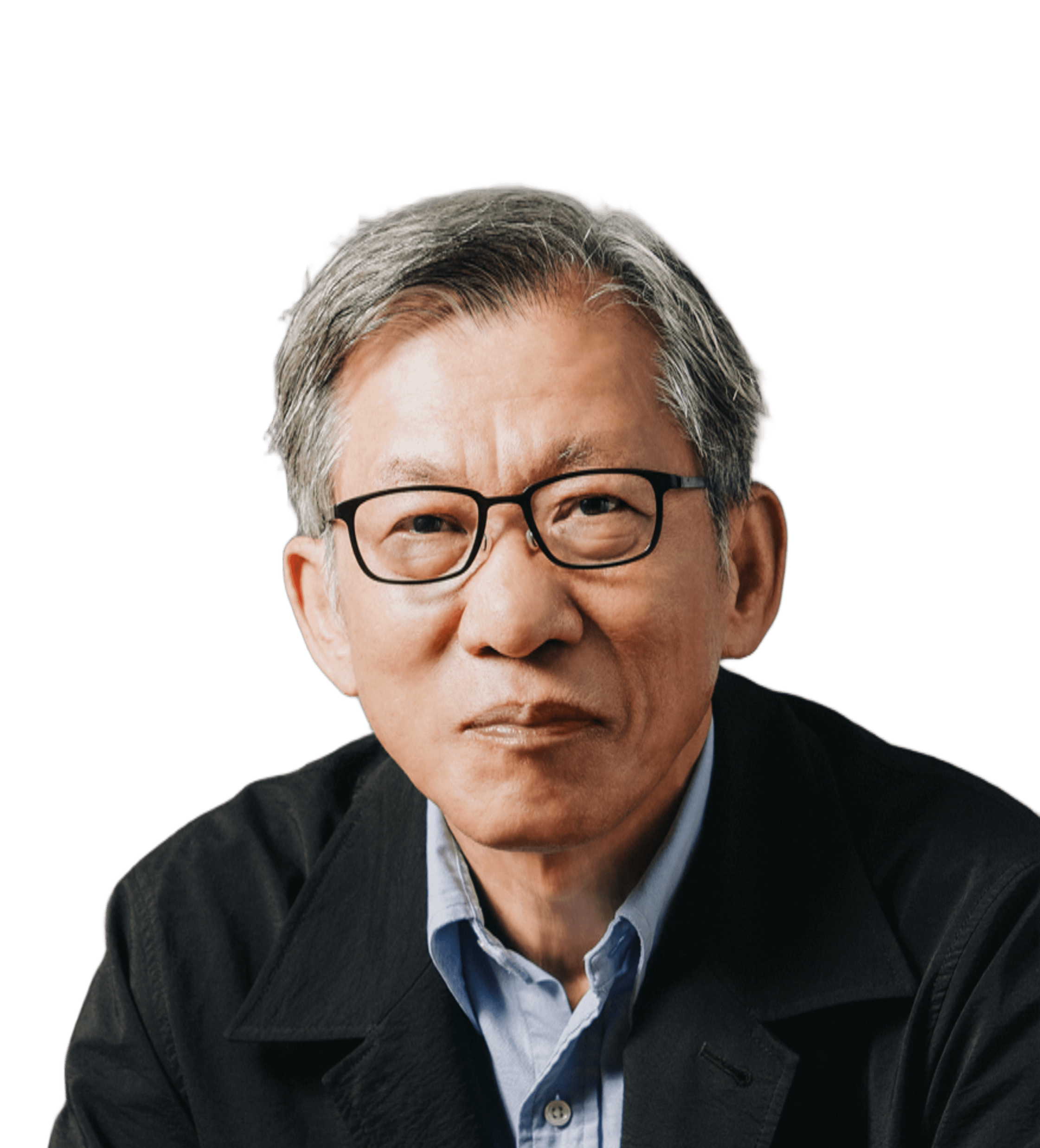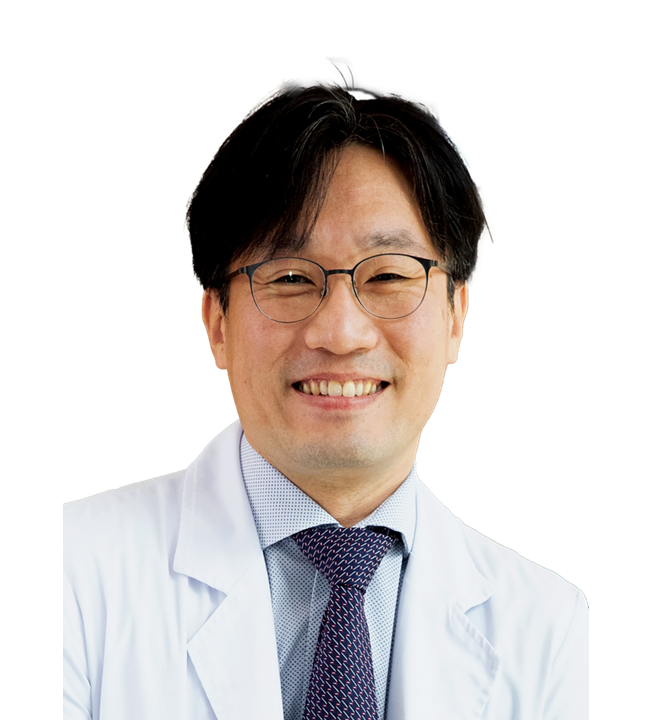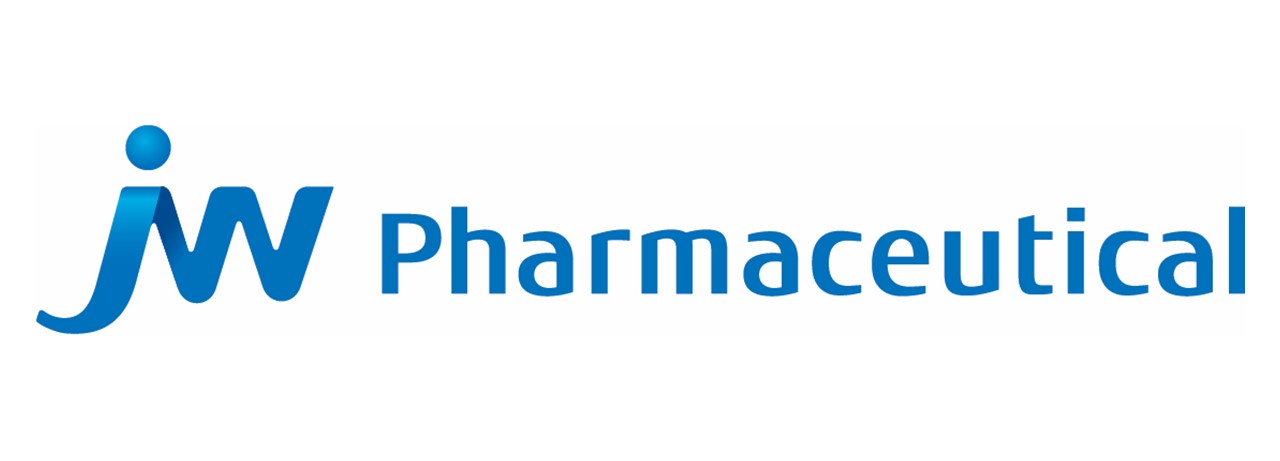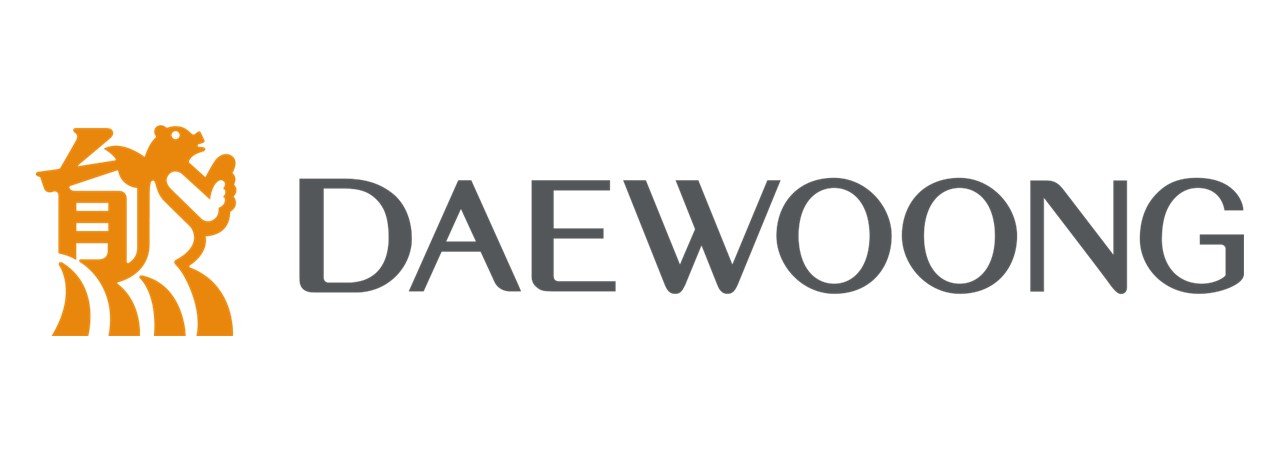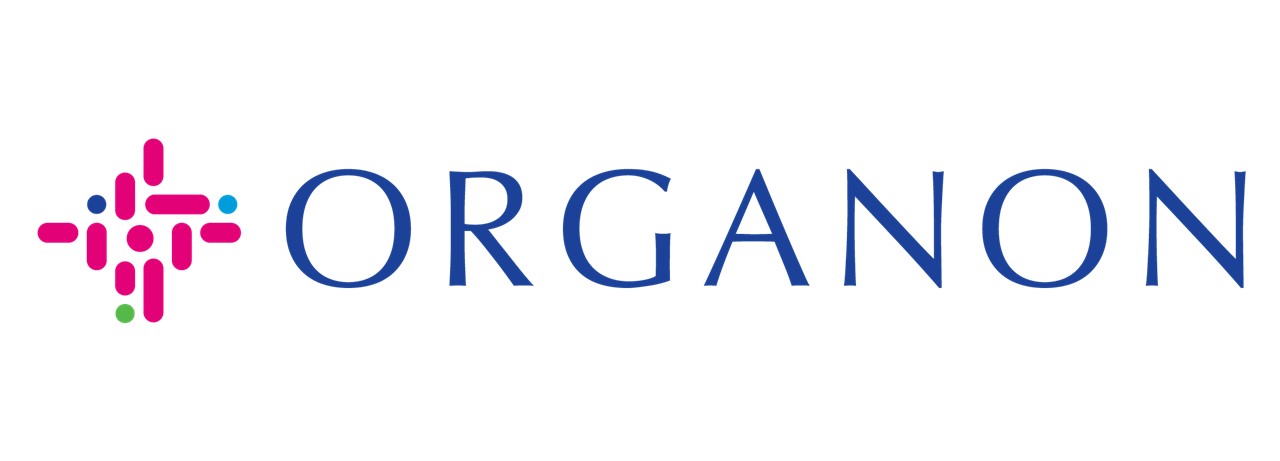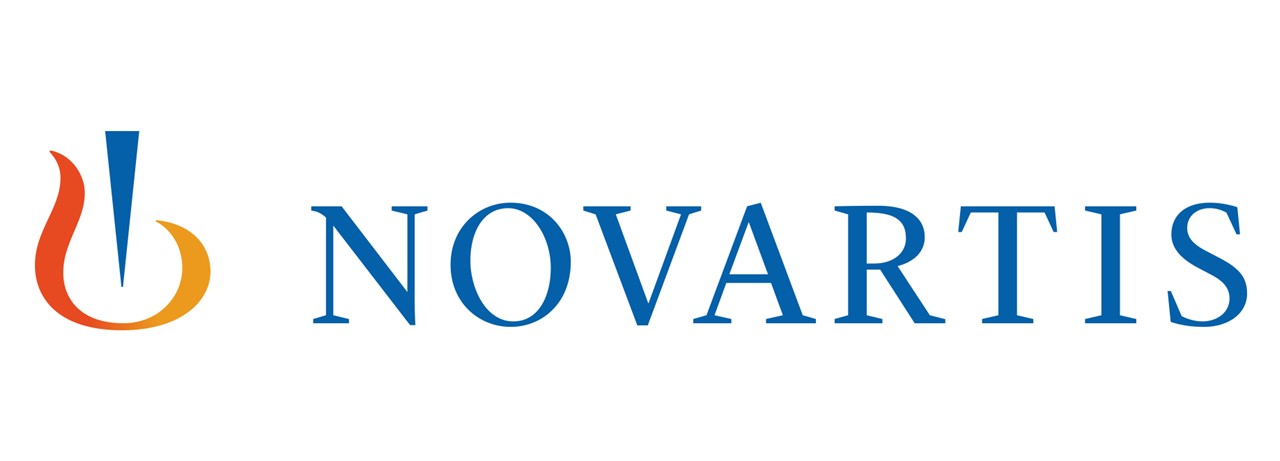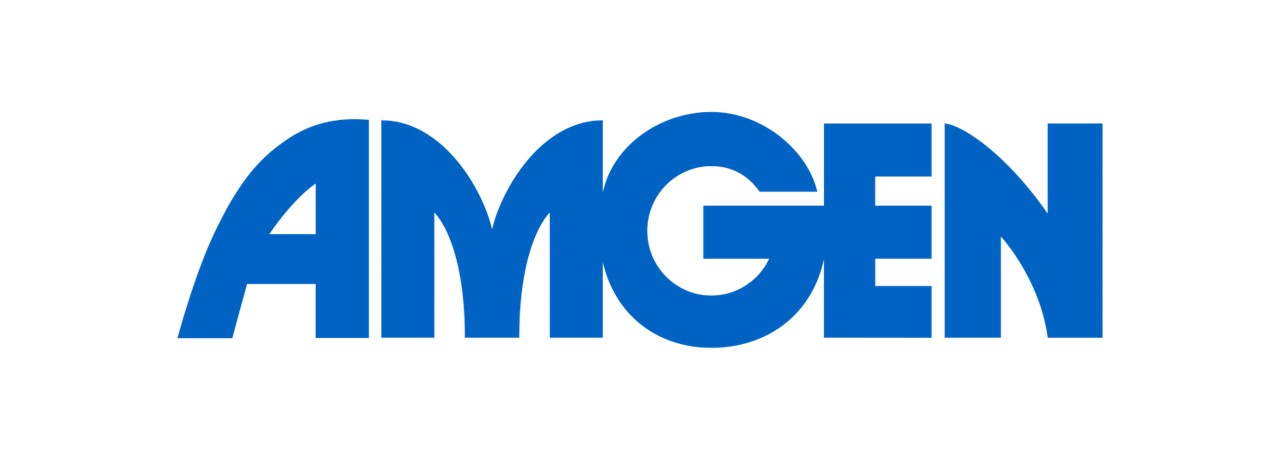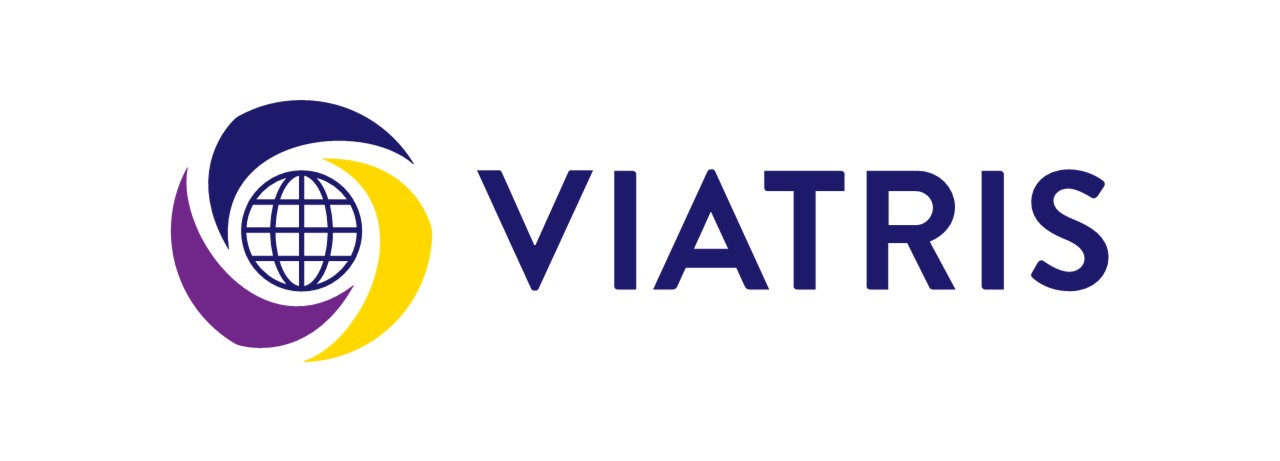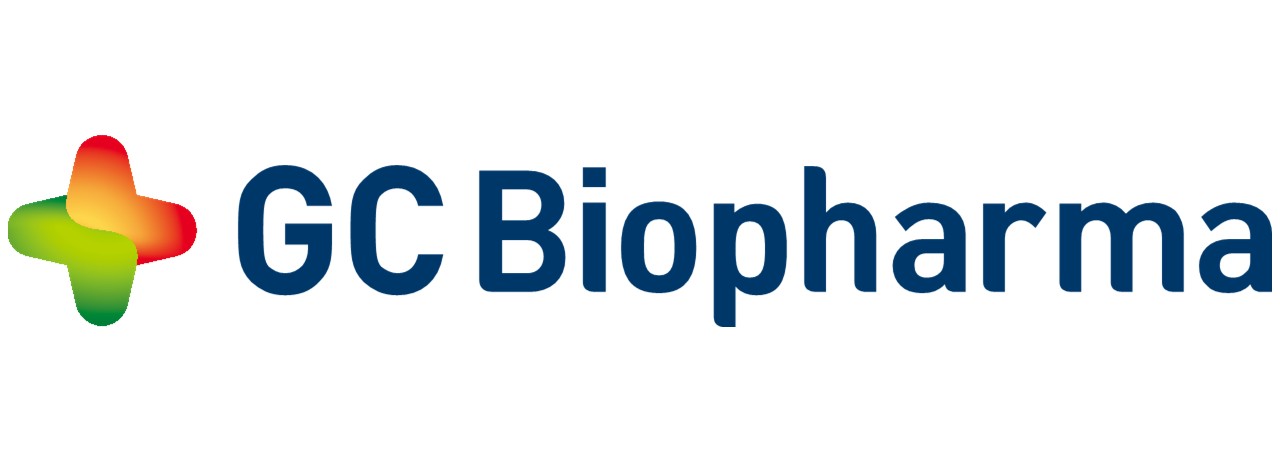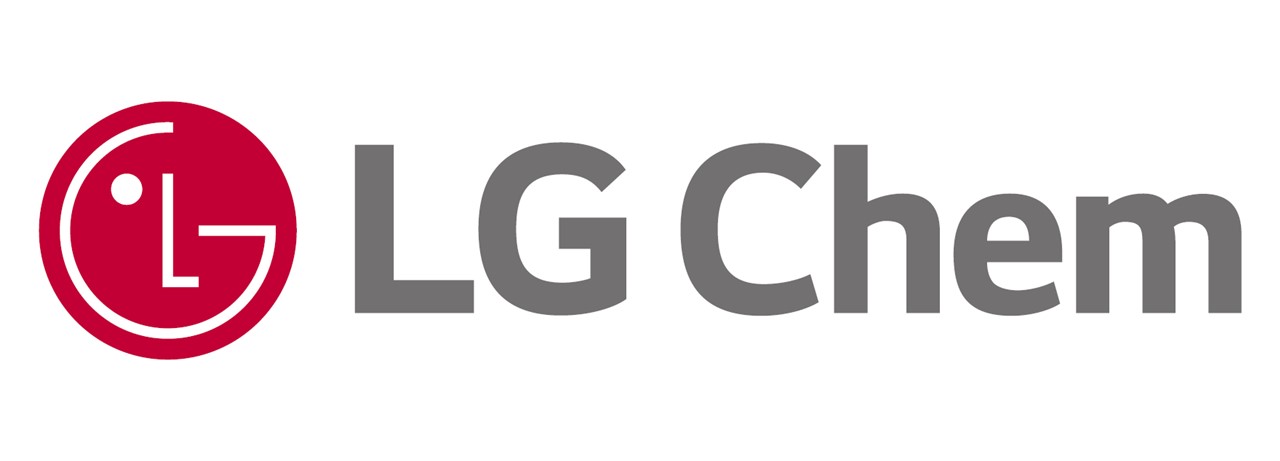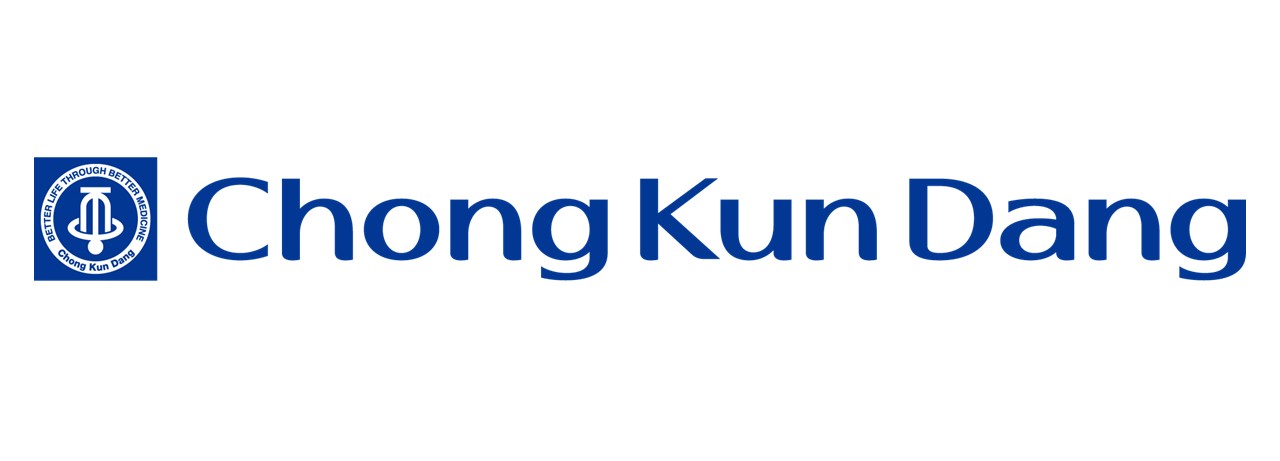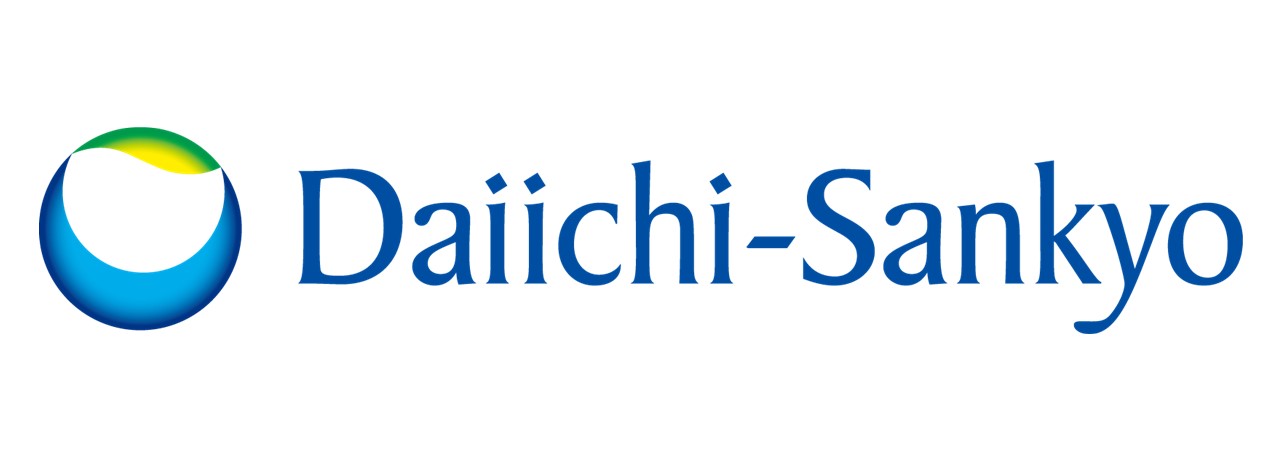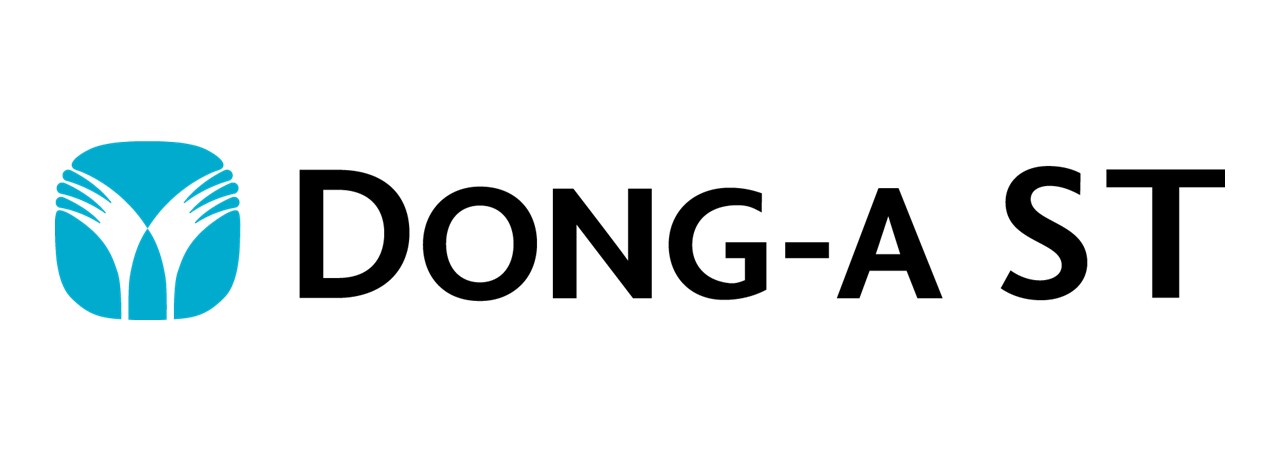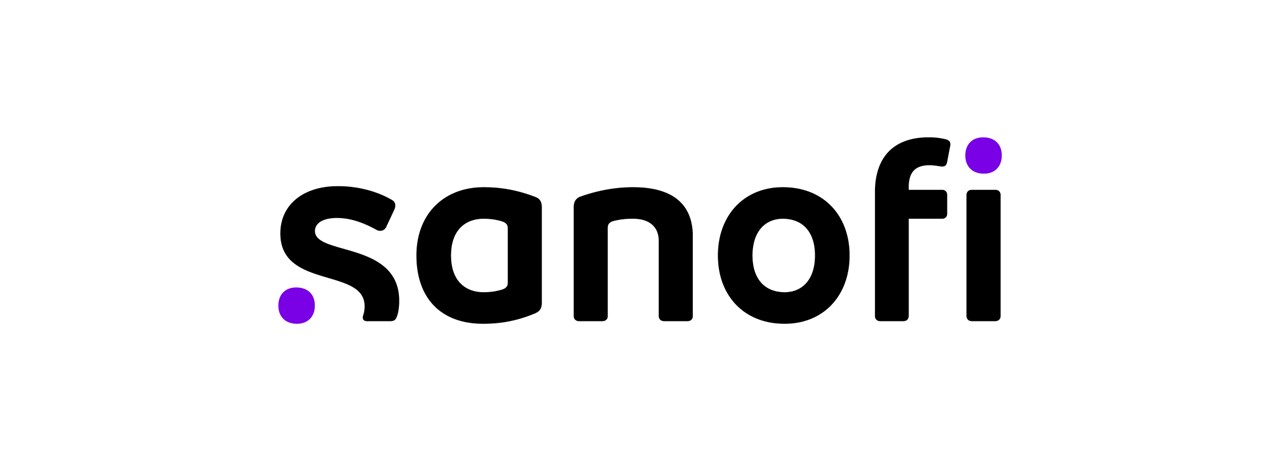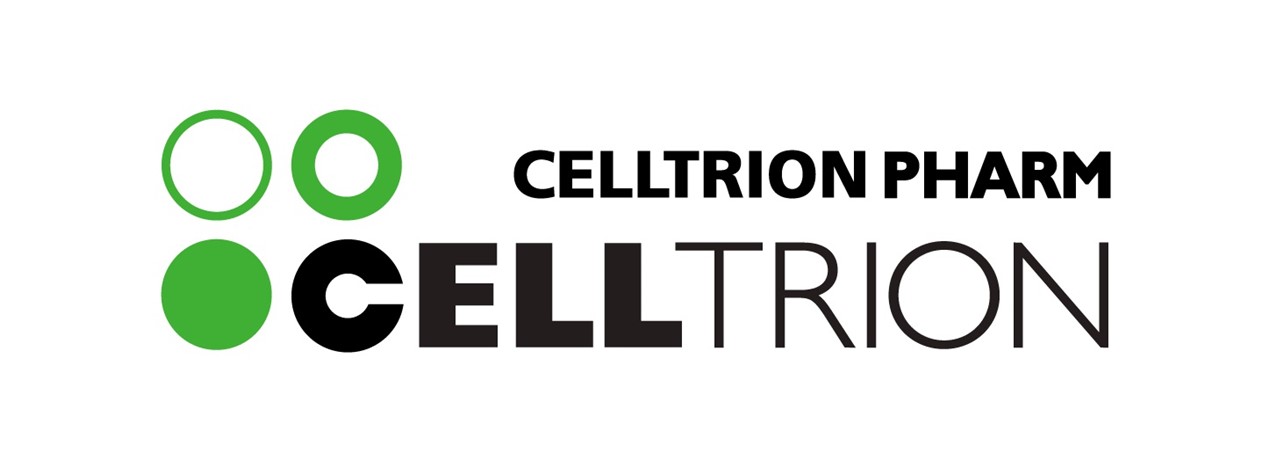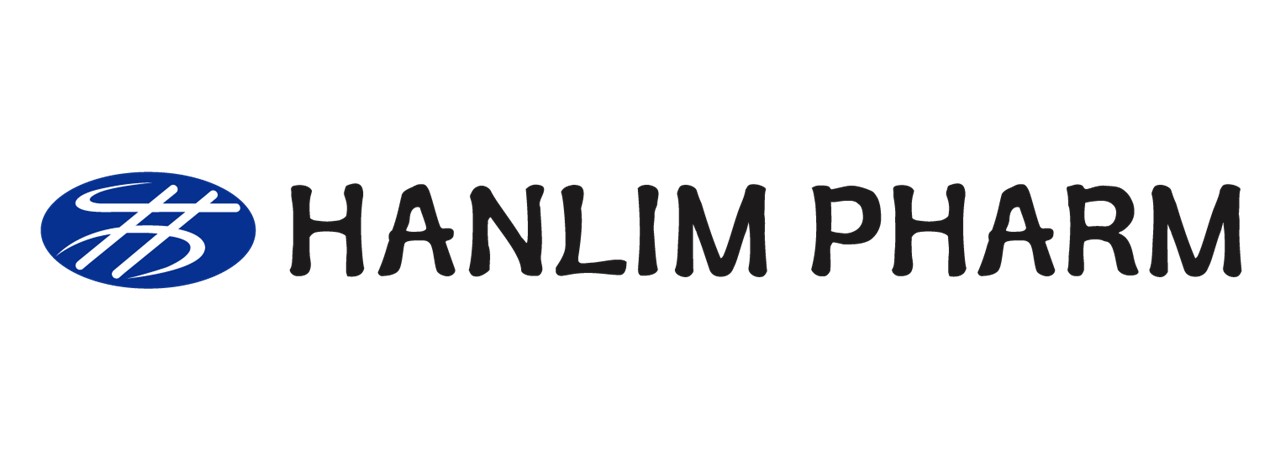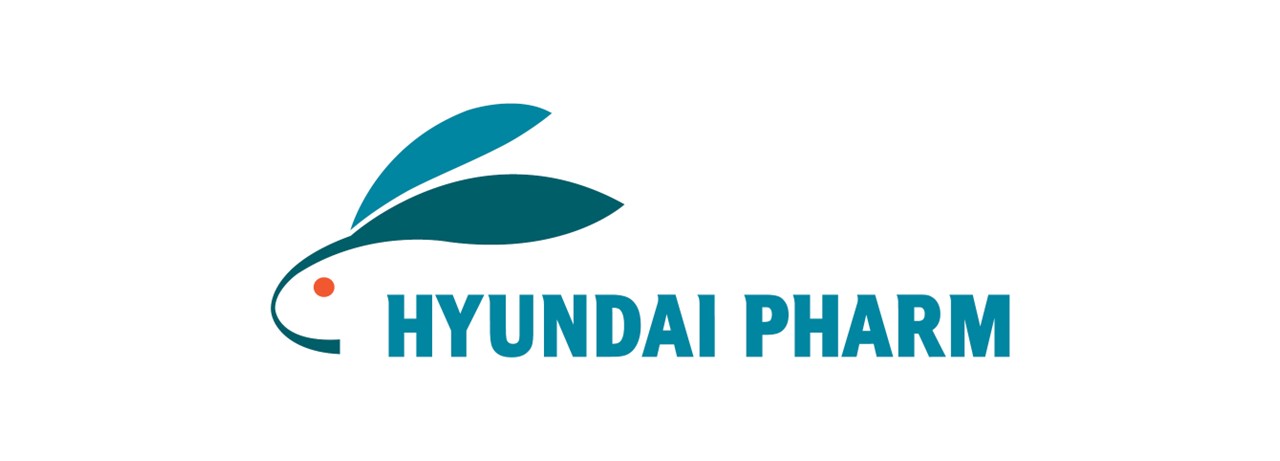Management of Dyslipidemia: Current Perspectives and Future Directions in Korea
Chairperson(s) : 김상현 이사장 (한국지질동맥경화학회), 조연희 회장 (한국건강검진학회)
Panel(s) : 이창현 이사 (한국건강검진학회), 이금숙 특임이사 (한국의학바이오기자협회), 곽경근 부회장 (대한내과의사회), 전하윤 사무관 (보건복지부)
-
인사말
박주민 위원장 국회 보건복지위원회 13:00~13:10 -
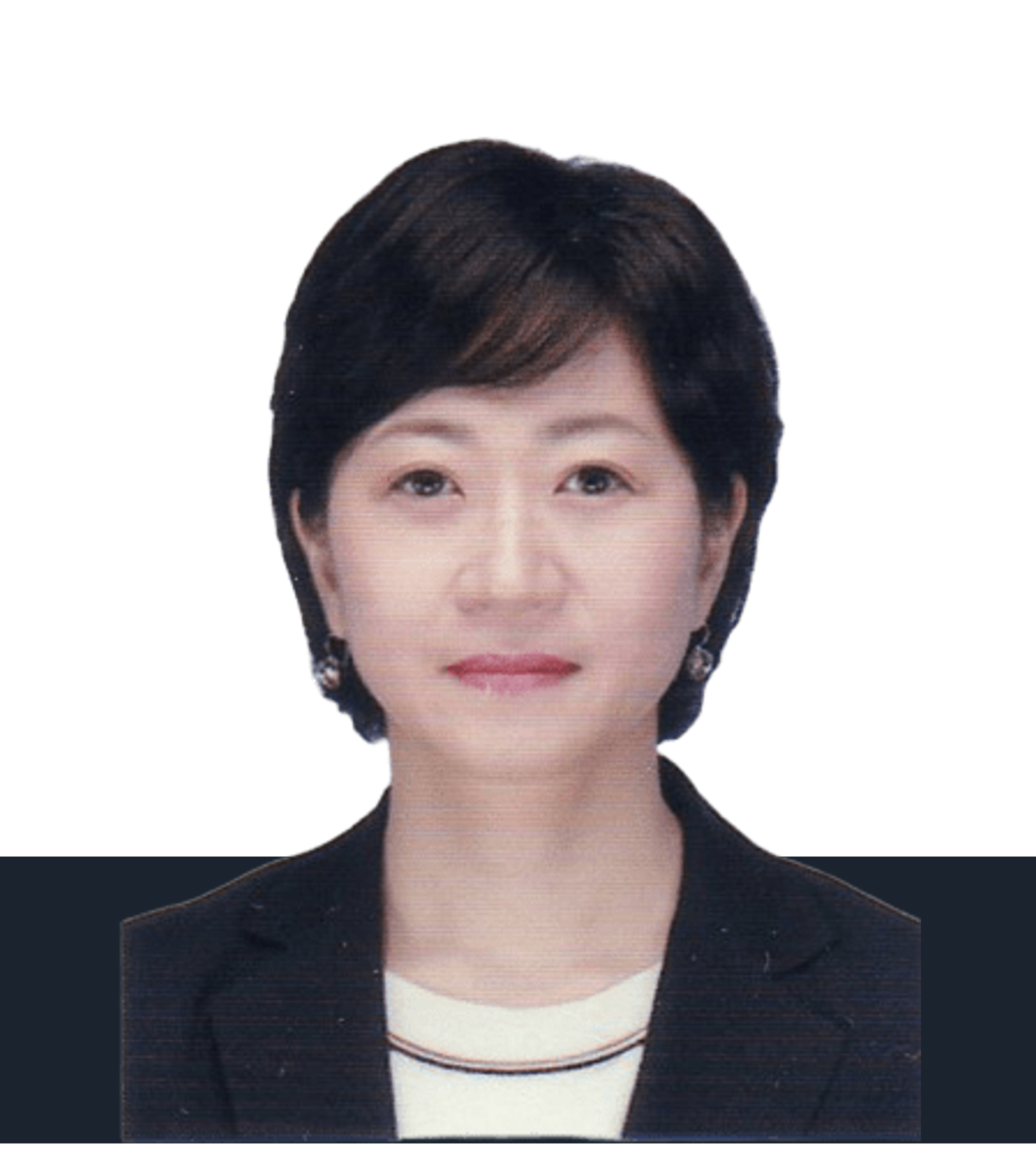
지질관리! 이상지질혈증 치료 현황과 급여 기준 현실화
정인경 이사 한국지질·동맥경화학회 13:10~13:25 -
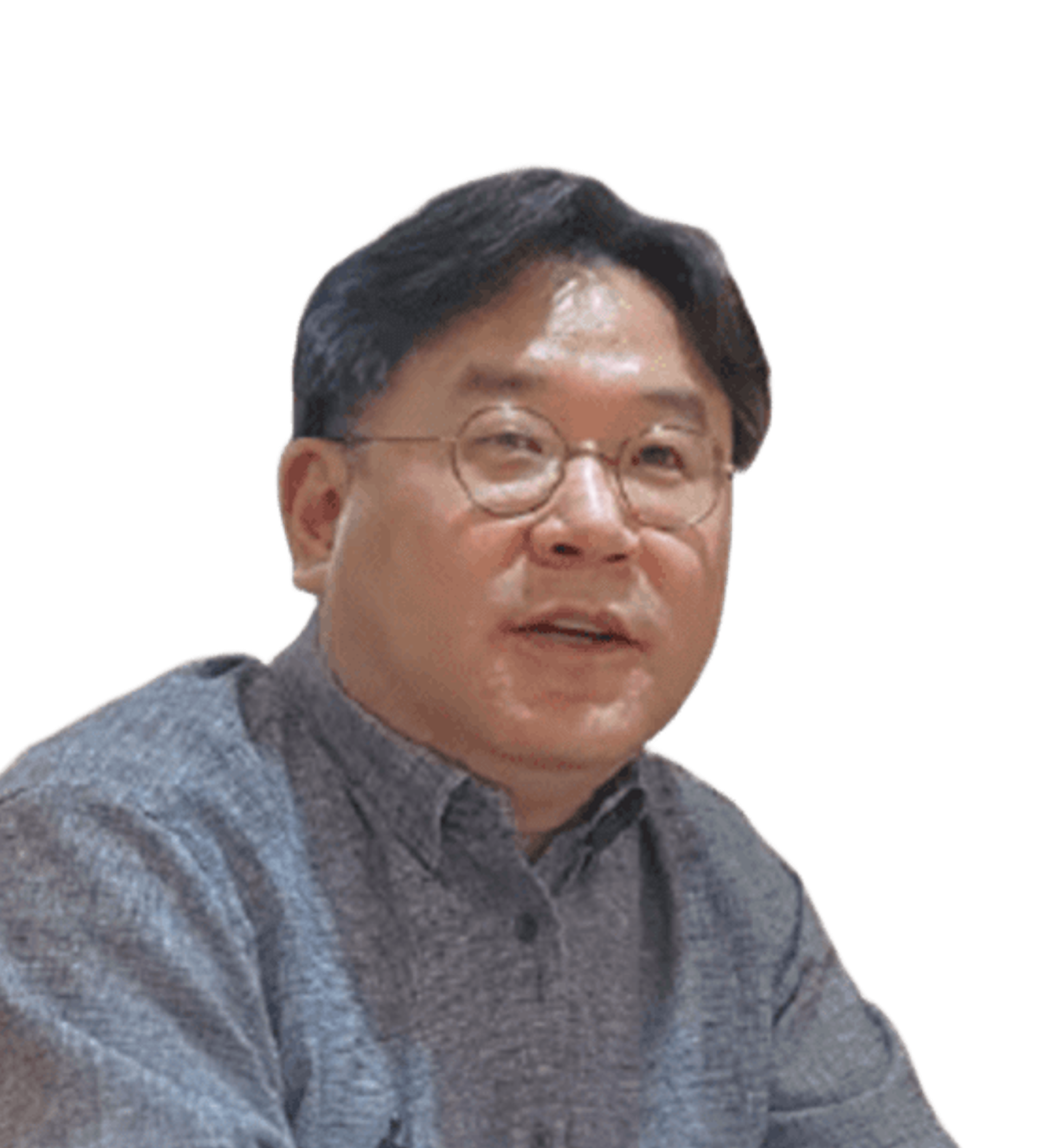
지질관리! 혈압, 혈당 관리를 넘어 - 만성질환 통합 관리와 이상지질혈증
백재욱 이사 대한가정의학과의사회 13:25~13:40 -
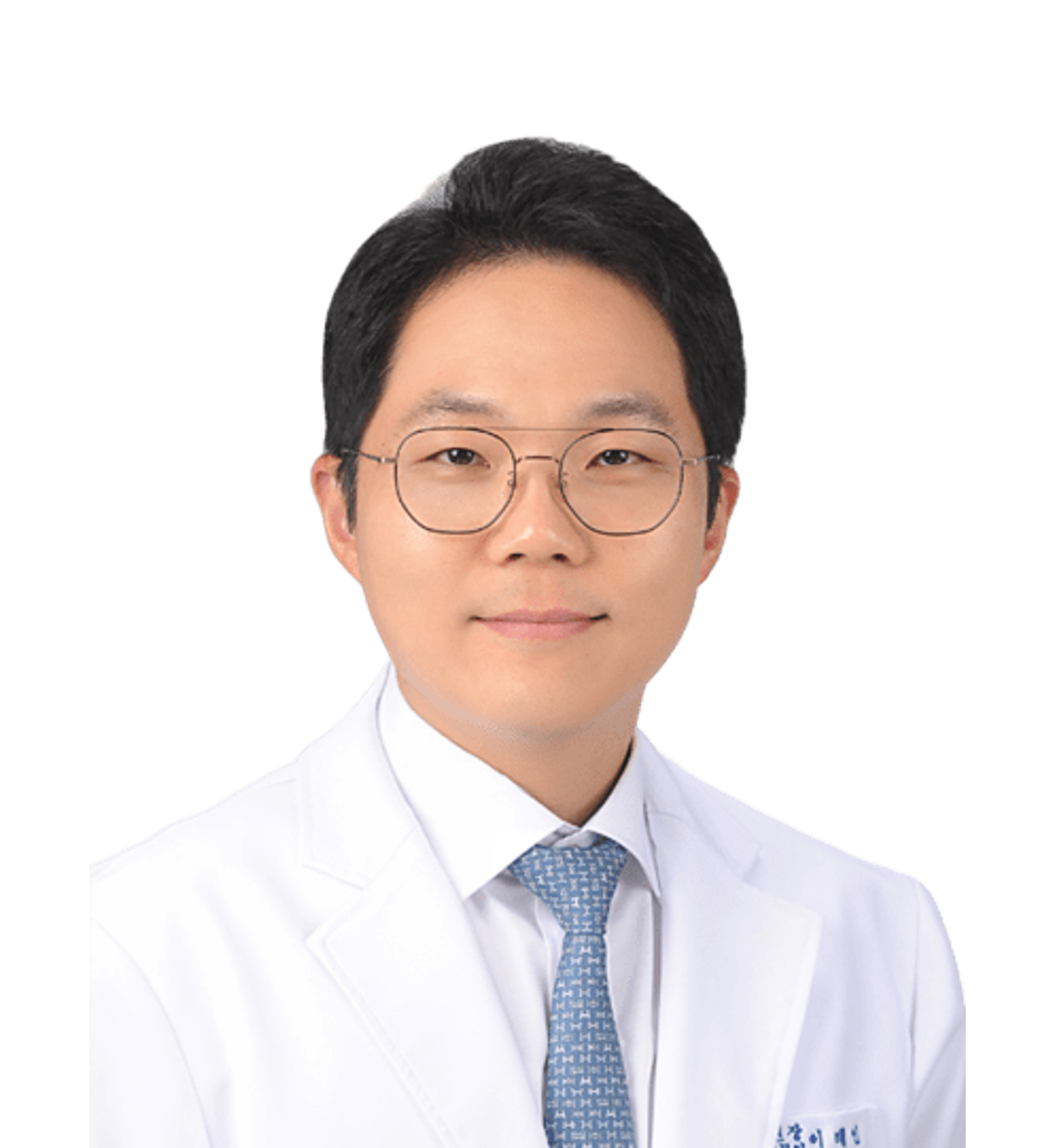
지질관리! 현장의 목소리 - 일차의료 현장의 현실과 지원방안에 대한 요구
이태인 이사 한국건강검진학회 13:40~13:55 -

지질관리! 더 빨리, 더 정확히 - 초고령화 시대, 더 오래 더 건강하기 위한 조기검진과 치료의 중요성
김은지 교수 가천의대 예방의학과 13:55~14:10 - 패널토의 및 기자질의 14:10~14:30
Chairperson(s) : Hyun-Sook Kim (Sookmyung Women's University, Republic of Korea), Eun Mi Kim (Sungkyunkwan University, Republic of Korea)
Panel(s) : Hyunju Kang (Keimyung University, Republic of Korea), Jeongseon Kim (National Cancer Center, Republic of Korea), Hoyoun Won (Chung-Ang University, Republic of Korea)
DetailSymposium 2, titled “Cutting-edge Nutritional Approach for Cardiometabolic Risk Strategies,” will highlight the latest research in nutritional science aimed at preventing and treating cardiovascular and metabolic diseases. Professor Jordi Merino Ribas (University of Copenhagen, Denmark) will examine the interplay between molecular and environmental factors in the new era of precision medicine, laying the foundation for personalized nutritional strategies. Professor Hyun Ju You (Seoul National University, Republic of Korea) will assess the relationship between the human microbiome and cardiometabolic health. Dr. Hyekyoung Sung (York University, USA) will then present in-depth insights into the nutritional regulation of iron metabolism in cardiometabolic diseases. These distinguished presentations will feature the efficacy of personalized nutritional interventions in guiding comprehensive prevention and management strategies for cardiovascular and metabolic disorders.
-
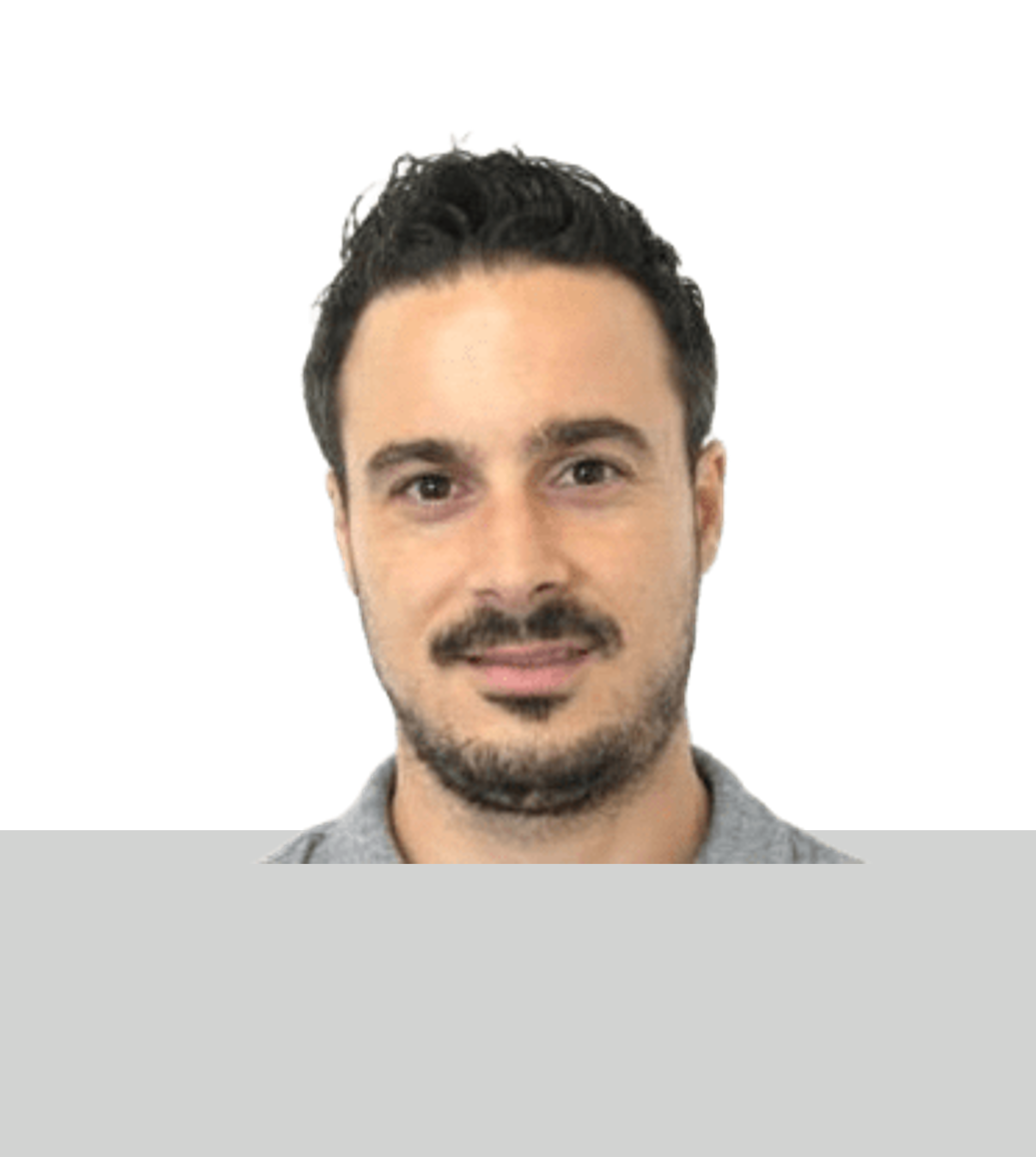
Interplay between molecular and environmental factors in the new era of precision medicine
Jordi Merino University of Copenhagen, Denmark 13:00~13:20 -
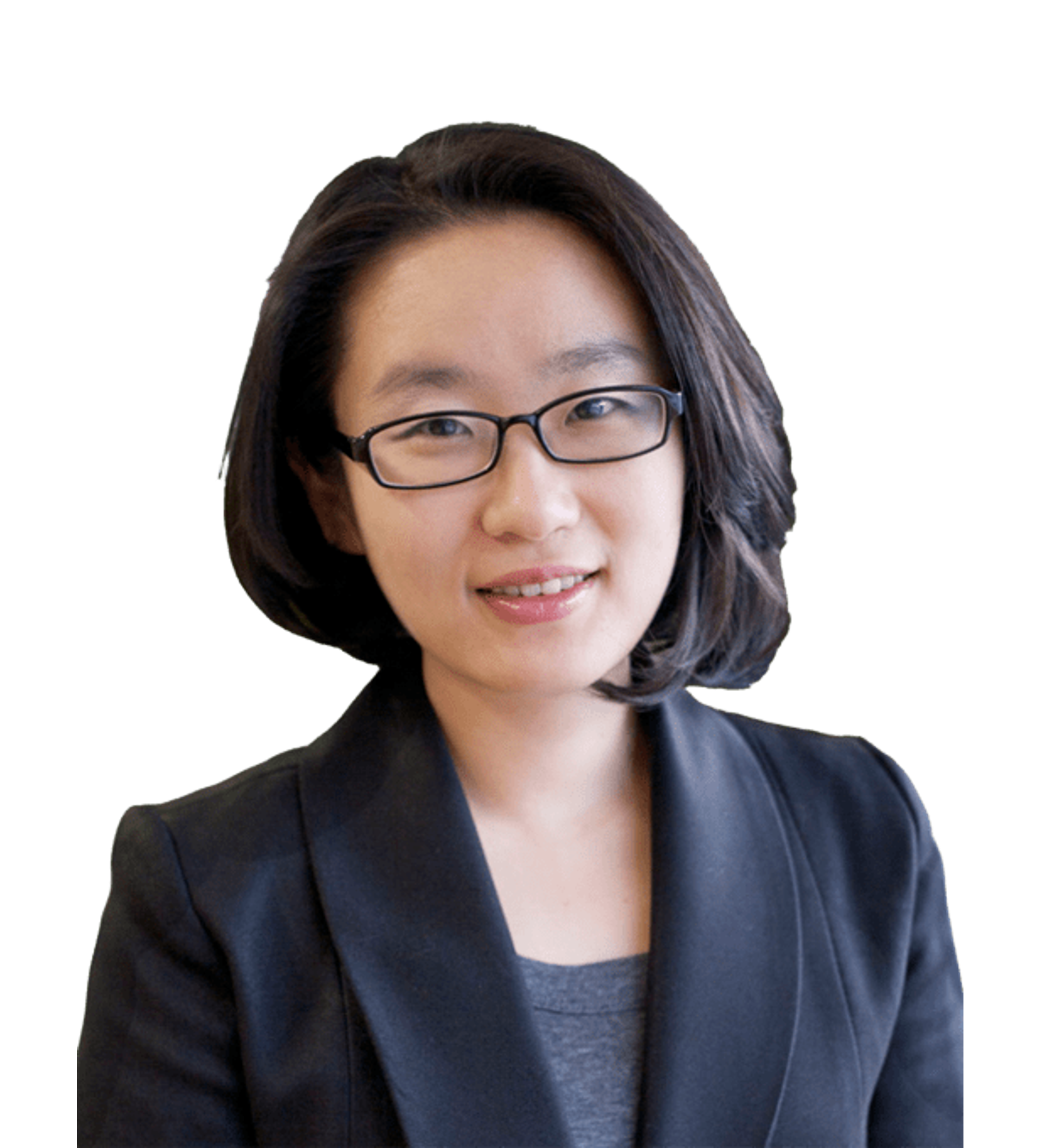
Human microbiome and the path to cardiometabolic health
Hyun Ju You Seoul National University, Republic of Korea 13:20~13:40 -

Iron overload, autophagy dysfunction, and ferroptosis: mechanistic insights into cardiometabolic disease
Hyekyoung Sung York University, Canada 13:40~14:00 - Panel Discussion 14:00~14:30
Chairperson(s) : Myung A Kim (Seoul National University, Republic of Korea), Byung Jin Kim (Sungkyunkwan University, Republic of Korea)
Panel(s) : Soo-Jin Kim (Kosin University, Republic of Korea), Wonjin Kim (Cha University, Republic of Korea), Joonpyo Lee (Gachon University, Republic of Korea), Seong Huan Choi (Inha University, Republic of Korea)
DetailLipoprotein(a) has emerged as an independent cardiovascular risk factor, yet its clinical significance varies across populations and metabolic states. This session brings together key insights on Lp(a): epidemiologic data on ASCVD in Asian populations (Dr. Young Woo Jang), its paradoxical inverse association with metabolic risk (Dr. Jung A Kim), and practical guidance on Lp(a) measurement and reporting (Dr. Sang-Guk Lee). Together, these talks aim to clarify current controversies and highlight the nuances that clinicians and researchers must consider in the era of precision lipidology.
-
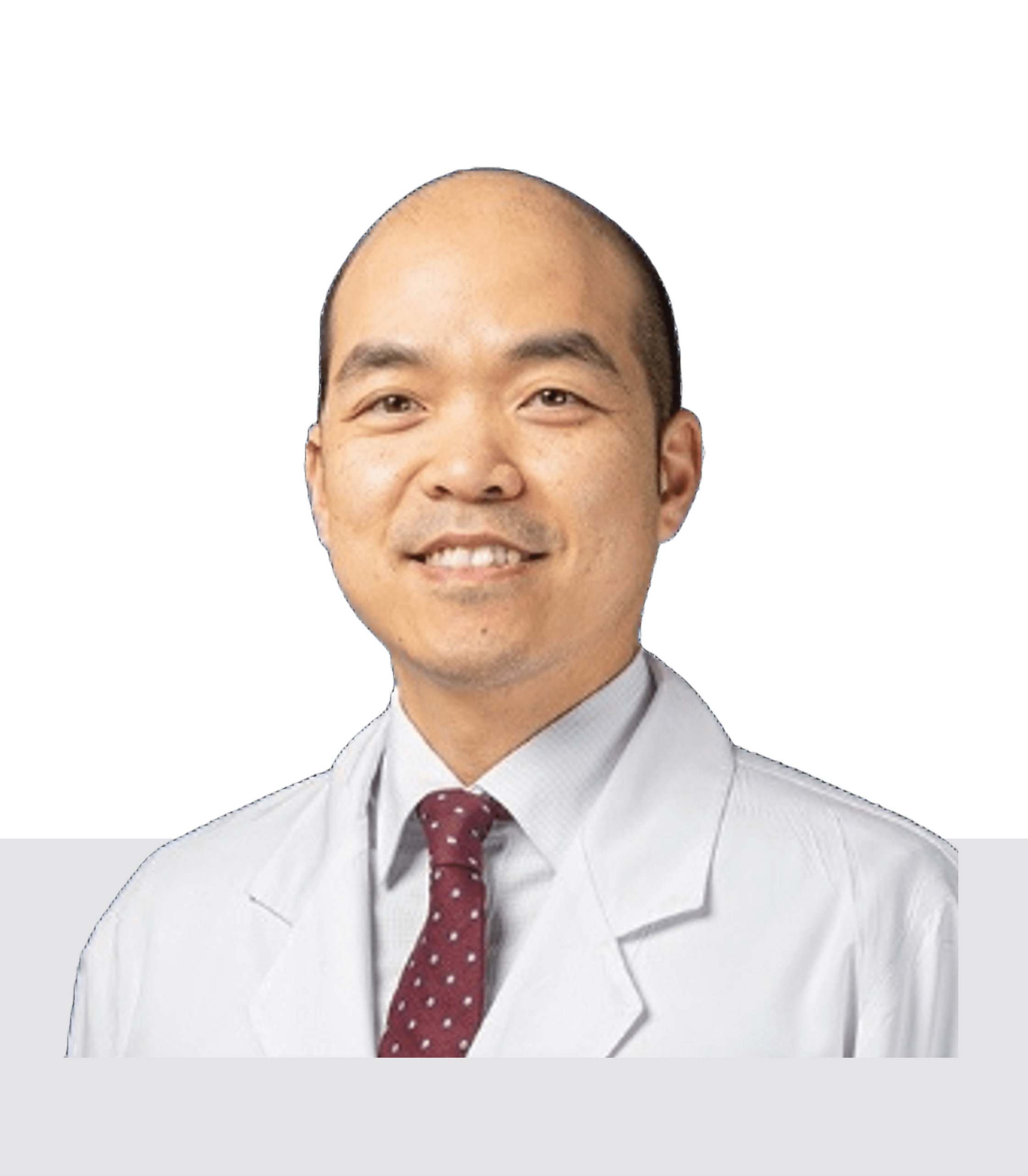
Epidemiologic evidence on Lp(a) and ASCVD in Asian populations
Youngwoo Jang Gachon University, Republic of Korea 13:00~13:20 -

The inverse link between Lp(a) and metabolic risk: signal or noise?
Jung A Kim Korea University, Republic of Korea 13:20~13:40 -

Lp(a) testing today: mind the method, mind the unit
Sang-Guk Lee Yonsei University, Republic of Korea 13:40~14:00 - Panel Discussion 14:00~14:30
Chairperson(s) : Jae-Ryong Kim (Yeungnam University, Republic of Korea), Hyoung Kyu Kim (Inje University, Republic of Korea)
Panel(s) : Kyuho Kim (The Catholic University of Korea, Republic of Korea), Jeonghan Kim (The Catholic University of Korea, Republic of Korea), Chang-Hoon Woo (Yeungnam University, Republic of Korea)
DetailThis session will explore novel insights into the role of lipid toxicity and platelet signaling in the pathogenesis of atherosclerotic inflammation. Professor Ok-Nam Bae from Hanyang University, Republic of Korea, will present on how environmental toxicants such as nanoparticles and biocides disrupt lipid homeostasis and promote vascular inflammation. Professor Jun Young Hong from Yonsei University, Republic of Korea, will discuss immune-driven remodeling of lipid metabolism that induces whitening of brown adipose tissue under thermoneutral conditions, highlighting the crosstalk between immunity and energy metabolism. Professor Jin O-Uchi from University of South Florida, USA, will elucidate the functional role of the mitochondrial calcium uniporter in human platelets and its impact on platelet aggregation and thrombosis. This multidisciplinary session will offer a comprehensive view on how metabolic stress, immune dysregulation, and platelet activation converge to drive vascular pathology.
-

From nanoparticles to biocides: how toxic chemicals alter lipid homeostasis and accelerate atherosclerotic events
Ok-Nam Bae Hanyang University, Republic of Korea 13:00~13:20 -

Immune modulation of lipid metabolism promotes BAT whitening under thermoneutral conditions
Jun Young Hong Yonsei University, Republic of Korea 13:20~13:40 -
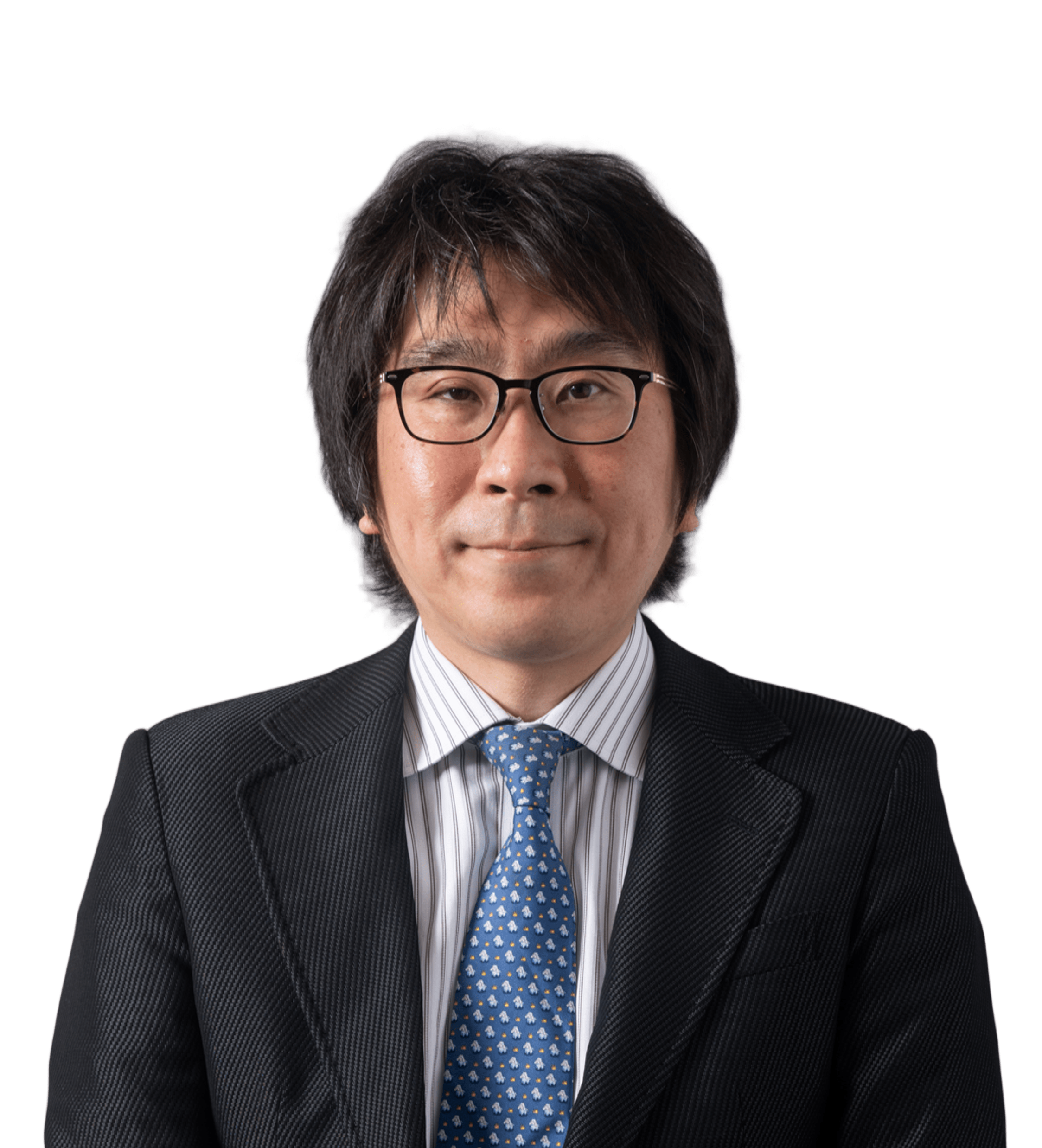
Role of MCU in human platelet aggregation
Jin O-Uchi University of South Florida, USA 13:40~14:00 - Panel Discussion 14:00~14:30
Chairperson(s) : Hyun Kook (Chonnam National University, Republic of Korea), Kyung Woo Park (Seoul National University, Republic of Korea)
-
ApoA1 and HDL selectively protect the heart during doxorubicin chemotherapy via hepatic SR-B1
Jeong-Ah Yoo McMaster University, Hamilton, Ontario, Canada 14:40~14:50 -
Lipid profiling of plasma extracellular vesicles from adiponectin deficient mice reveals pro-oxidative and pro-inflammatory lipid signatures driving metabolic dysfunction
Sungji Cho York University, Canada 14:50~15:00 -
Atherosclerosis associated with HIV - is it a result of treatment or inmflammation?
Nuriyat Efendieva Pirogov Russian National Research Medical University, Russia Federation 15:00~15:10 -
Anti-atherosclerotic effect of thymol extract via regulating inflammation and oxidative stress and EGFR/PI3K/Akt/GSK-3β pathway in rats
Niti Singh CSVTU, Bhilai, India 15:10~15:20 -
PCSK9 deficiency promotes ANP-mediated protection against post-infarction cardiac inflammation
NaHyeon Yoon Ewha Womans University, Republic of Korea 15:20~15:30 -
Targeting LGI3 attenuates atherosclerosis by modulating inflammatory responses and plaque development
Jing Jin Ewha Womans University, Republic of Korea 15:30~15:40 -
Proteomic profiling of inflammatory and non-lipid determinants of plaque instability in myocardial infarction
Monirujjaman Biswas Jawaharlal Nehru University, India 15:40~15:50 -
The role of NLRP3 inflammasome activation in atherosclerosis: a systematic review and meta-analysis
Alaa Ramadan South Valley University, Faculty of Medicine, Egypt 15:50~16:00
Chairperson(s) : Hun Sik Park (Kyungpook National University, Republic of Korea), Myung-gon Kim (Catholic Kwandong University, Republic of Korea)
Panel(s) : Dae-Young Kim (Inha University, Republic of Korea), Seok Oh (Chonnam National University, Republic of Korea), Hyung Joon Joo (Korea University, Republic of Korea)
DetailThe rapid advancement of artificial intelligence (AI) is transforming precision diagnostics and risk stratification in atherosclerosis and cardiovascular diseases. In this symposium, leading experts will present the most recent studies leveraging AI for accurate diagnosis and risk assessment of cardiovascular conditions. Professor Paul Leeson from University of Oxford, UK, will provide insights from the PROTEUS randomized controlled trial (RCT), demonstrating how AI-assisted stress echocardiography can enhance the diagnosis of coronary atherosclerosis and cardiovascular risk prediction. Subsequently, Dr. Junmyung Kwon from Medical AI, Republic of Korea, will discuss the application of AI-enhanced electrocardiography technology for early detection of acute myocardial infarction and effective cardiovascular risk stratification. Lastly, Professor SungA Bae from Yonsei University, Republic of Korea, will present findings from the AI-Gatekeeper RCT trial, comparing artificial intelligence-based screening of coronary artery disease with usual clinical care, showcasing its clinical advantages and potential implications. This symposium provides an excellent opportunity to explore how integrating clinical medicine with AI technology is shaping the future of precision cardiovascular medicine.
-

Coronary atherosclerosis and cardiovascular risk prediction through AI-assisted stress echocardiography: insights from the PROTEUS RCT trial
Paul Leeson University of Oxford, UK 14:40~15:00 -
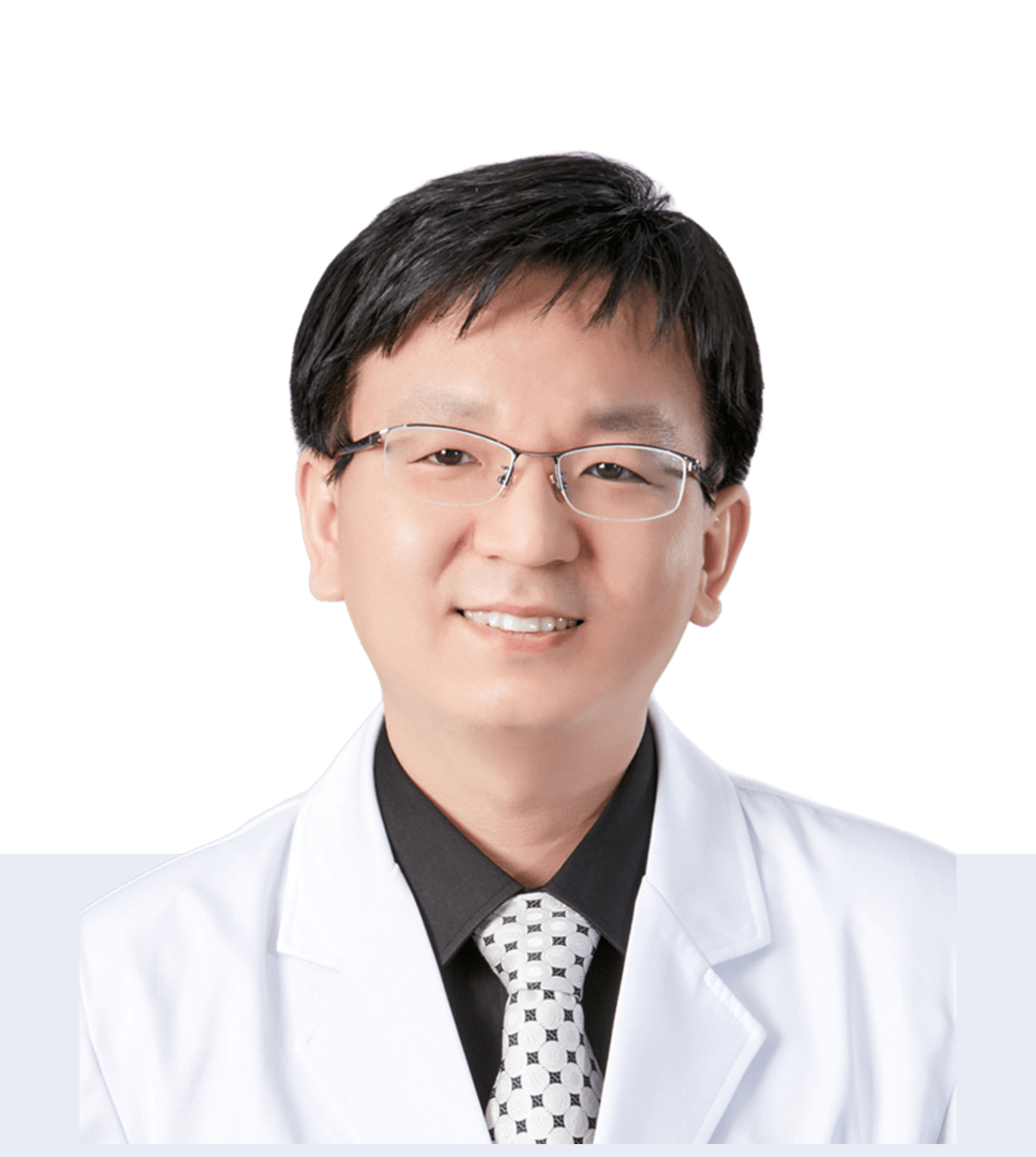
AI-enhanced ECG for acute myocardial infarction detection and cardiovascular risk stratification
Junmyung Kwon Medical AI, Republic of Korea 15:00~15:20 -
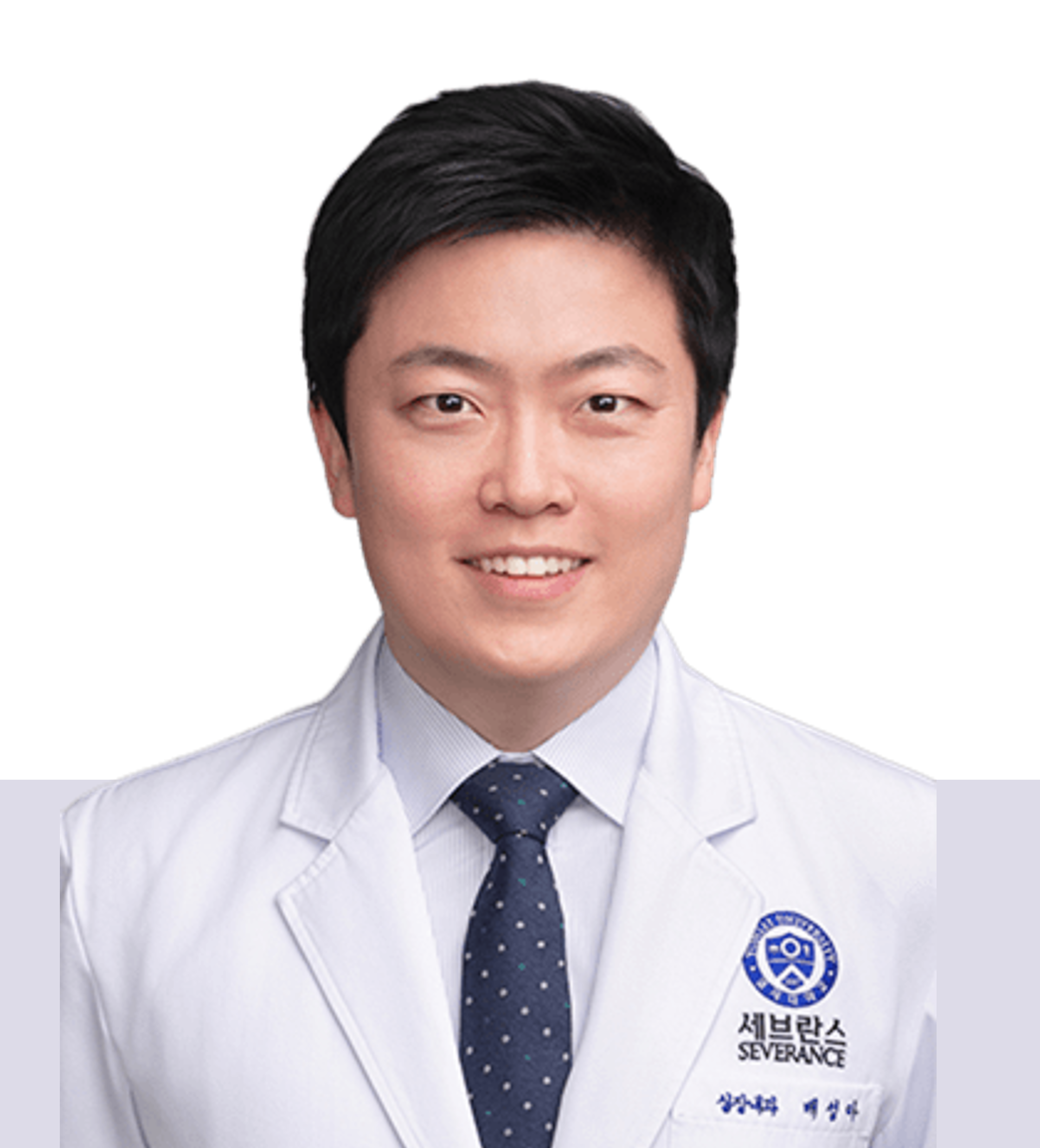
Artificial intelligence-based coronary artery disease screening versus usual care for patients with suspected coronary artery disease: AI-Gatekeeper randomized controlled trial
SungA Bae Yonsei University, Republic of Korea 15:20~15:40 - Panel Discussion 15:40~16:10
Chairperson(s) : Hyeon Chang Kim (Yonsei University, Republic of Korea), SungHee Choi (Seoul National University, Republic of Korea)
Panel(s) : Se-eun Park (Sungkyunkwan University, Republic of Korea), Yong-Jae Lee (Yonsei University, Republic of Korea), Keum Ji Jung (Yonsei University, Republic of Korea)
DetailCardiovascular risk prediction is a key step for guiding primary prevention therapy such as statins. However, cardiovascular risk models have not yet been incorporated into clinical practice guidelines in Korea. This session will discuss the current research landscape of cardiovascular risk prediction in the general population and in special subgroups, particularly focusing on their potential applicability in clinical practice and future directions.
-
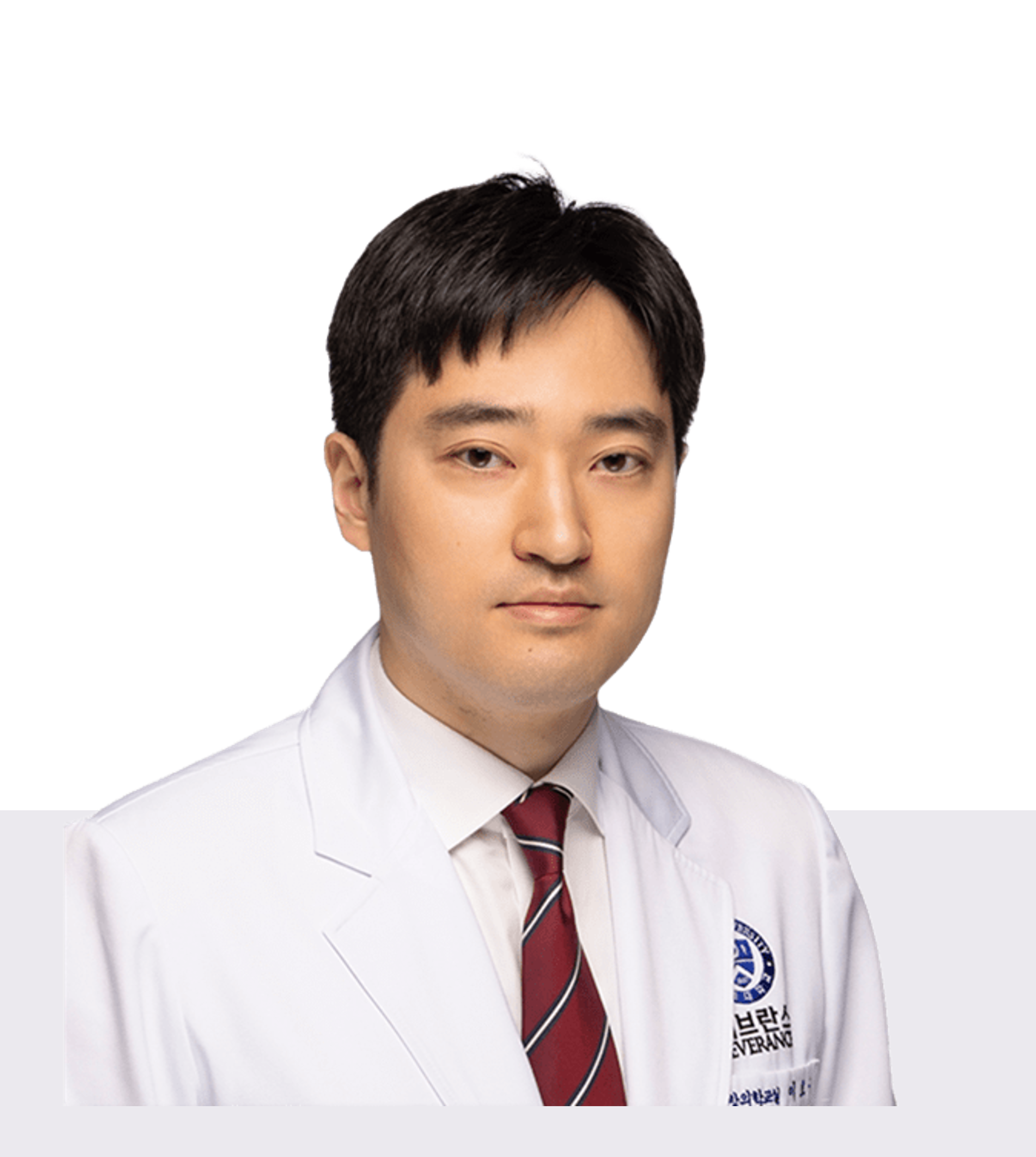
CVD risk prediction in low-risk population
Hokyou Lee Yonsei University, Republic of Korea 14:40~15:00 -
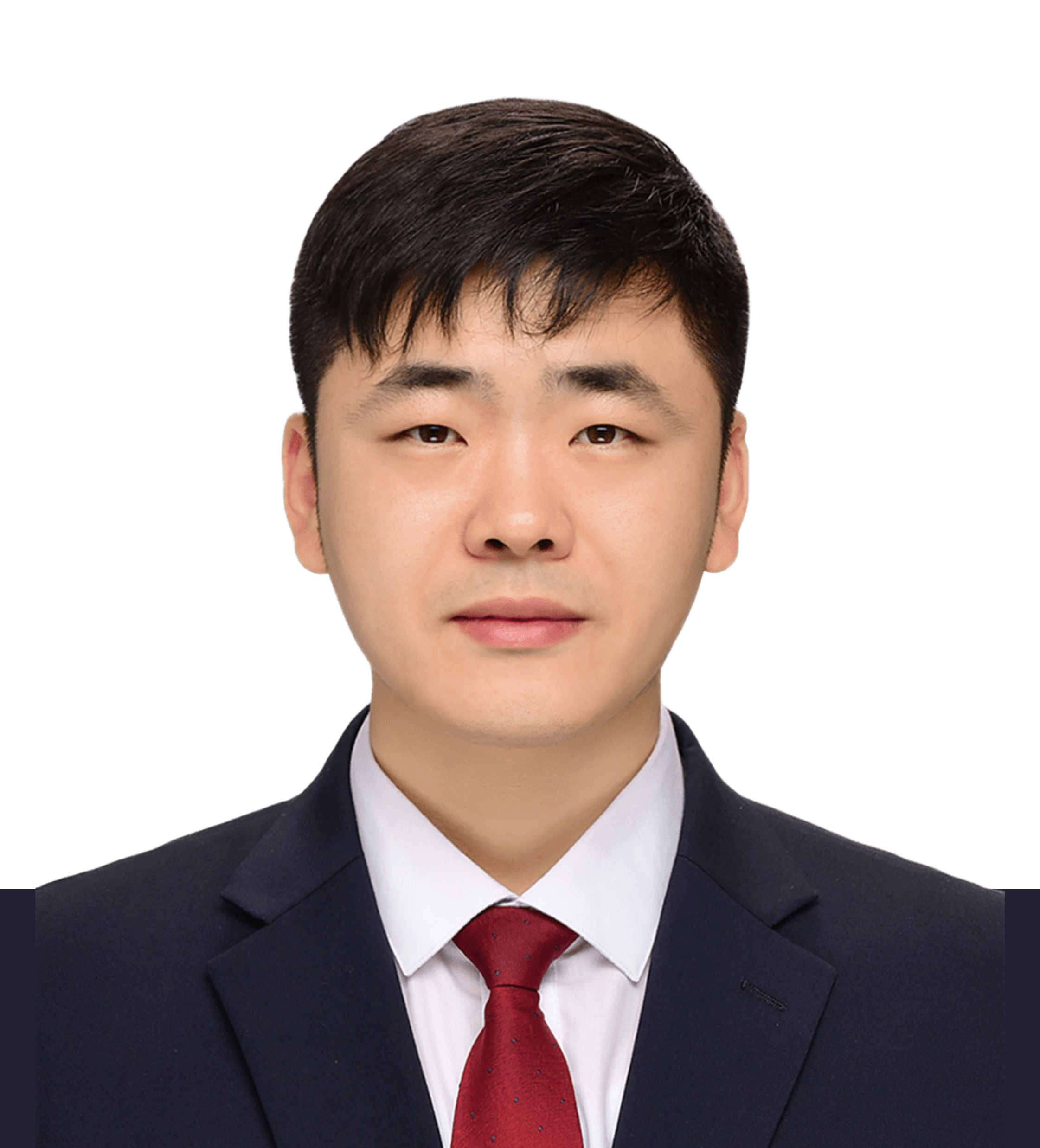
CVD risk prediction in older persons
Sangwoo Park University of Ulsan, Republic of Korea 15:00~15:20 -

CVD risk prediction in diabetes and high-risk patients
Eu Jeong Ku Seoul National University, Republic of Korea 15:20~15:40 - Panel Discussion 15:40~16:10
Chairperson(s) : Jun-Hee Lee (Hallym University, Republic of Korea), Sungha Park (Yonsei University, Republic of Korea)
Panel(s) : Soo-Jin Kim (Kosin University, Republic of Korea), Ye Seul Yang (Seoul National University, Republic of Korea), Sangmo Hong (Hanyang University, Republic of Korea)
DetailIn this special session titled “Redefining Cardiovascular Care: PCSK9 Mechanisms and siRNA-Based Advances,” ICoLA 2025 brings together leading experts to explore emerging molecular and clinical insights into lipid regulation and atherosclerotic disease management. The session opens with a comprehensive exploration of PCSK9—the master regulator of LDL metabolism and a key player in vascular inflammation—highlighting its central role in atherosclerosis. The second presentation focuses on the promise of siRNA-based lipid-lowering therapies, showcasing their transformative potential for sustained LDL-C control. Finally, the session addresses novel approaches to managing familial hypercholesterolemia beyond statin therapy, offering new hope for patients with genetically driven dyslipidemia. This session integrates advances in molecular biology, therapeutic innovation, and clinical practice, paving the way for a redefined and more personalized approach to cardiovascular prevention and treatment.
-
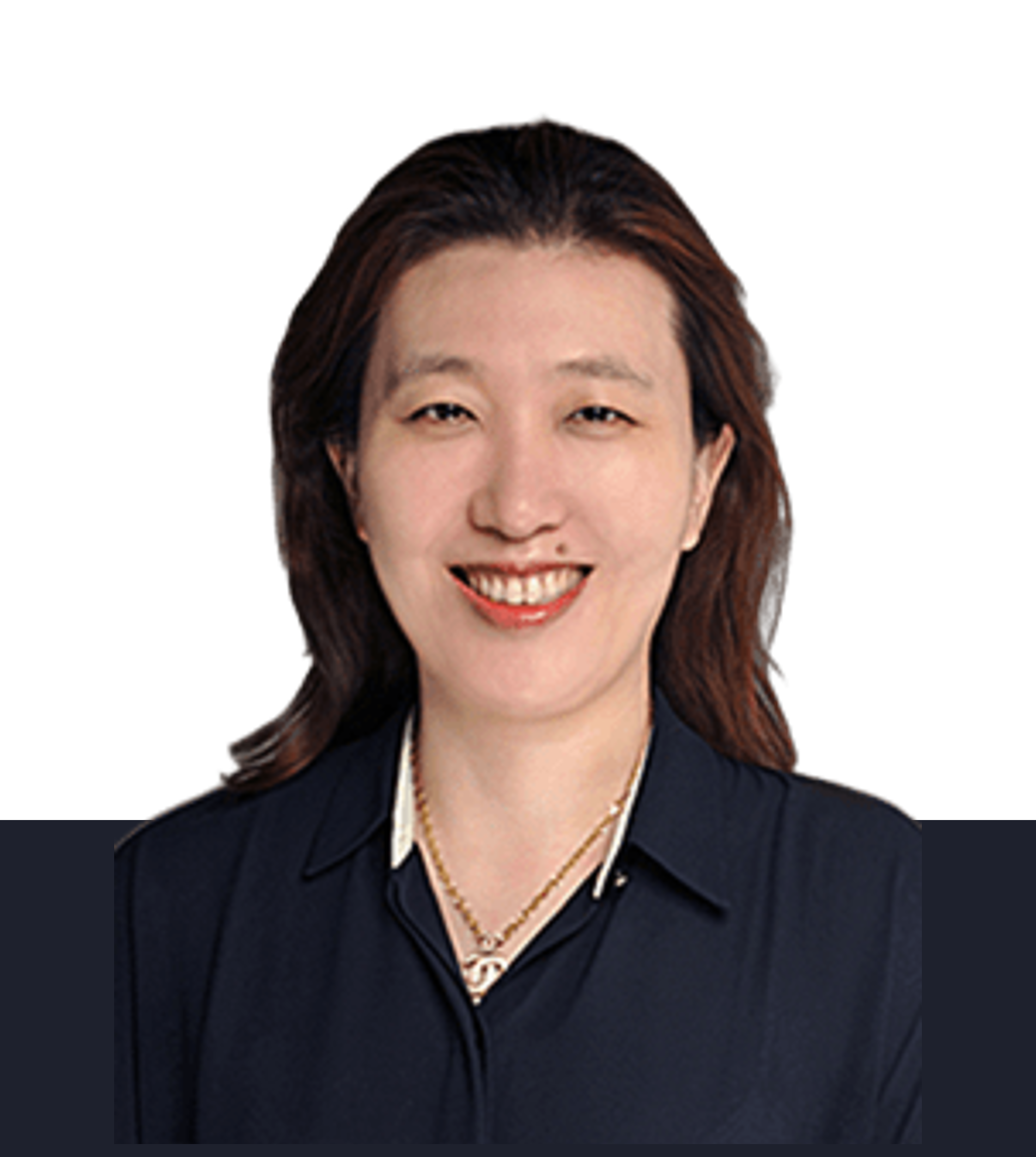
Deep dive into PCSK9: the master regulator of LDL metabolism and inflammation
Hyun-Duk Jang Seoul National University, Republic of Korea 14:40~15:00 -
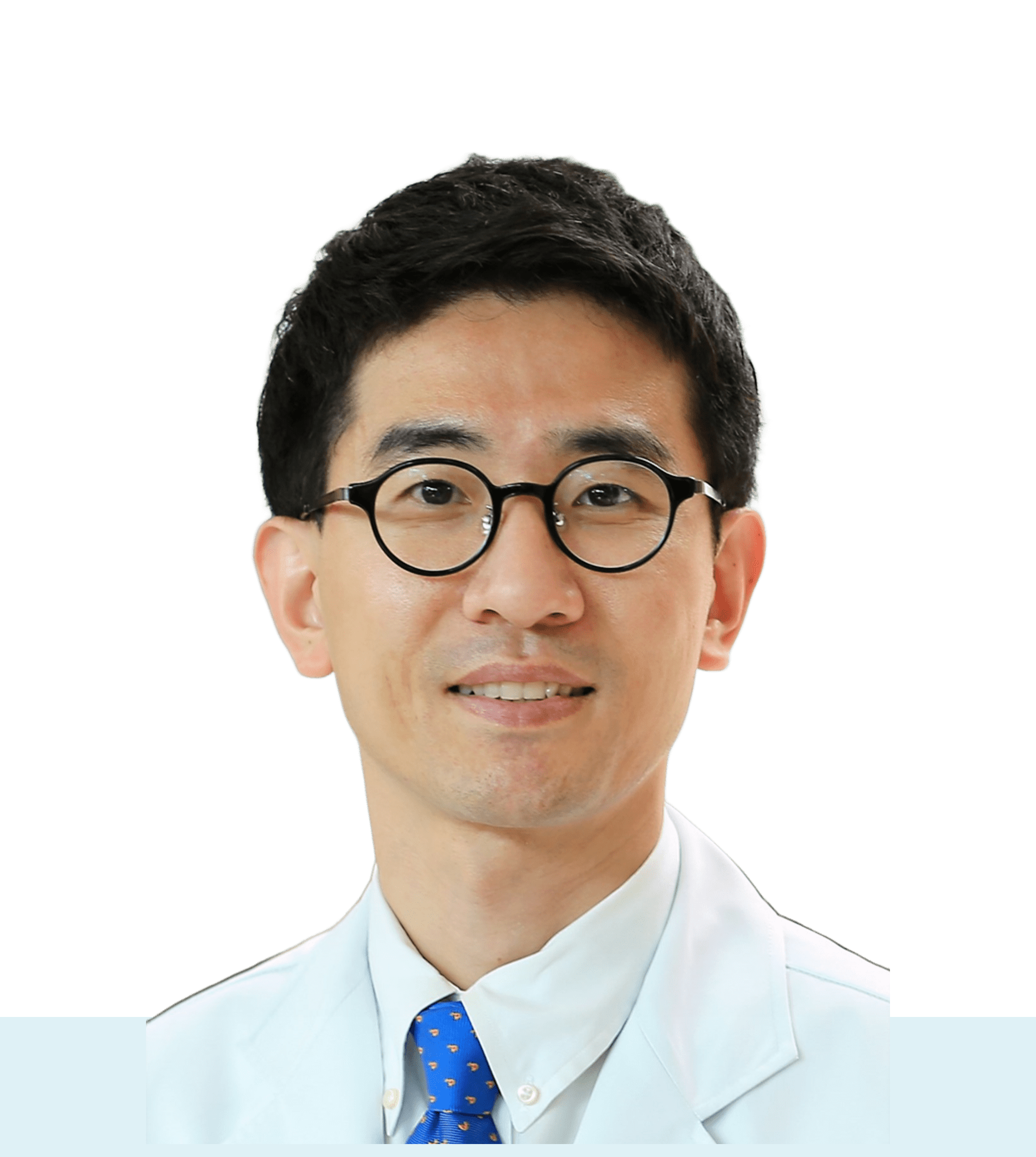
siRNA-based lipid therapies: a revolution in cholesterol management
Jin Wi Gachon University, Republic of Korea 15:00~15:20 -

Familial hypercholesterolemia treatment beyond statin
Rodrigo Alonso Center for Advanced Metabolic Medicine and Nutrition, Chile 15:20~15:40 - Panel Discussion 15:40~16:10
Chairperson(s) : Weon Kim (Kyung Hee University, Republic of Korea), Junghwan Park (Hanyang University, Republic of Korea)
Panel(s) : Kyung Woo Park (Seoul National University, Republic of Korea), Se-eun Park (Sungkyunkwan University, Republic of Korea), Jun-Hee Lee (Hallym University, Republic of Korea)
DetailInsulin resistance is a key pathophysiology underlying metabolic disorders and is closely associated with the development of atherosclerotic cardiovascular disease (ASCVD). The triglyceride-glucose (TyG) index is a novel and simple surrogate marker of insulin resistance, calculated using fasting triglyceride and glucose levels, and has demonstrated comparable accuracy to HOMA-IR. In this session, we will explore the clinical role of the TyG index based on recent national and international studies regarding its predictive value for ASCVD. Professor Patricio Lopez-Jaramillo from Universidad de Santander, Colombia, will present multinational data on the association between the TyG index and ASCVD. Professor Yong-Jae Lee from Yonsei University College of Medicine, Republic of Korea, will share findings from Korean data on the same topic. Finally, Professor Ki-Bum Won from Chung-Ang University College of Medicine, Republic of Korea, will offer a lecture on the relationship between the TyG index and coronary artery calcification.
-
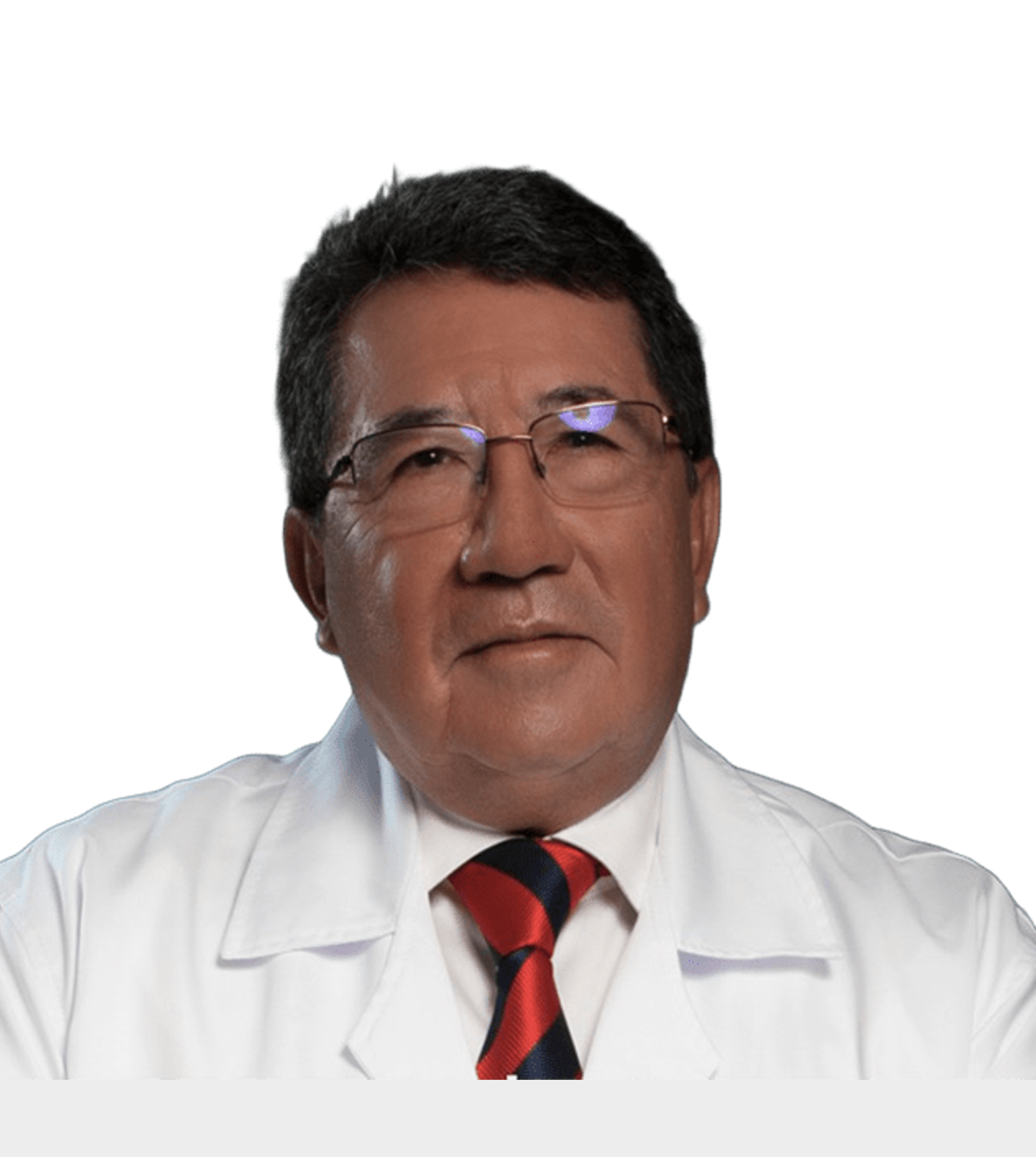
Prediction of ASCVD using the TyG index: insights from the multinational PURE registry
Patricio Lopez-Jaramillo Universidad de Santander, Colombia 16:20~16:40 -
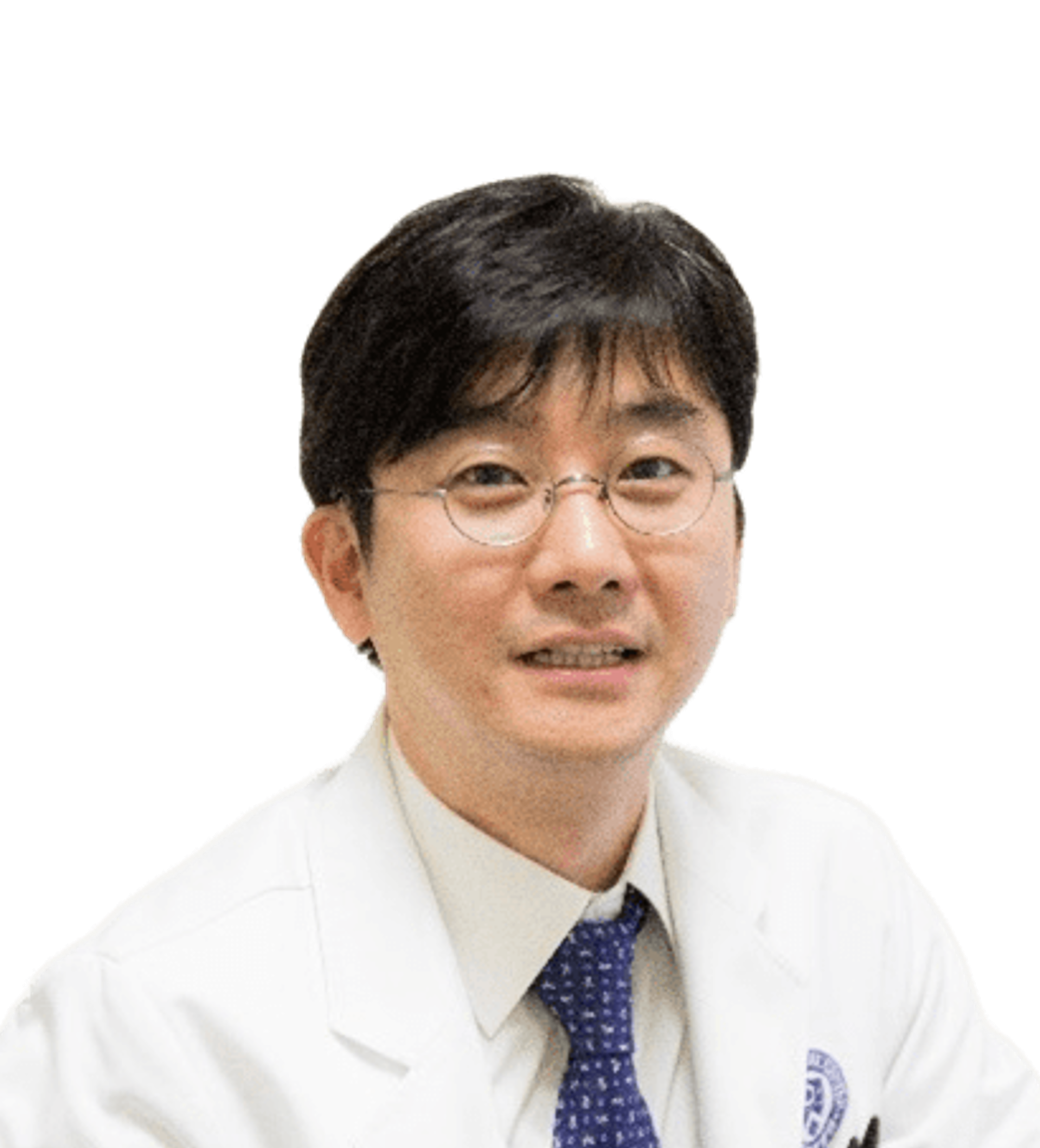
Prediction of ASCVD using the TyG index: evidence from Korean data
Yong-Jae Lee Yonsei University, Republic of Korea 16:40~17:00 -

Prediction of coronary artery calcification progression using the TyG index
Ki-Bum Won Chung-Ang University, Republic of Korea 17:00~17:20 - Panel Discussion 17:20~17:50
Chairperson(s) : Donghoon Choi (Yonsei University, Republic of Korea), Woo Je Lee (University of Ulsan, Republic of Korea)
Panel(s) : Hoyoun Won (Chung-Ang University, Republic of Korea), Dae Young Cheon (Hallym University, Republic of Korea), Seong Huan Choi (Inha University, Republic of Korea), Hun Jee Choe (Hallym University, Republic of Korea)
DetailThis joint symposium, “Familial Hypercholesterolemia in the Era of Precision Medicine,” brings together experts from Korea, Japan, and Taiwan to explore cutting-edge strategies in FH care. The session will begin with an update on advances in FH management beyond statins, followed by a presentation on the role of genetic screening and cascade testing for early detection. A third lecture will address the question of cardiovascular risk in FH, focusing on how early intervention should be considered. The symposium will conclude with a panel discussion, providing an opportunity to share perspectives and experiences across the three countries, and to highlight the potential of precision medicine in shaping personalized management of FH.
-
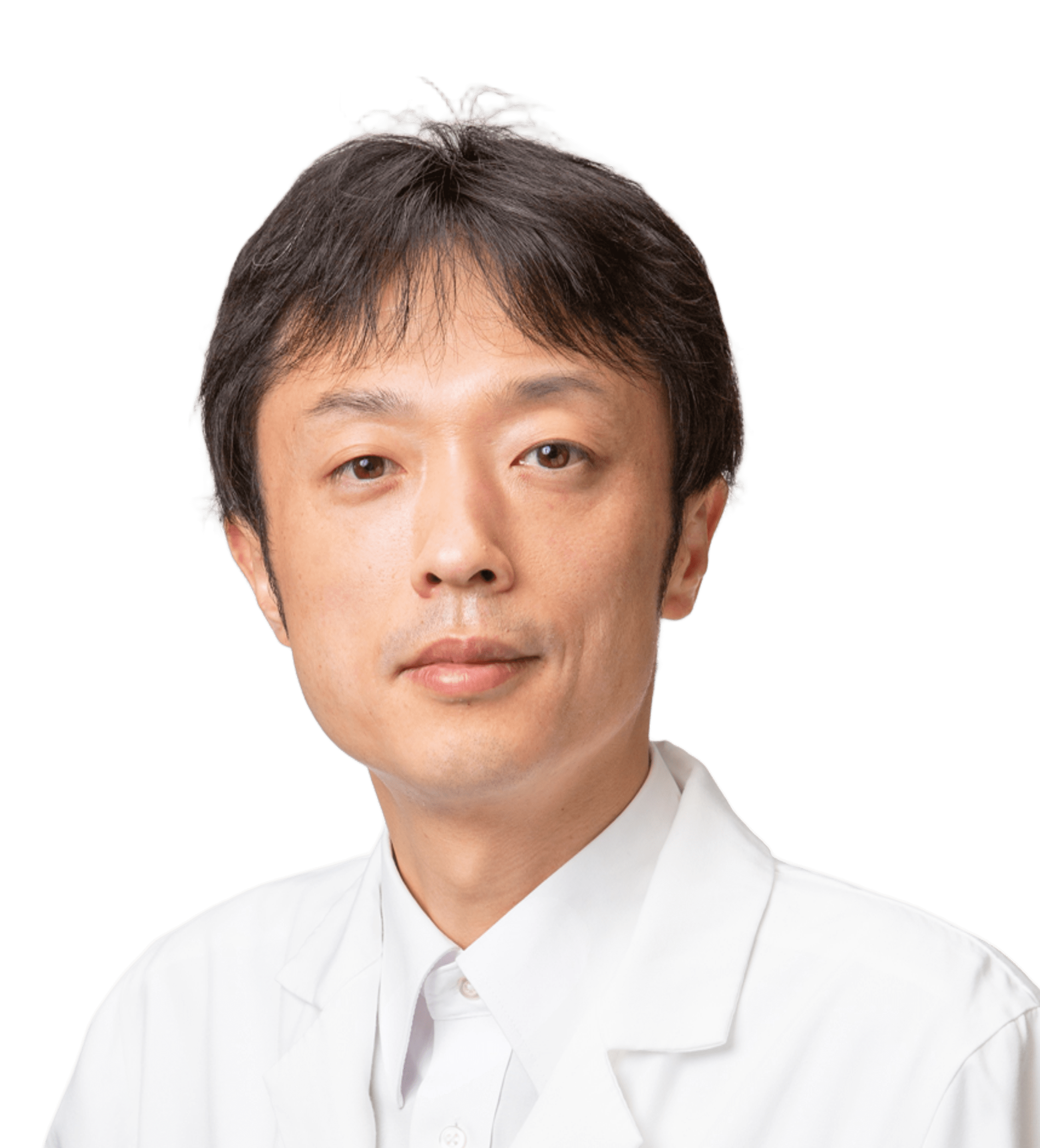
Early detection of FH: role of genetic screening and cascade testing
Hayato Tada Kanazawa University, Japan 16:20~16:40 -
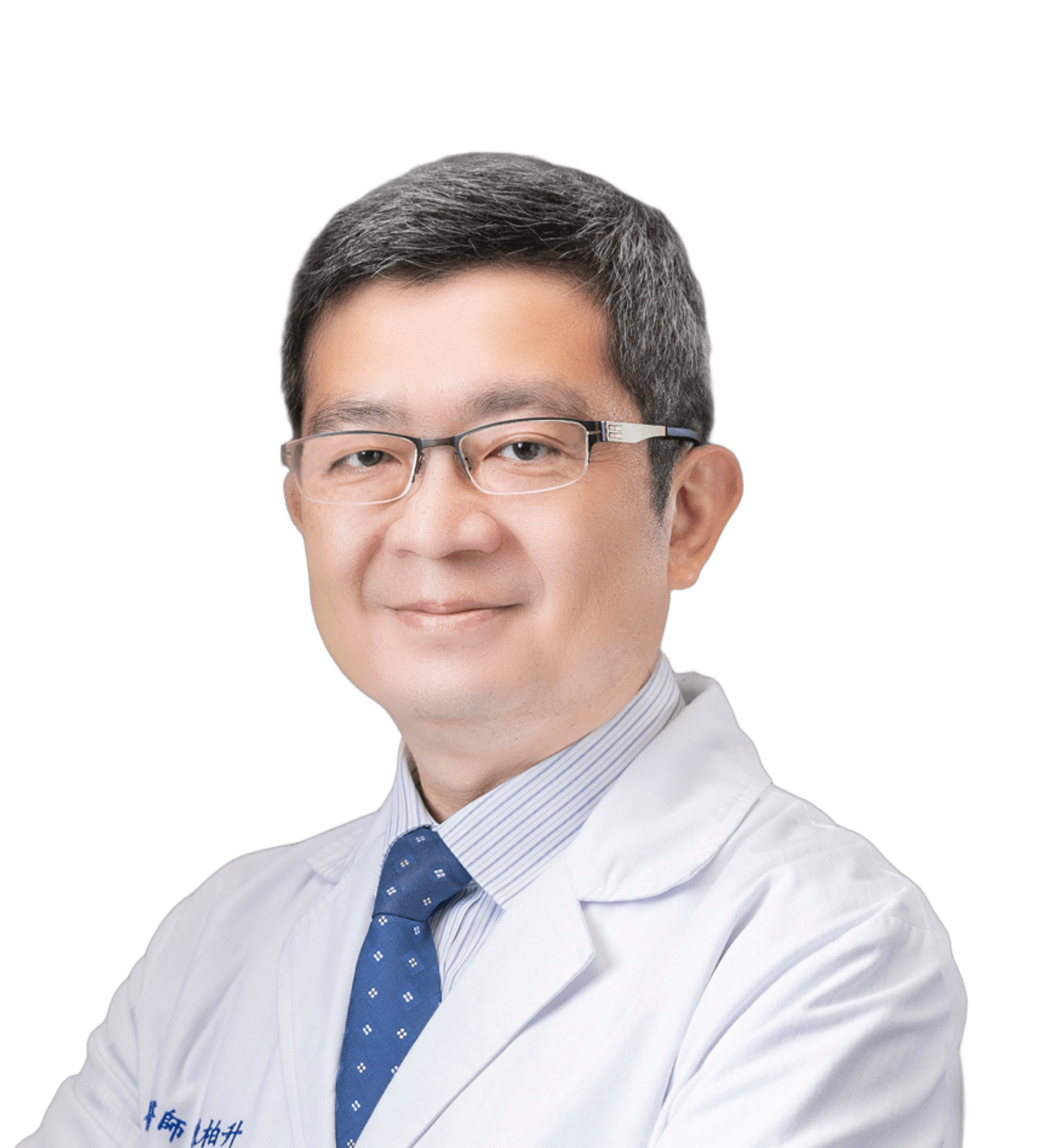
Cardiovascular risk in FH: how early is early enough for intervention
Po-Sheng Chen National Cheng Kung University, Taiwan 16:40~17:00 -

Beyond statins: advances in FH management
Chan Joo Lee Yonsei University, Republic of Korea 17:00~17:20 - Panel Discussion 17:20~17:50
Chairperson(s) : Eun Gyoung Hong (Hallym University, Republic of Korea), Chul Sik Kim (Yonsei University, Republic of Korea)
Panel(s) : Sungha Park (Yonsei University, Republic of Korea), SungA Bae (Yonsei University, Republic of Korea), Ye Seul Yang (Seoul National University, Republic of Korea)
DetailOrganized by the Clinical Practice Guideline Committee of KSoLA, this session will address a central and timely question: “How Low is Low Enough for LDL-C in Diabetes?” The session begins with a comparative overview by Professor Jong Han Choi (Konkuk University, Republic of Korea), who will examine LDL-C targets for diabetic patients across major international guidelines. Following this, a structured debate will explore two contrasting perspectives: Professor Wonjin Kim (CHA University, Republic of Korea) will argue in favor of intensive treatment for all diabetic patients aiming for LDL-C <55 mg/dL, while Professor Mihye Seo (Soonchunhyang University, Republic of Korea) will advocate for a personalized approach based on individual risk profiles. This symposium promises to offer clinically relevant insights into optimizing lipid management strategies in patients with diabetes, balancing guideline recommendations with real-world considerations.
-

LDL-C targets for patients with diabetes across major guidelines
Jong Han Choi Konkuk University, Republic of Korea 16:20~16:40 -

Pro: all patients with diabetes should be treated to LDL-C <55 mg/dL?
Wonjin Kim CHA University, Republic of Korea 16:40~17:00 -
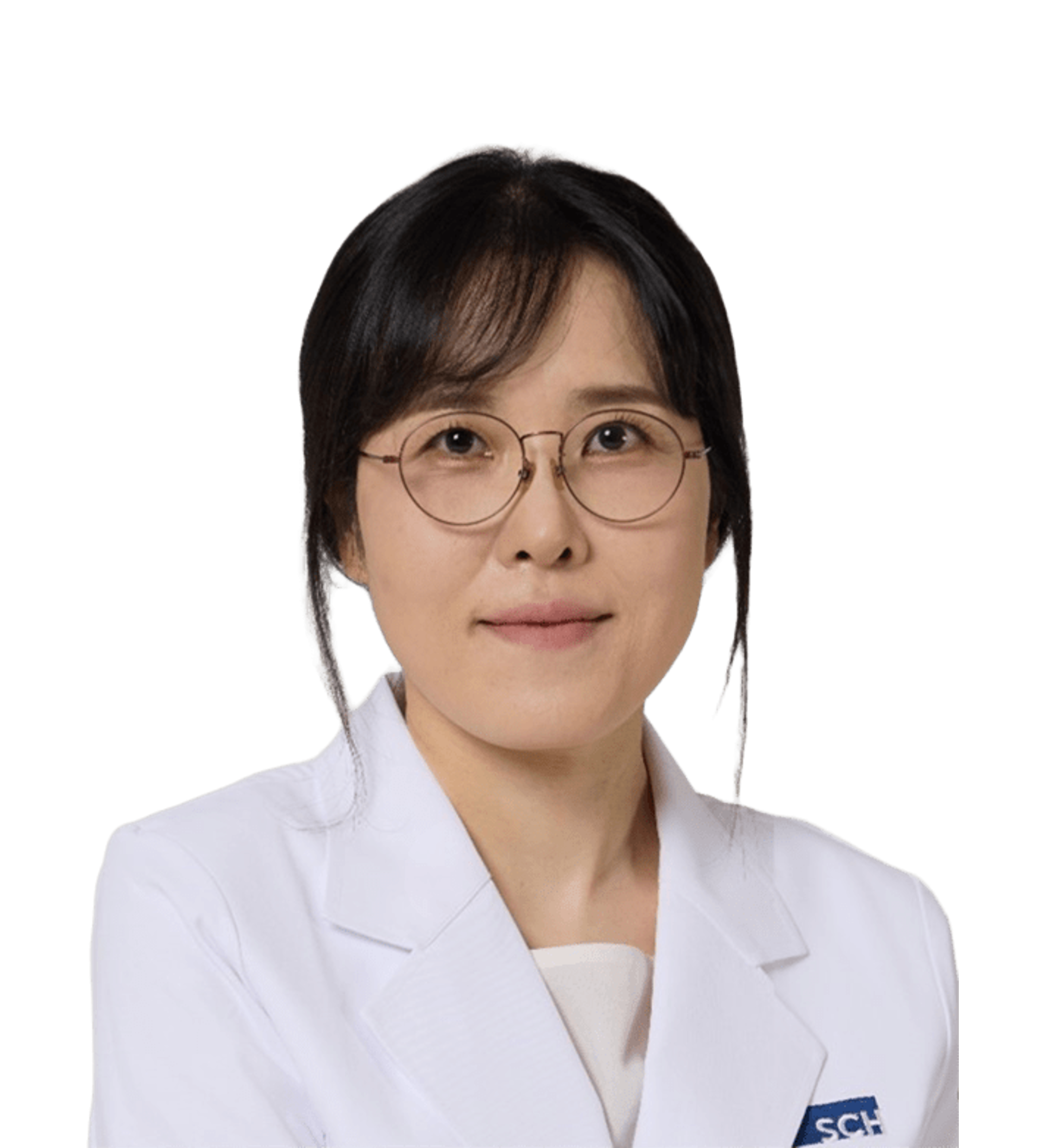
Cons: LDL-C targets should be personalized in diabetic patients?
Mihye Seo Soonchunhyang University, Republic of Korea 17:00~17:20 - Panel Discussion 17:20~17:50
Chairperson(s) : Sung Nim Han (Seoul National University, Republic of Korea), Jeongseon Kim (National Cancer Center, Republic of Korea)
Panel(s) : Dae-Young Kim (Inha University, Republic of Korea), Hyun-Jin Kim (Hanyang University, Republic of Korea), Yongjoo Park (Chonnam National University, Republic of Korea), Sangmo Hong (Hanyang University, Republic of Korea)
DetailRecent updates to the ASCVD risk prediction model, including the introduction of the PREVENT equation, reflect several key advances—one of which is the integration of socioeconomic factors. This shift highlights the growing recognition of social determinants as important contributors to cardiovascular risk. In this session, we will explore the multifaceted impact of socioeconomic status on ASCVD. Professor Seonghee Choi from Seoul National University Bundang Hospital, Republic of Korea, will discuss the underlying mechanisms linking socioeconomic disadvantage to cardiovascular outcomes. Professor Jongha Baek from Gyeongsang National University, Republic of Korea, will present epidemiological evidence illustrating the magnitude of this association. Finally, Professor Sadiya S. Khan from Northwestern University Feinberg School of Medicine, USA, will introduce a novel cardiovascular risk prediction model that incorporates socioeconomic variables into traditional clinical frameworks.
-
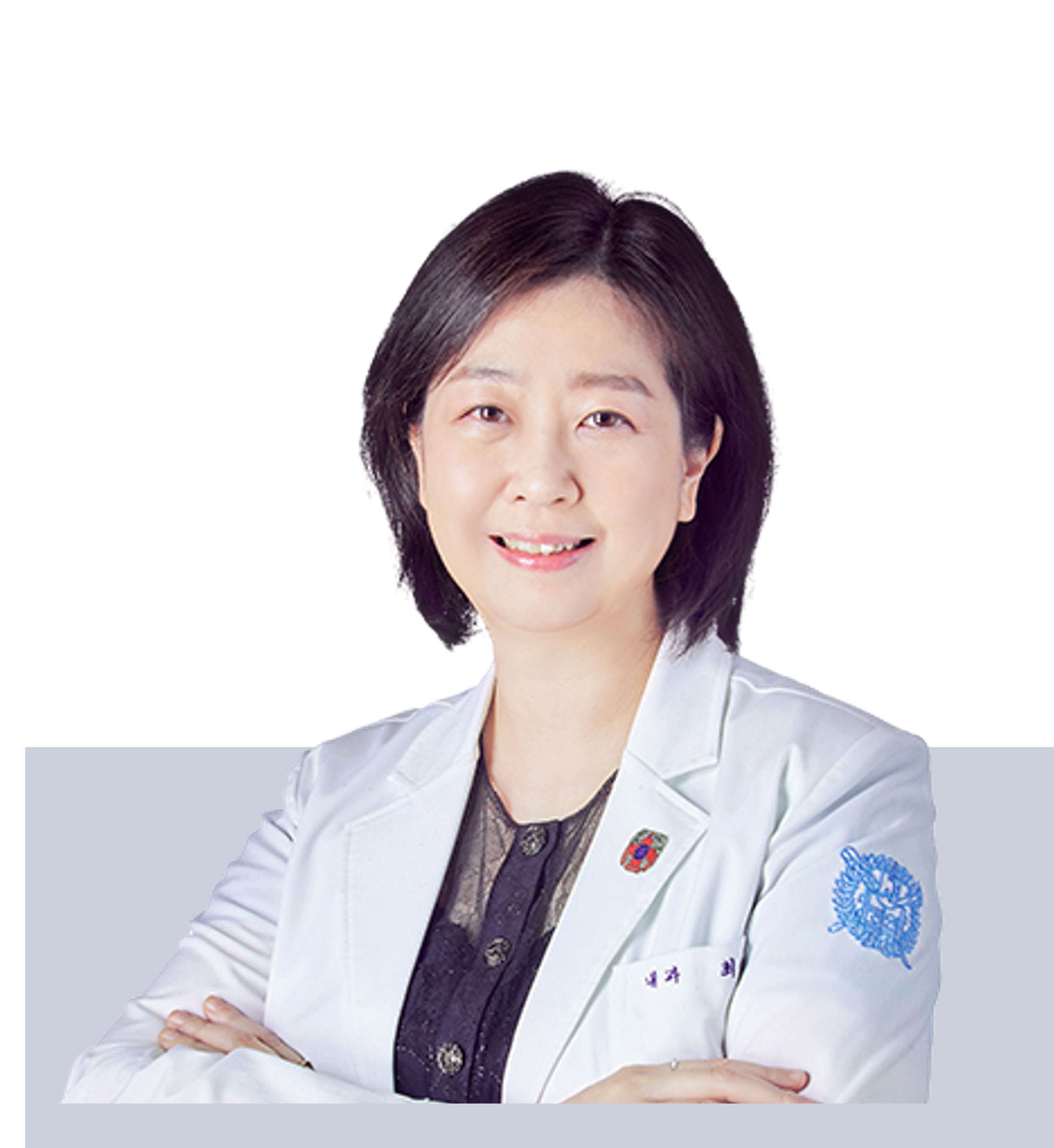
Mechanisms linking socioeconomic status and cardiovascular risk
SungHee Choi Seoul National University, Republic of Korea 16:20~16:40 -
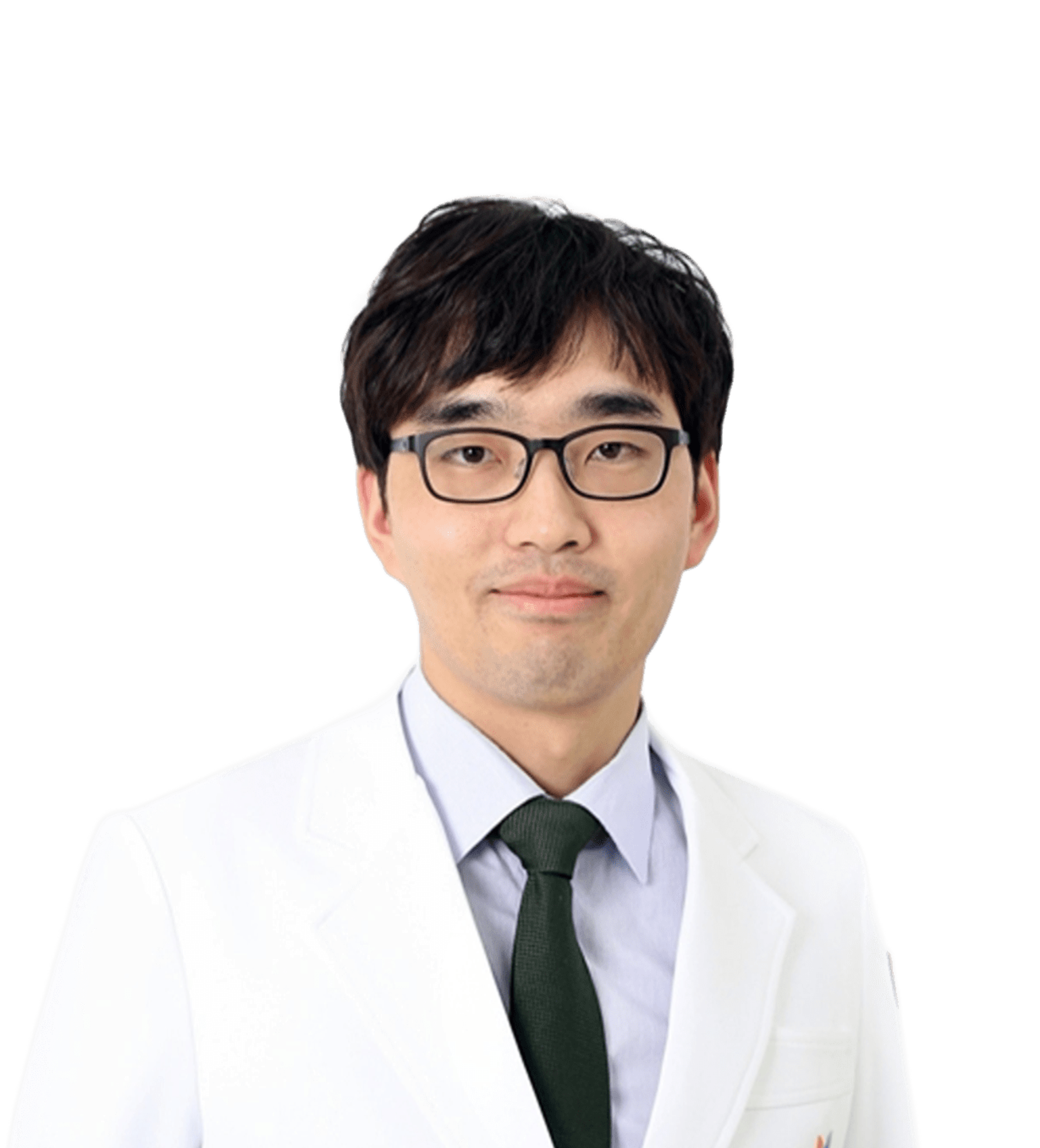
Epidemiologic evidence on socioeconomic status and cardiovascular outcomes
Jong-Ha Baek Gyeongsang National University, Republic of Korea 16:40~17:00 -
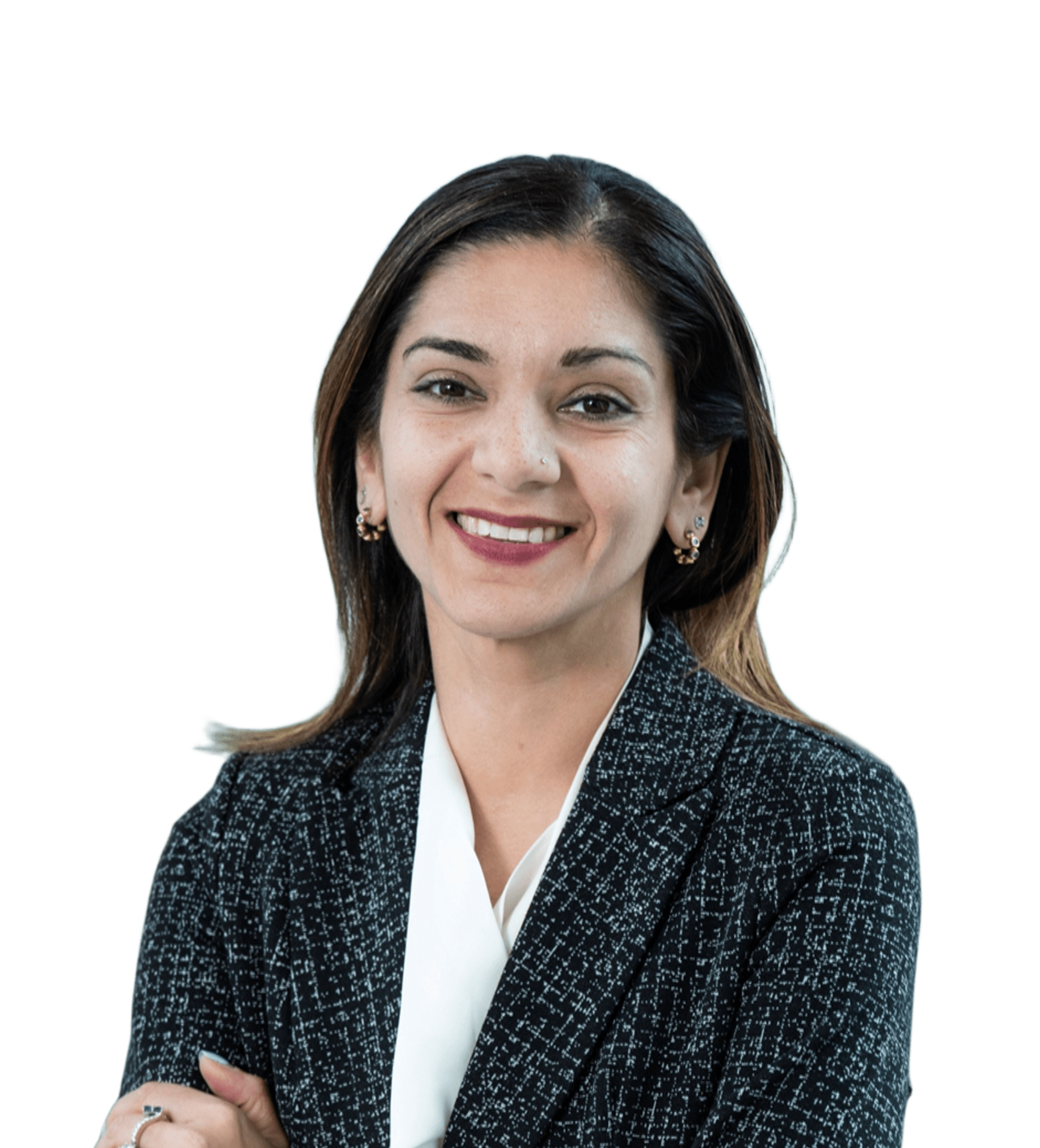
New models for CVD risk assessment: incorporating socioeconomic data
Sadiya S. Khan Northwestern University, USA 17:00~17:20 - Panel Discussion 17:20~17:50
Chairperson(s) : Sung Rae Kim (The Catholic University of Korea, Republic of Korea)
Panel(s) : So Hee Kwon (Soonchunhyang University, Republic of Korea), Woohyeun Kim (Hanyang University, Republic of Korea)
Chairperson(s) : Hyo-Soo Kim (Seoul National University, Republic of Korea)
Panel(s) : Dong-Hwa Lee (Chungbuk National University, Republic of Korea), Oh-Hyun Lee (Yonsei University, Republic of Korea)
Chairperson(s) : Do-Sun Lim (Korea University, Republic of Korea)
Panel(s) : Keehwan Lee (University of Ulsan, Republic of Korea), A Ram Hong (Chonnam National University, Republic of Korea)
Chairperson(s) : Myung A Kim (Seoul National University, Republic of Korea)
Chairperson(s) : Hyun Jae Kang (Seoul National University, Republic of Korea), Byung-Wan Lee (Yonsei University, Republic of Korea)
Panel(s) : Yoo-Wook Kwon (Seoul National University, Republic of Korea), Hee-Dong Kim (Soonchunhyang University, Republic of Korea), Young Shin Lee (Kyung Hee University, Republic of Korea)
DetailThis session, "Genetic Insights into Dyslipidemia and Diabetes: Pathways, Predictions, and Interventions," delves into the latest genetic advances impacting cardiovascular and metabolic diseases. Attendees will explore the evolving genetic landscape of cardiovascular disease (CVD) and diabetes, considering future implications for prediction and prevention. The second presentation examines the powers of multi-omics and multi-trait analyses in unraveling the complexity of metabolic disorders. Next, exciting developments in gene therapy for familial hypercholesterolemia will be showcased, highlighting cutting-edge interventions. The session concludes with an engaging discussion, fostering collaboration and reflection on how genetic research can translate into better clinical outcomes.
-

Exploring the genetic landscape of CVD and diabetes: finding and future implication
Soo Heon Kwak Seoul National University, Republic of Korea 08:30~08:50 -

Multi-omics and multi-trait analysis of metabolic disease
Hong Hee Won Sungkyunkwan University, Republic of Korea 08:50~09:10 -
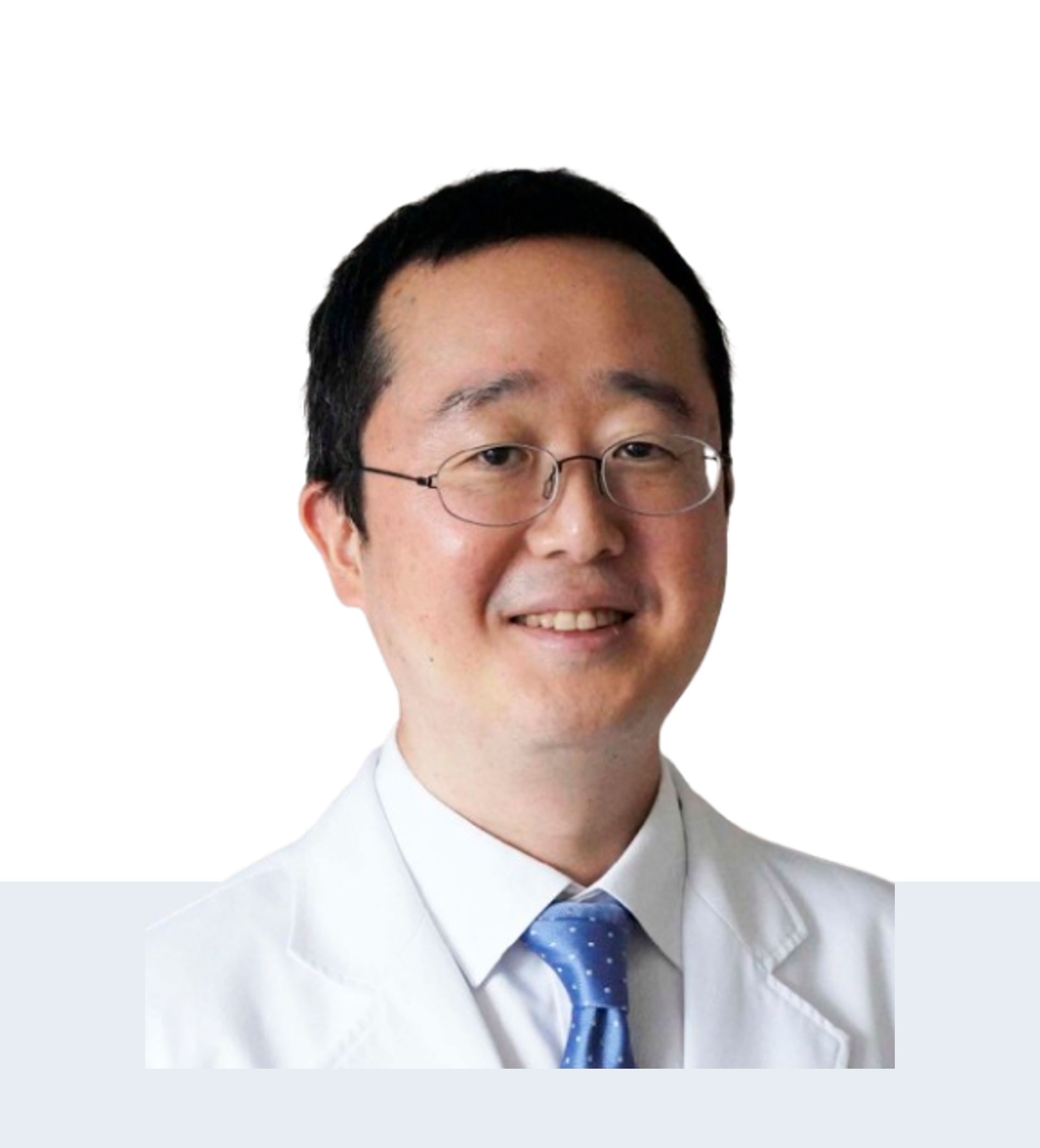
Gene-targeting therapy in familial hypercholesterolemia
Sang-Hak Lee Yonsei University, Republic of Korea 09:10~09:30 - Panel Discussion 09:30~10:00
Chairperson(s) : Jae Bum Kim (Seoul National University, Republic of Korea), Hyeong Kyu Park (Soonchunhyang University, Republic of Korea)
Panel(s) : Ung Kim (Yeungnam University, Republic of Korea), Da Young Lee (Korea University, Republic of Korea), Jong-Young Lee (Sungkyunkwan University, Republic of Korea)
DetailIn AAS-KSoLA Joint Symposium, we will learn about current insights and future directions on comprehensive strategies for the prevention of atherosclerosis. In the first lecture, Professor Andrew Murphy, an invited lecturer of the Australian Atherosclerosis Society, will present a lecture on emerging biomarkers and anti-inflammatory treatments related to the topics of atherosclerosis and inflammation. In the next lecture, we will learn about the role of digital health technology in managing atherosclerosis. In the last lecture, we prepared an opportunity to hear about the effects of lipid-lowering treatment on the progression of aortic aneurysms and clinical outcomes. This session will provide a comprehensive overview of the research achievements in the basic fields related to the progression of atherosclerosis and the digital management system, as well as the effects of lipid-lowering agents on the progression of aortic aneurysms, which are clinically significant diseases.
-

Metabolic disease promotes deoxyceramide accumulation in immune cells altering cytokine production
Andrew Murphy Baker Heart and Diabetes Institute, Australia 08:30~08:50 -

The role of digital health technology in managing atherosclerosis
Hojin Choi Hanyang University, Republic of Korea 08:50~09:10 -
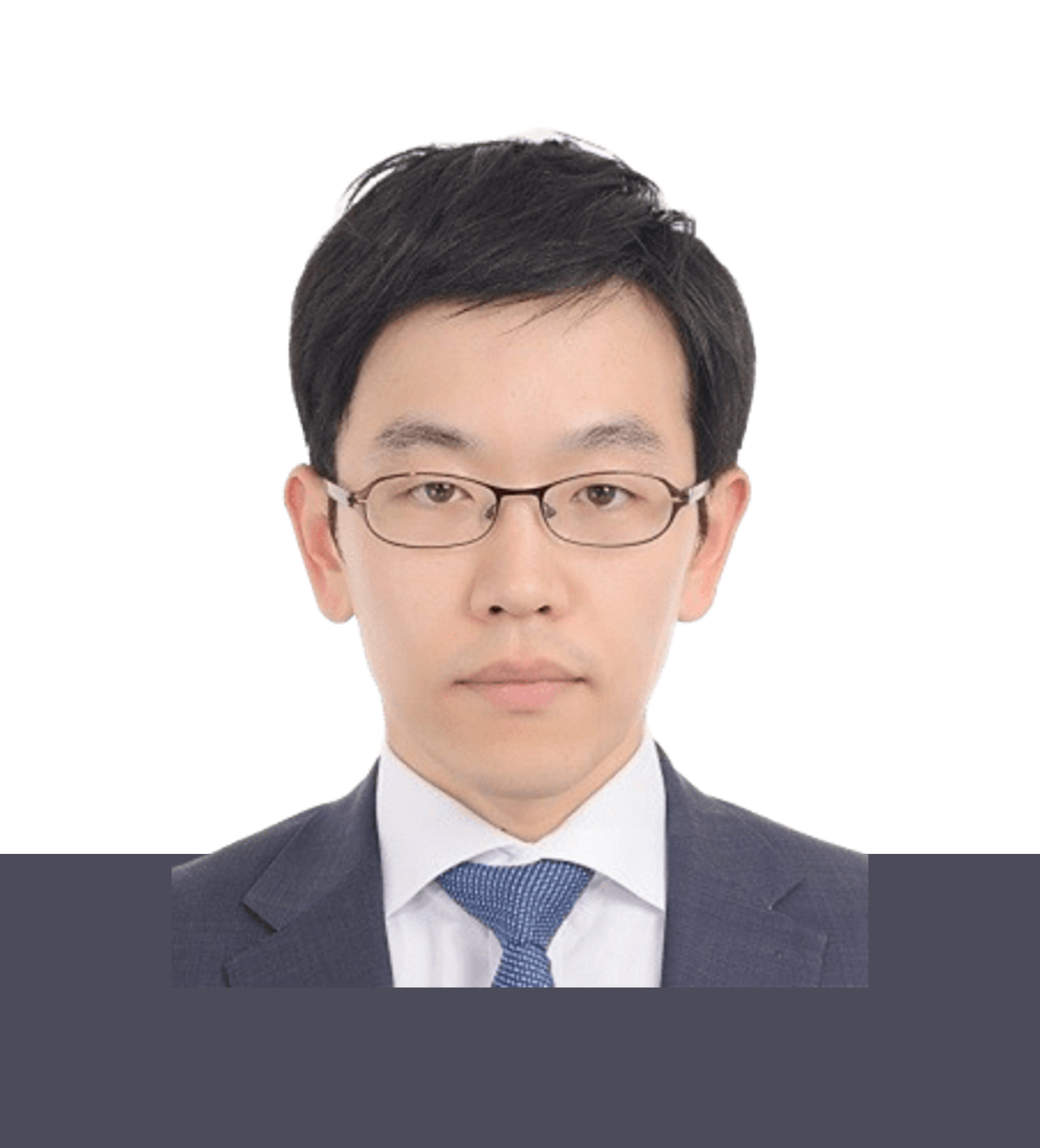
Impact of lipid-lowering therapy on aortic aneurysm progression and cardiovascular outcomes
Gyu Chul Oh The Catholic University of Korea, Republic of Korea 09:10~09:30 - Panel Discussion 09:30~10:00
Chairperson(s) : Jeong-Taek Woo (Kyung Hee University, Republic of Korea), Jae Hyoung Park (Korea University, Republic of Korea)
Panel(s) : Kyung-Soo Kim (CHA University, Republic of Korea), Hong Seok Lim (Ajou University, Republic of Korea), Jaehoon Chung (Dongguk University, Republic of Korea)
DetailWhile TG have historically been overshadowed by the focus on LDL-C, the cumulative evidence suggests that they should not be ignored as a risk factor for CVD and should clearly be taken into account when assessing atherosclerotic residual risk. TG and their remnant cholesterol have direct implications in the pathogenesis of atherosclerotic CVD and their management could represent an additional therapeutic strategy. In this session, we will present the relationship of remnant cholesterol and ASCVD, furthermore sarcopenia. Although lack of clear evidence, recent strategy to target remnant cholesterol will be introduced. Through this session, we hope you to widen the scope of lipid management.
-

Remnant cholesterol as a residual risk in ASCVD patients under statin-based lipid-lowering therapy
Sung Gyun Ahn Yonsei University, Republic of Korea 08:30~08:50 -

Association between remnant cholesterol and sarcopenia: implications on muscle health
Soo Yeon Jang Korea University, Republic of Korea 08:50~09:10 -

Targeting remnant cholesterol in the era of precision lipid management
Pablo Corral Fasta University, Argentina 09:10~09:30 - Panel Discussion 09:30~10:00
Chairperson(s) : Keeho Song (Konkuk University, Republic of Korea), Sang-Rok Lee (Jeonbuk National University, Republic of Korea)
Panel(s) : Min Kyong Moon (Seoul National University, Republic of Korea), Jaehyun Bae (Hallym University, Republic of Korea), Ji-Yong Jang (National Health Insurance Service Ilsan Hospital, Republic of Korea)
DetailSymposium 13 will highlight current trends and regional advances in dyslipidemia management, shaping the future of lipid care in Asia. The session opens with an overview of the 2024 KSoLA Consensus on Secondary Dyslipidemia, presenting practical guidance on managing lipid disorders in patients with comorbid conditions. It will then shift to epidemiological and clinical insights from China and Japan, where speakers will discuss national trends, healthcare innovations, and evolving treatment strategies. This symposium provides an opportunity to understand how different healthcare systems approach dyslipidemia and to explore collaborative pathways for improving lipid management across diverse populations in the Asia-Pacific region.
-

2024 KSoLA consensus on secondary dyslipidemia
Jae Hyun Bae Seoul National University, Republic of Korea 08:30~08:50 -
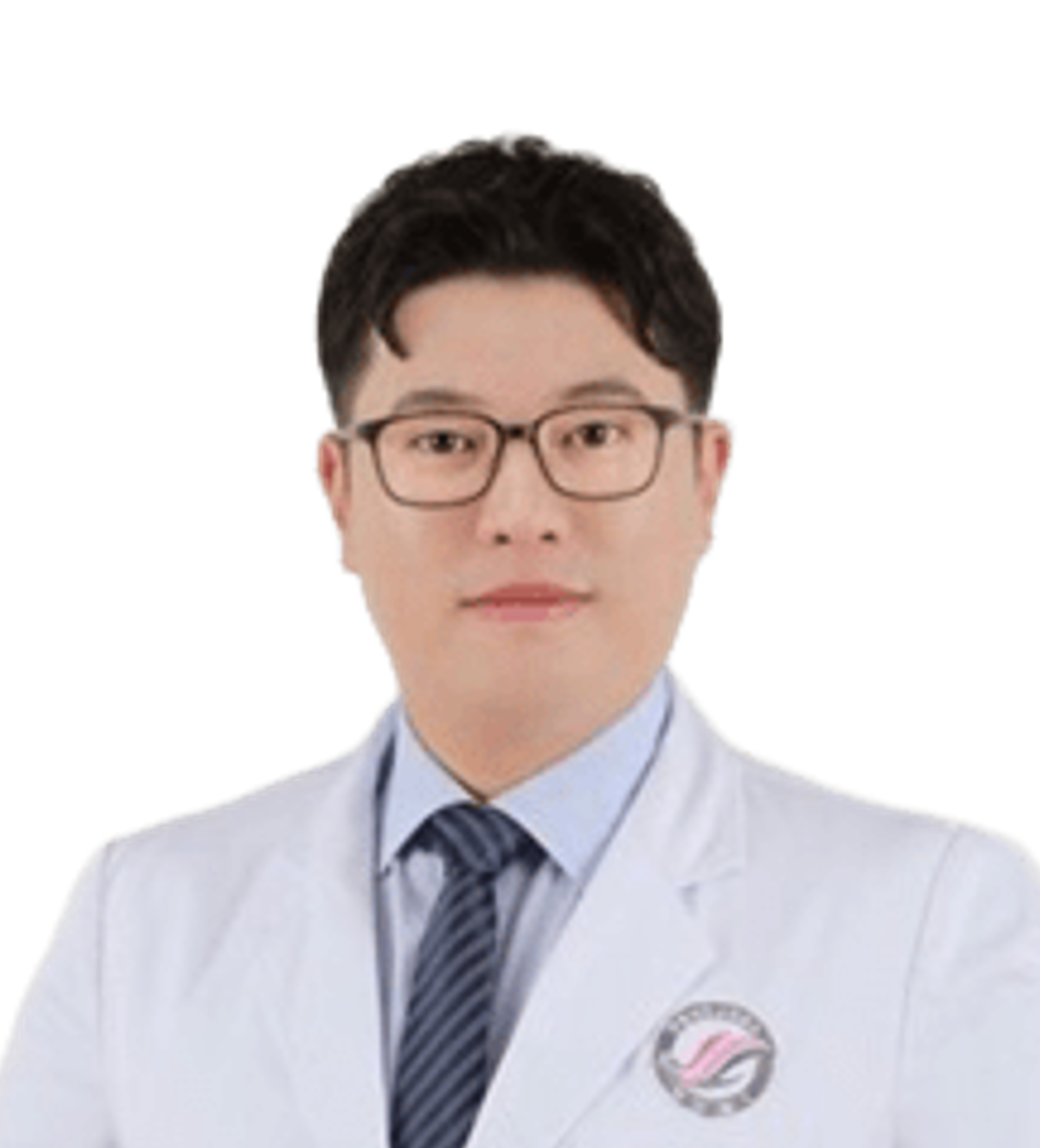
Understanding the progression of obesity-induced organ damage: Insights from the EAS staging system
Dae Young Cheon Hallym University, Republic of Korea 08:50~09:10 -
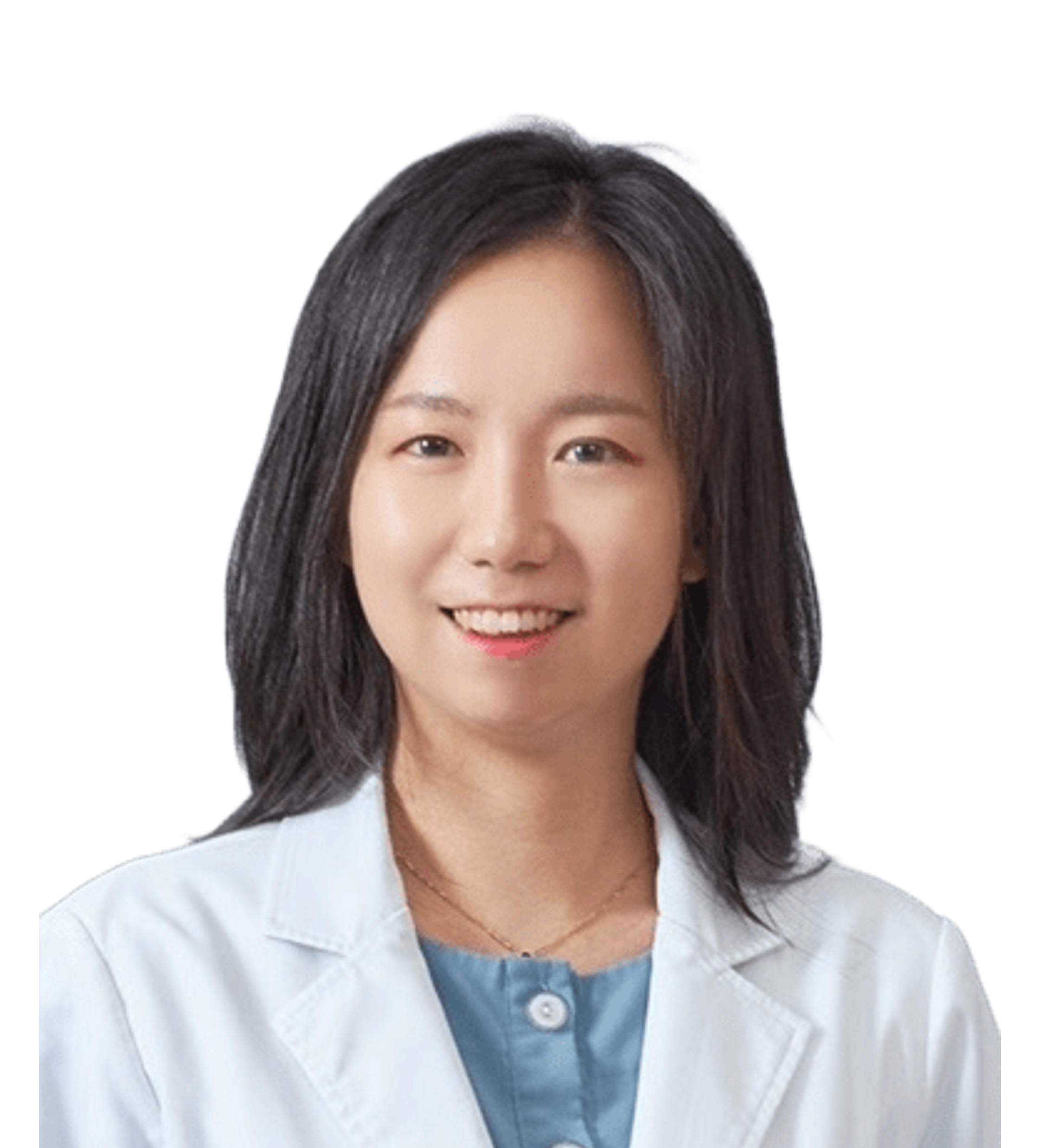
Sex-specific gaps in lipid management and ASCVD
Hyun-Jin Kim Hanyang University, Republic of Korea 09:10~09:30 - Panel Discussion 09:30~10:00
Chairperson(s) : Sang-Hyun Kim (Seoul National University, Republic of Korea)
DetailProfessor Ioanna Gouni-Berthold is a distinguished Professor of Internal Medicine and Endocrinology at the University of Cologne, Germany, and a leading member of the Center for Endocrinology, Diabetes and Preventive Medicine at the University Hospital of Cologne. Her clinical and research expertise lies in lipid metabolism, dyslipidemia, cardiovascular risk management, and metabolic diseases. Professor Gouni-Berthold has contributed extensively to the field through numerous publications in high-impact journals and active involvement in international clinical trials and guideline development committees. At ICoLA 2025, she has been invited as a Plenary Lecturer to present on the topic: “Advances in lipid-lowering therapy: shaping the future of cardiovascular prevention.” In this lecture, Professor Gouni-Berthold will discuss the most recent advances in lipid-lowering therapies, highlighting their mechanisms of action, clinical trial data, and potential to reshape current paradigms in cardiovascular prevention.
Chairperson(s) : Sung Rae Kim (The Catholic University of Korea, Republic of Korea)
DetailProfessor Ki-Hyun Jeon from Seoul National University, Republic of Korea, is a leading expert in digital health and medical informatics, with a particular focus on applying artificial intelligence to clinical data and research processes. He has recently garnered wide attention for pioneering the integration of generative AI tools such as ChatGPT into real-world medical research, manuscript drafting, and data interpretation workflows. In ICoLA 2025, Professor Jeon will deliver a Special Lecture titled “Integrating ChatGPT into medical and clinical research workflows.” This session will highlight practical use cases, emerging methodologies, and the potential impact of AI-powered tools on the future of evidence generation and scientific communication in medicine. His insights will be especially valuable for clinicians and researchers seeking to incorporate cutting-edge technology into their research environments.
Chairperson(s) : Young-Bae Park (Seoul National University, Republic of Korea)
Panel(s) : Ye An Kim (Veterans Health Service Medical Center, Republic of Korea), Hanbit Park (University of Ulsan, Republic of Korea)
Chairperson(s) : Moon-Kyu Lee (Eulji University, Republic of Korea)
Panel(s) : Soo Kyoung Kim (Gyeongsang National University, Republic of Korea), Subin Lim (Ewha Womans University, Republic of Korea)
Chairperson(s) : Chee Jeong Kim (Chung-Ang University, Republic of Korea)
Panel(s) : Sang Ah Lee (Jeju National University, Republic of Korea), Sungsoo Cho (Yonsei University, Republic of Korea)
Chairperson(s) : Shung Chull Chae (Kyungpook National University, Republic of Korea)
Panel(s) : Youngsook Kim (Soonchunhyang University, Republic of Korea), Sungjoon Park (Seoul National University, Republic of Korea)
Chairperson(s) : Ju Han Kim (Chonnam National University, Republic of Korea), Ung Kim (Yeungnam University, Republic of Korea)
-
Extracellular vesicles produced by IL4-polarized macrophages drive atherosclerosis stabilization by reprograming Ly-6Chi monocytes & enhancing efferocytosis
Martin Ng UCSF, NCIRE, United States 13:00~13:10 -
Alteration of lipid gene modulation and gut microbiota by gallic acid loaded liposomes in atherosclerosis in apolipoprotein-E deficient mice
Deepika Singh Shalom Institute of Health ana Allied Sciences, India 13:10~13:20 -
Candidates of STAT3-mediated miRNAs in LPS-induced mouse endothelium
Lan Phuong Phan Chungnam Natuinal University, Republic of Korea 13:20~13:30 -
KAI1 on perivascular cells: a key switch regulator of angiogenesis
Taehun Yoon Seoul National University, Republic of Korea 13:30~13:40 -
Distribution of LDL-cholesterol and its association with cardiovascular outcomes in young adults under 40 years: a nationwide cohort study
You-Bin Lee Samsung Medical Center, Sungkyunkwan University School of Medicine, Republic of Korea 13:40~13:50 -
Lipoprotein(a) variability and risk of major adverse cardiovascular event: insights from a real-world multicenter cohort
Mi-Na Kim Korea University Anam Hospital, Republic of Korea 13:50~14:00 -
Discontinuation and non-publication of atherosclerosis clinical studies: a cross-sectional analysis
Yousef Radwan Alnomani Benha University, Faculty of Medicine, Egypt 14:00~14:10 -
Association between dietary antioxidant intake and cardiovascular diseases risk factors in Singapore individuals with eczema
Liang Yuxin National University of Singapore, Singapore 14:10~14:20
Chairperson(s) : Eung Gyu Kim (Inje University, Republic of Korea), Kwang-Yeol Park (Chung-Ang University, Republic of Korea)
Panel(s) : Hyung-Min Kwon (Seoul National University, Republic of Korea), Bum Joon Kim (University of Ulsan, Republic of Korea), Woo-Keun Seo (Sungkyunkwan University, Republic of Korea), Jin-Man Jung (Korea University, Republic of Korea)
DetailAlthough luminal narrowing has traditionally guided our understanding of intracranial atherosclerosis and captured clinicians’ attention, growing evidence reveals that its impact reaches well beyond narrowing alone. This session, “What Is Important beyond Stenosis in Intracranial Atherosclerosis,” explores three key dimensions-vascular tortuosity and plaque burden, vessel wall enhancement and inflammation, and blood viscosity’s role in cerebral flow and stroke risk. Professor Mi-Yeon Eun, who is a stroke neurologist and neuro-interventionist from Kyungbook National University Chilgok Hospital, Republic of Korea, will present the relation between intracranial vascular tortuosity and overall atherosclerosis burden. Professor Dong-Wan Kang, a stroke neurologist from Seoul National University Bundang Hospital, Republic of Korea, will present the clinical impact of vascular enhancement and inflammation detected from high resolution vessel wall MRI. Professor Ho Geol Woo, a stroke neurologist and neuro-interventionist from Kyung Hee University Hospital, Republic of Korea, will present how blood viscosity affect development and stability of intracranial atherosclerosis. Together, these insights push us toward a more holistic approach to diagnosis and management of intracranial atherosclerosis.
-
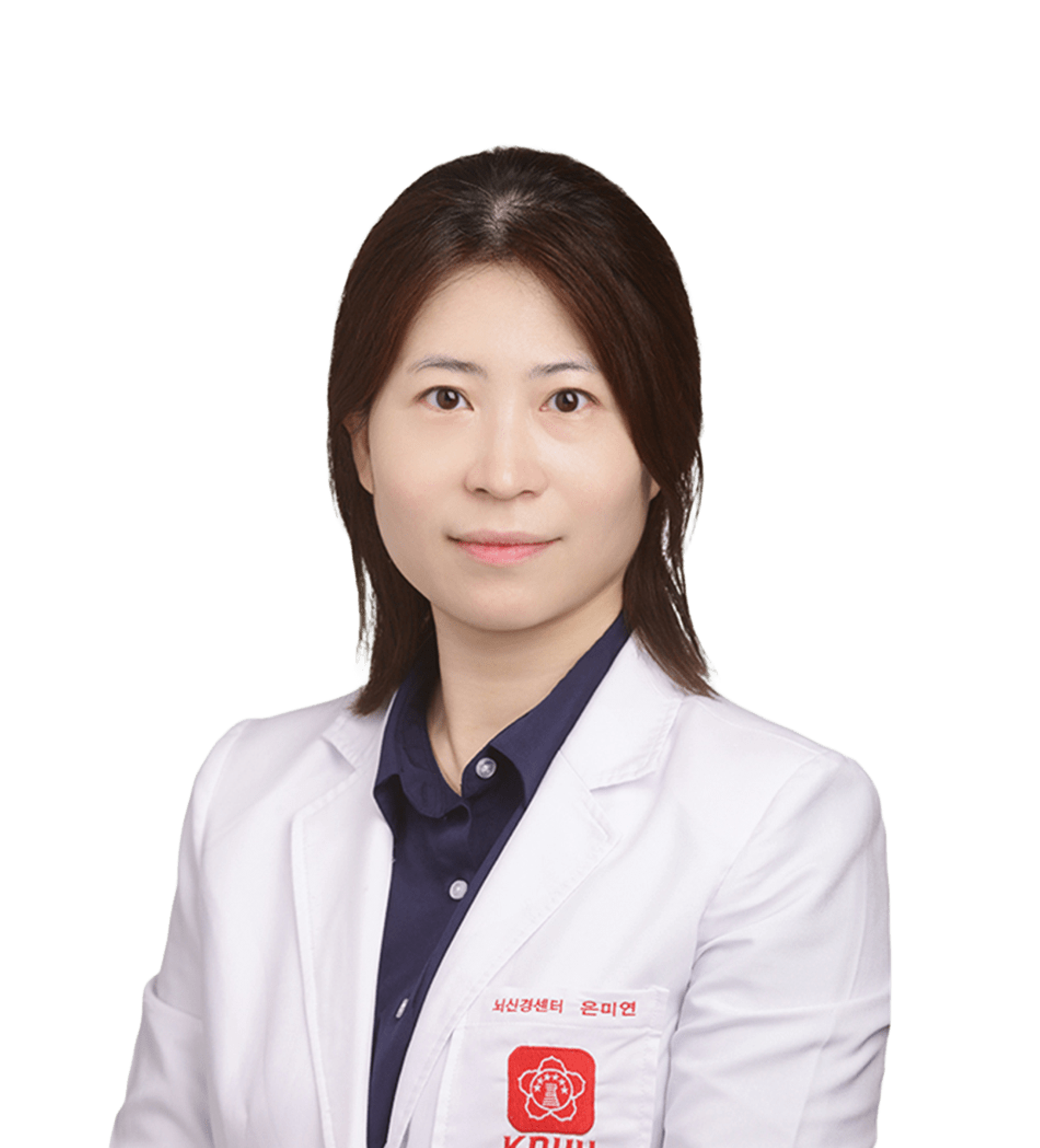
Vascular tortuosity and atherosclerosis burden
Mi-Yeon Eun Kyungpook National University, Republic of Korea 13:00~13:20 -
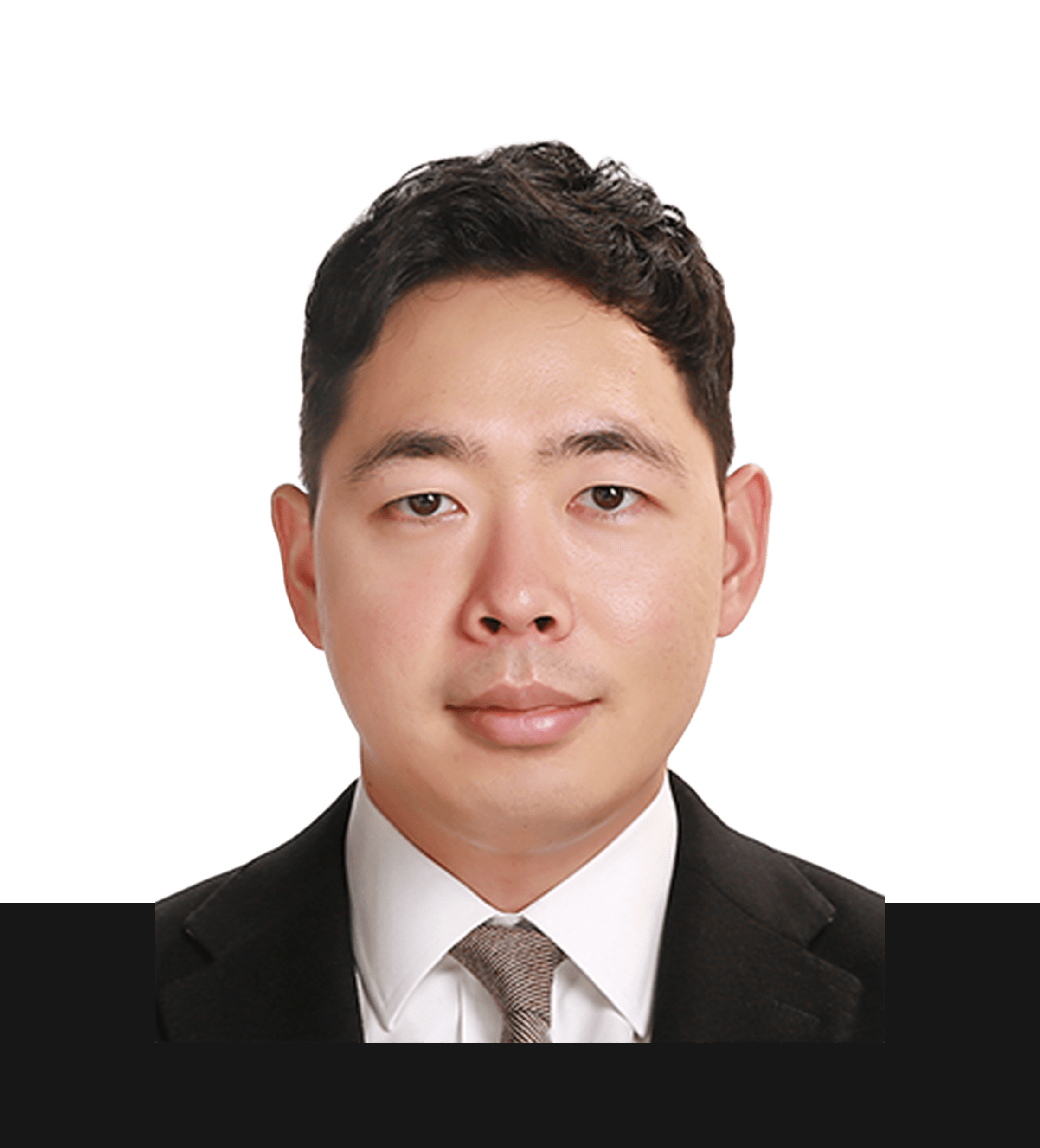
Vessel wall enhancement and inflammation
Dong-Wan Kang Seoul National University, Republic of Korea 13:20~13:40 -
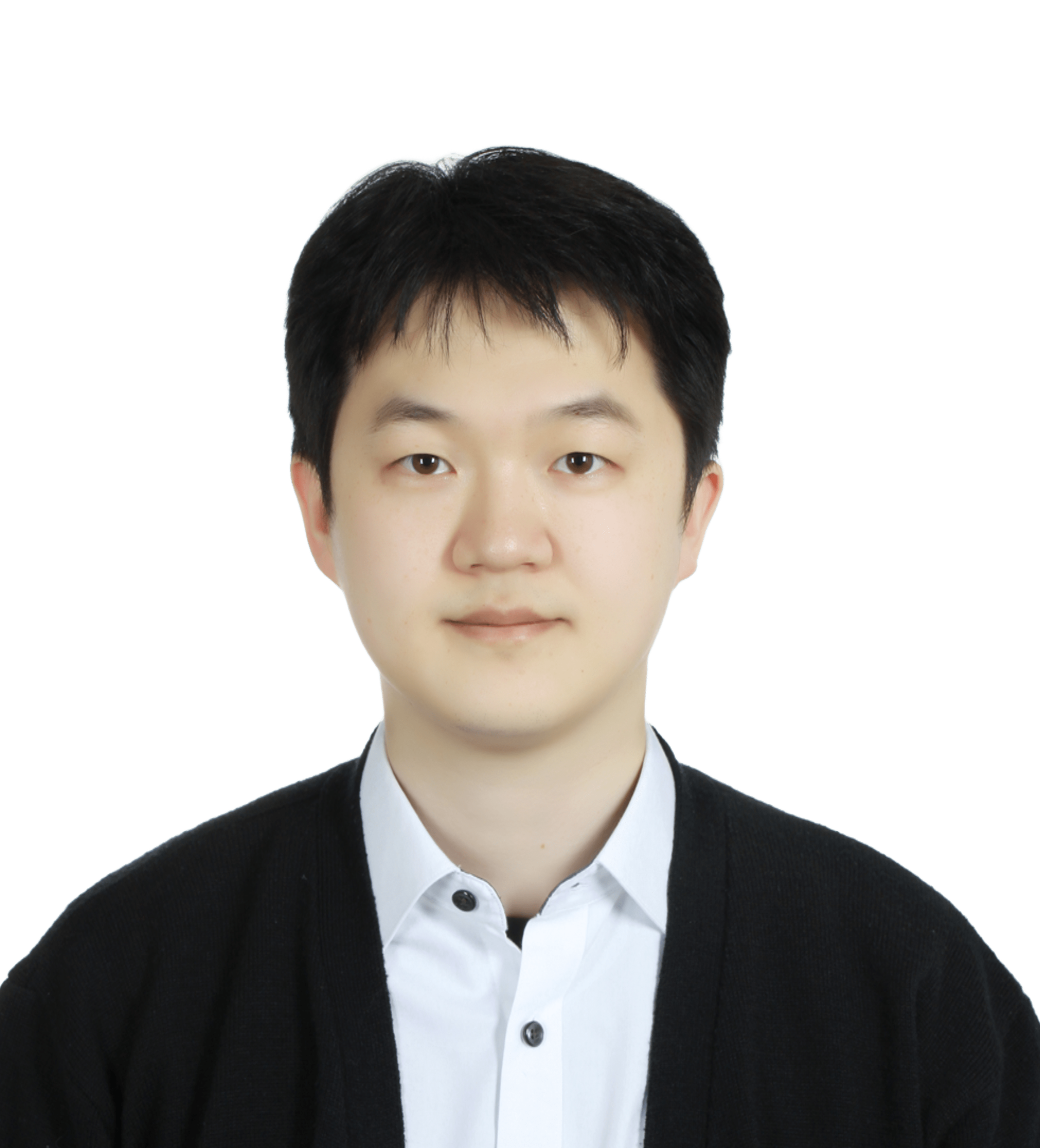
Blood viscosity and intracranial atherosclerosis
Ho Geol Woo Kyung Hee University, Republic of Korea 13:40~14:00 - Panel Discussion 14:00~14:30
Chairperson(s) : Seok-Min Kang (Yonsei University, Republic of Korea), Young Sup Byun (Inje University, Republic of Korea)
Panel(s) : Si-Hyuck Kang (Seoul National University, Republic of Korea), Ji-Hyun Kim (The Catholic University of Korea, Republic of Korea), Jaehyun Bae (Hallym University, Republic of Korea), Jong-Tae Lee (Korea University, Republic of Korea)
DetailAtherosclerotic cardiovascular disease (ASCVD) remains a leading cause of morbidity and mortality worldwide, yet many nontraditional risk factors are still underrecognized. This session highlights emerging contributors to ASCVD, offering new perspectives on disease development and progression. The first presentation explores how environmental pollution affects atherosclerosis through various biological mechanisms. The second addresses the impact of health inequity and social determinants on ASCVD risk. The final talk focuses on psychiatric disorders as an often-overlooked but important risk factor for ASCVD. By highlighting these topics, we aim to encourage a more comprehensive approach to ASCVD prevention.
-

Environmental pollution as a nontraditional risk factor for atherosclerotic cardiovascular disease: mechanisms and impacts
Sun-Young Kim National Cancer Center, Republic of Korea 13:00~13:20 -

Health inequity as a nontraditional risk factor for ASCVD
Eunji Kim Gachon University, Republic of Korea 13:20~13:40 -

Psychiatric disorders: an overlooked nontraditional risk factor in the development of atherosclerotic cardiovascular disease
Seung Jin Han Ajou University, Republic of Korea 13:40~14:00 - Panel Discussion 14:00~14:30
Chairperson(s) : Jeong-Taek Woo (Kyung Hee University, Republic of Korea), Min Kyong Moon (Seoul National University, Republic of Korea)
Panel(s) : Kyung-Soo Kim (CHA University, Republic of Korea), Minwoo Lee (Hallym University, Republic of Korea), Jung-Kyu Han (Seoul National University, Republic of Korea), Joon Ho Moon (Seoul National University, Republic of Korea)
DetailSymposium 16 is titled “Defining the Optimal LDL-C Target for Prevention of Atherosclerotic Cardiovascular and Cerebrovascular Disease.” The session opens with a cardiologist’s perspective on establishing optimal LDL-C goals for secondary prevention in high-risk patients. The second presentation offers a neurologist’s insights into optimal LDL-C levels specifically for stroke prevention. Finally, an endocrinologist will review the evidence for varying LDL-C targets according to diabetes duration and discuss strategies for personalized guideline development. This symposium promises to deliver critical, evidence-based perspectives to bridge guideline recommendations with real-world clinical practice in cardiovascular and cerebrovascular disease prevention.
-

Optimal LDL-C goals for secondary prevention in high-risk patients - a cardiologist’s perspective
Hyun Sung Joh Seoul National University, Republic of Korea 13:00~13:20 -

Optimal LDL-C level for stroke prevention - insights from a neurologist’s perspective
Wookjin Yang University of Ulsan, Republic of Korea 13:20~13:40 -
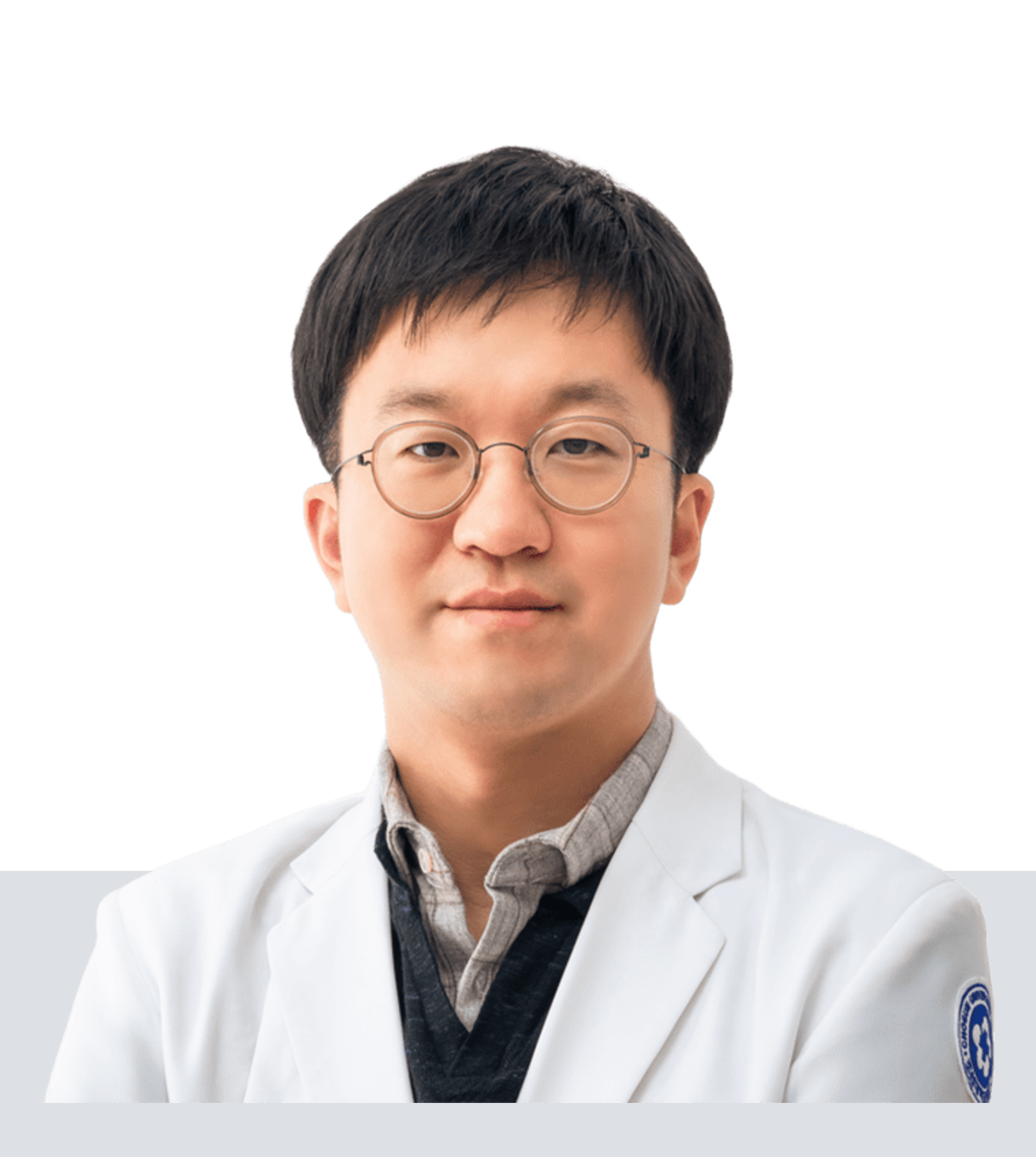
Different LDL-C targets by duration of diabetes: what is the evidence? - an endocrinologist’s perspective
Young-Sang Lyu Chosun University, Republic of Korea 13:40~14:00 - Panel Discussion 14:00~14:30
Chairperson(s) : Ick-Mo Chung (Ewha Womans University, Republic of Korea)
DetailIn this lecture, Dr. Ljubica Matic will present on “Multi-omics data integration from patients with carotid stenosis illuminates key molecular signatures of atherosclerotic instability,” introducing the current applications of various omics technologies in understanding the complex biological mechanisms underlying vascular diseases. Through integrated analysis of genomic, transcriptomic, proteomic, metabolomic, and epigenomic data, she will demonstrate comprehensive methodological approaches for in-depth characterization of molecular pathways involved in major vascular conditions including atherosclerosis, hypertension, and vascular remodeling. Drawing from recent advances in transcriptomics and systems biology research, Dr. Matic will explain how multi-omics approaches serve as critical bridges in translational research between basic science discoveries and clinical applications. This presentation will share cutting-edge research findings on the identification of novel biomarkers, regulatory network analysis, and therapeutic target discovery related to vascular diseases, and will provide a platform for interdisciplinary collaboration and in-depth academic discourse in the field of vascular medicine.
Chairperson(s) : Ki Chul Sung (Sungkyunkwan University, Republic of Korea), Hack-Lyoung Kim (Seoul National University, Republic of Korea)
Panel(s) : Si-Hyuck Kang (Seoul National University, Republic of Korea), Yea Eun Kang (Chungnam National University, Republic of Korea), Joon Ho Moon (Seoul National University, Republic of Korea), Jung-Kyu Han (Seoul National University, Republic of Korea)
DetailThis session entitled “Emerging Drugs for Dyslipidemia Management” addresses innovative pharmacological strategies to tackle residual lipid risk that persists despite statin therapy. While LDL-C reduction remains the cornerstone of dyslipidemia management, a substantial number of patients continue to face elevated cardiovascular risk due to hypertriglyceridemia, elevated remnant cholesterol, or persistent atherogenic dyslipidemia. The first lecture will examine the real-world clinical applications of bempedoic acid and identify patient populations who may derive maximum therapeutic benefit. The second lecture will focus on APOC3 inhibition strategies for severe hypertriglyceridemia management, discussing clinical applicability in familial chylomicronemia syndrome and mixed dyslipidemia with supporting evidence from recent clinical trials. The final lecture will present the regulatory mechanisms of ANGPTL3 and ANGPTL8 in lipid metabolism and introduce the development status of next-generation therapeutic approaches targeting these pathways. Through this session, attendees will gain comprehensive insights into the latest paradigms in lipid-lowering therapy and future prospects for clinical implementation.
-

Bempedoic acid in real world practice, for whom?
Ioanna Gouni-Berthold University of Cologne, Germany 16:45~17:05 -

Targeting APOC3 for triglyceride management
Jin Wi Gachon University, Republic of Korea 17:05~17:25 -
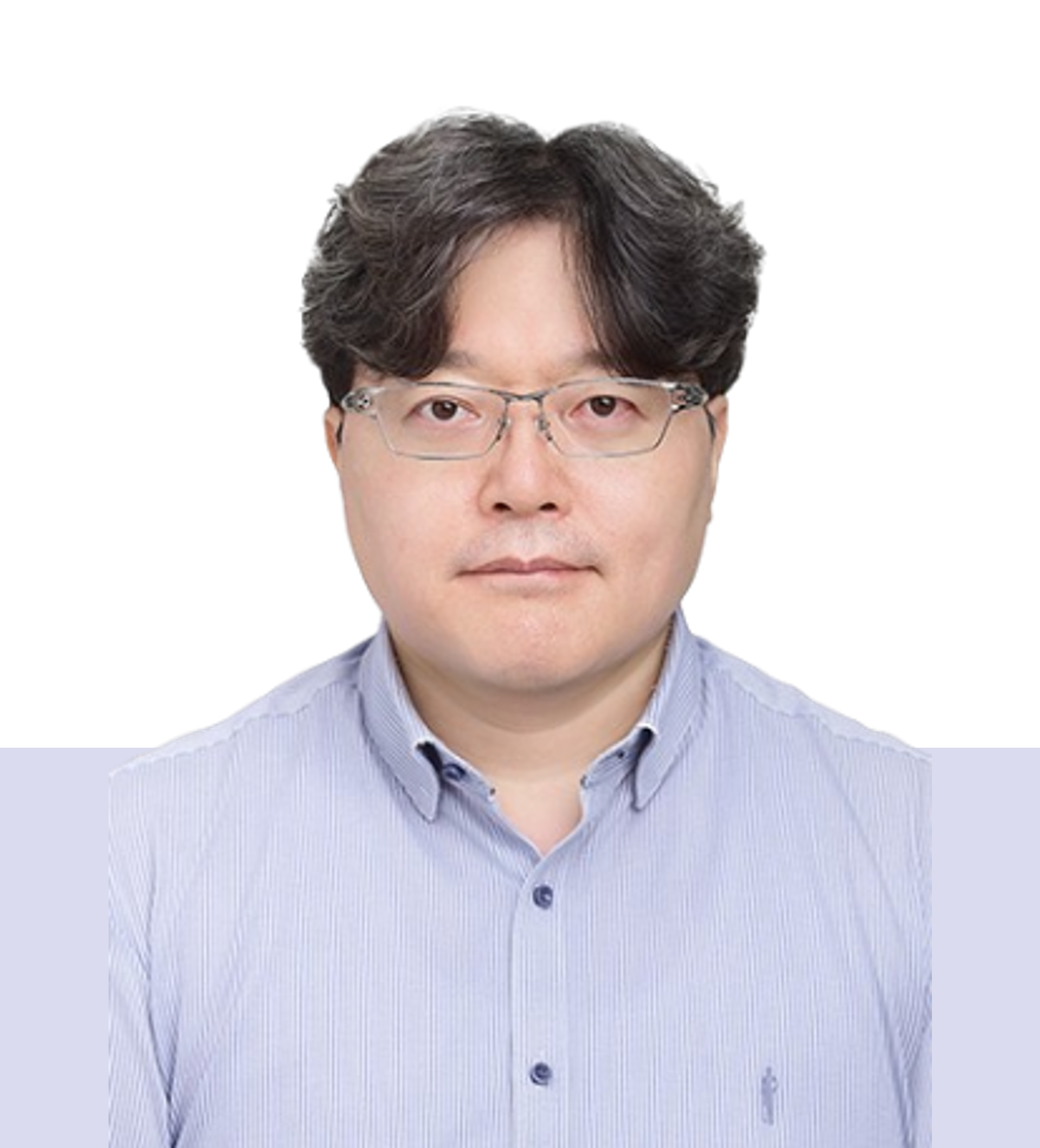
ANGPTL3 and ANGPTL8 inhibition: novel strategies to combat atherogenic dyslipidemia
Janghoon Lee Kyungpook National University, Republic of Korea 17:25~17:45 - Panel Discussion 17:45~18:15
Chairperson(s) : Ki Hoon Han (University of Ulsan, Republic of Korea), Eun-Jung Rhee (Sungkyunkwan University, Republic of Korea)
Panel(s) : Hyun-Suk Yang (Konkuk University, Republic of Korea), Jong-Young Lee (Sungkyunkwan University, Republic of Korea), Jung Rae Cho (Hallym University, Republic of Korea)
DetailThis session will explore ethnic-specific characteristics of dyslipidemia, with a focus on Asian populations, and discuss optimal lipid-lowering strategies tailored to diverse clinical needs. The first speaker, Professor Jaehoon Chung from Dongguk University, Republic of Korea, will focus on hypertriglyceridemia and low HDL-C commonly observed in Asian populations, introducing a novel approach to treatment prioritization. Next, Professor Chang Hee Jung from University of Ulsan, Republic of Korea, will discuss the need for combination lipid-lowering therapy in patients for whom statin monotherapy is insufficient, supported by recent clinical evidence. Finally, Professor Hoang Anh Tien from Hue University of Medicine and Pharmacy, Vietnam, will emphasize the importance of personalized treatment strategies that account for ethnic differences between Asian and Western populations, highlighting both regional guideline variations and shared principles. Join us for this session to gain practical insights into diverse lipid management strategies applicable to clinical practice.
-
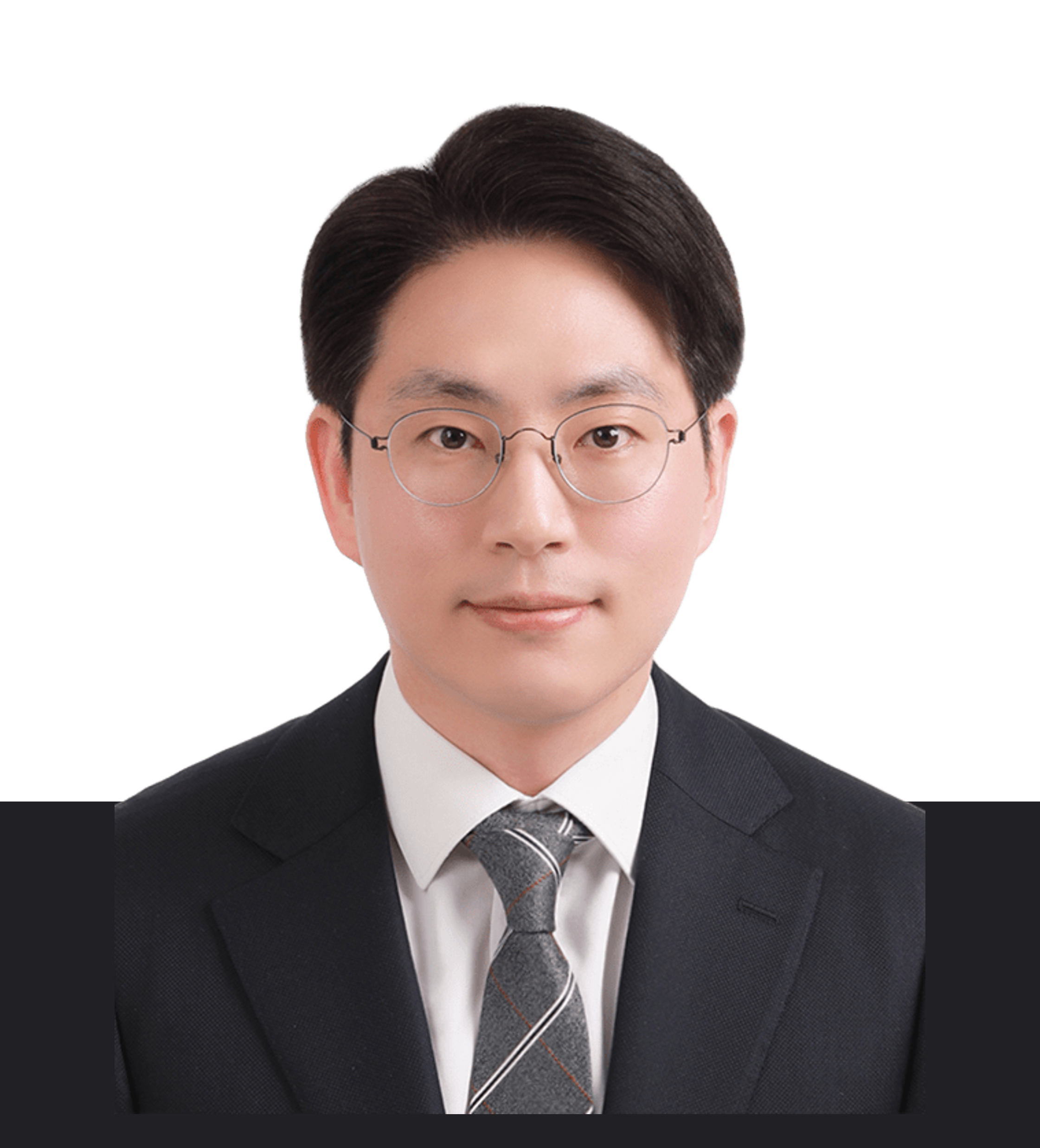
Triglyceride and HDL-C focus in Asian populations: rethinking priorities?
Jaehoon Chung Dongguk University, Republic of Korea 16:45~17:05 -

Combined lipid-lowering therapy: when statins alone are not enough
Chang Hee Jung University of Ulsan, Republic of Korea 17:05~17:25 -
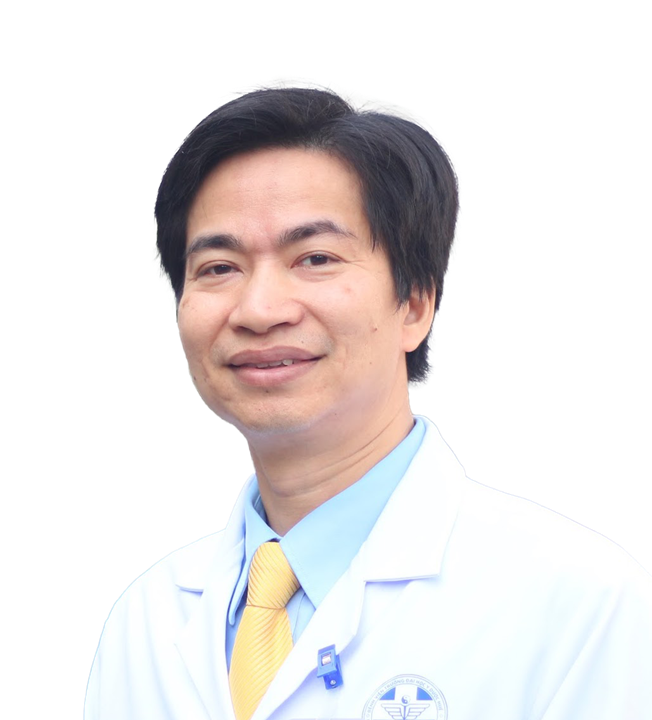
Ethnic differences in managing dyslipidemia: tailoring treatment strategies for Asian and Western populations
Hoang Anh Tien Hue University of Medicine and Pharmacy, Vietnam 17:25~17:45 - Panel Discussion 17:45~18:15
Chairperson(s) : Wook Bum Pyun (Ewha Womans University, Republic of Korea), Mi-Seung Shin (Gachon University, Republic of Korea)
Panel(s) : Hyun-Jin Kim (Hanyang University, Republic of Korea), Ye Seul Yang (Seoul National University, Republic of Korea), Hyeonju Jeong (Hanyang University, Republic of Korea)
DetailSex and gender differences in cardiometabolic health have emerged as a critical dimension in precision medicine. This symposium will explore these complexities, ranging from biological and hormonal mechanisms to gender-informed differences in diagnosis and therapy. Professor Erin D. Michos from Johns Hopkins University, USA, will discuss mechanistic insights linking sex and cardiometabolic risk. Professor Ji Eun Lee from Korea University, Republic of Korea, will highlight how sex and gender influence cardiovascular risk assessment and biomarker interpretation. Finally, Professor Hyun Ju Yoon from Chonnam National University, Republic of Korea, will address the differential responses of men and women to cardiometabolic therapies. This session aims to highlight why sex-specific approaches are essential for accurate risk stratification and effective treatment in cardiometabolic disease.
-
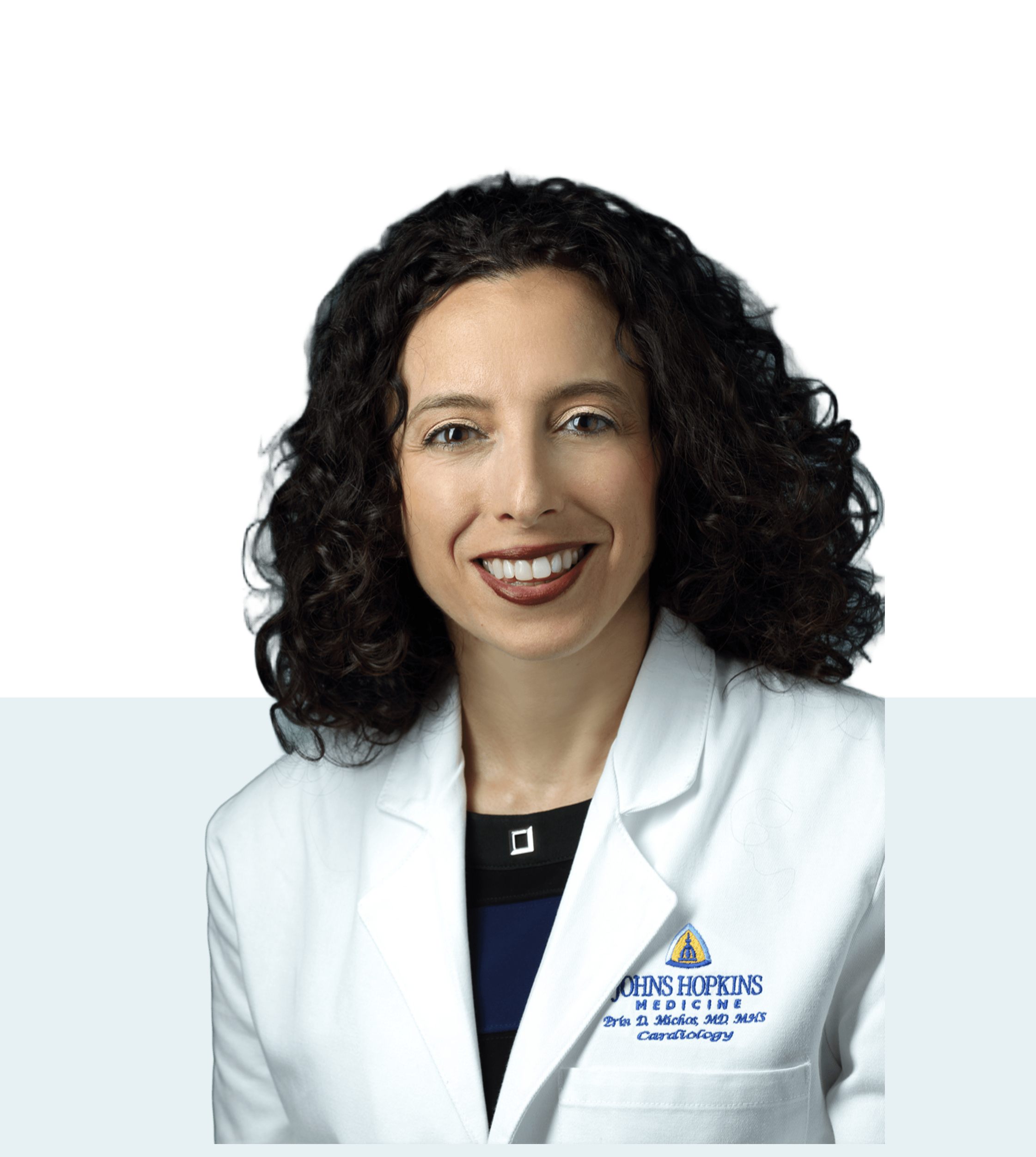
Biological and hormonal mechanisms linking sex and cardiometabolic risk
Erin D. Michos Johns Hopkins University, USA 16:45~17:05 -
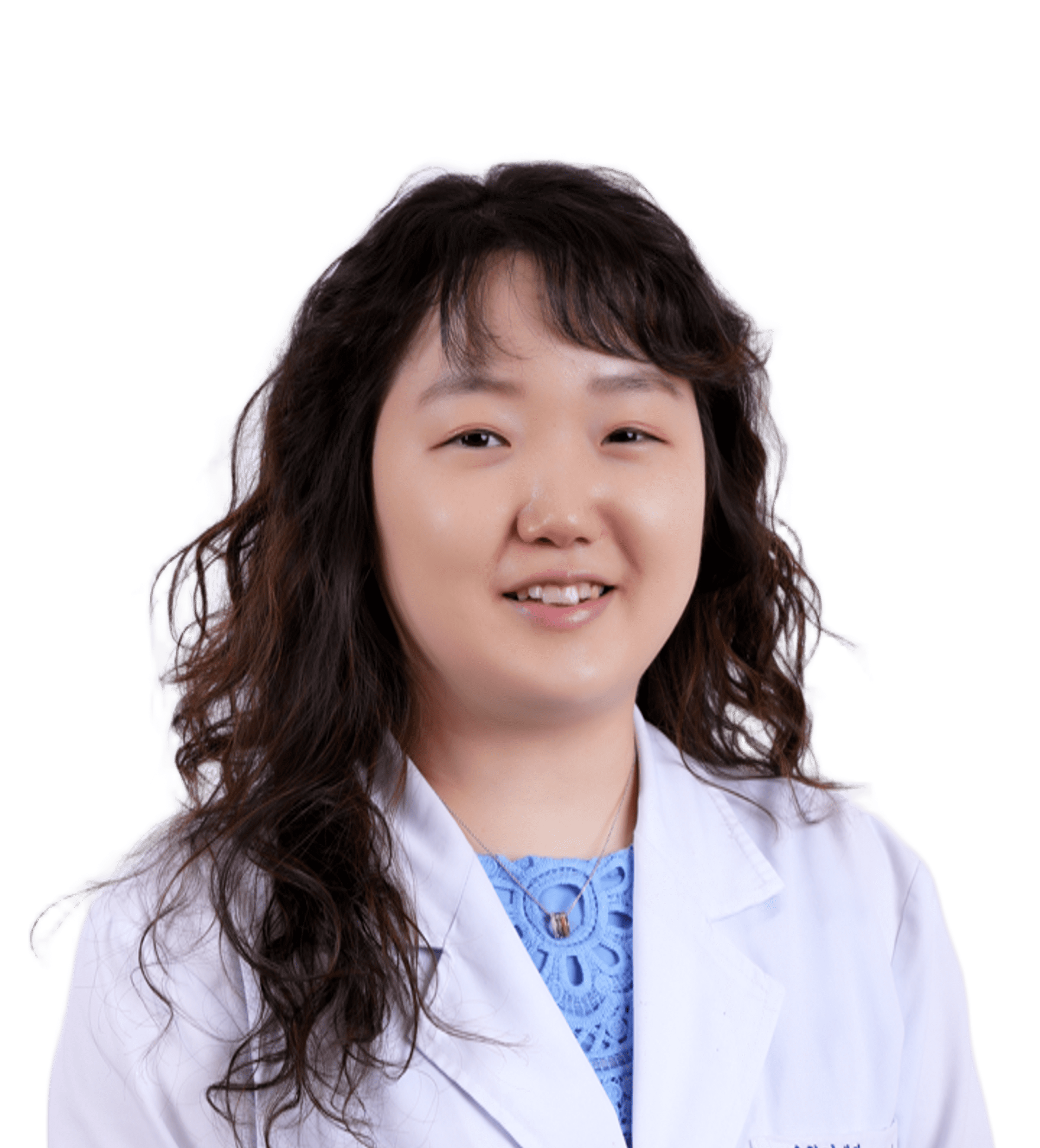
Sex and gender differences in risk assessment and biomarkers for cardiovascular disease
Ji Eun Lee Korea University, Republic of Korea 17:05~17:25 -

Do women and men respond differently to cardiometabolic therapies?
Hyun Ju Yoon Chonnam National University, Republic of Korea 17:25~17:45 - Panel Discussion 17:45~18:15
Chairperson(s) : Goo Taeg Oh (Ewha Womans University, Republic of Korea), Yongseek Park (Kyung Hee University, Republic of Korea)
Panel(s) : Jeong-Min Kim (Seoul National University, Republic of Korea), Jae-Hoon Choi (Hanyang University, Republic of Korea), Kyung-Sun Heo (Chungnam National University, Republic of Korea)
DetailMacrophage immunometabolism plays a pivotal role in orchestrating inflammation and repair in cardiovascular disease. This session will highlight emerging metabolic axes governing macrophage function in cardiometabolic injury and recovery. Professor Laurent Yvan-Charvet from INSERM, France, will introduce glutamine homeostasis as a previously overlooked regulator of cardiometabolic inflammation, shedding light on its immunomodulatory roles. Professor Edward Thorp from Northwestern University, USA, will present how myeloid cell metabolism influences both the amplification and resolution of cardiac inflammation, offering insights into innate immune reprogramming. Professor Yong Sook Kim from Chonnam National University, Republic of Korea, will present the therapeutic potential of ANGPTL4 in modulating inflammation and atherosclerosis. This session offers a comprehensive overview of the immunometabolic programming of macrophages and its translational relevance in cardiovascular injury and repair.
-

Glutamine homeostasis: an overlooked axis in cardiometabolic inflammation
Laurent Yvan-Charvet INSERM, France 16:45~17:05 -

Myeloid metabolism in the amplification and resolution of cardiac inflammation
Edward Thorp Northwestern University, USA 17:05~17:25 -

Therapeutic promise of ANGPTL4 in cardiovascular inflammation
Yong Sook Kim Chonnam National University, Republic of Korea 17:25~17:45 - Panel Discussion 17:45~18:15
Chairperson(s) : Jeong Euy Park (Drs Park & Kim Heart and Lung International Clinic, Republic of Korea)
Panel(s) : In Tae Moon (Eulji University, Republic of Korea), Eunshil Hong (National Medical Center, Republic of Korea)
Chairperson(s) : Soon Jun Hong (Korea University, Republic of Korea), Ade Meidian Ambari (Universitas Indonesia, Indonesia)
Panel(s) : Bambang Widyantoro (Universitas Indonesia, Indonesia)
-

Minimizing LDL-C variability via sustained, long-term efficacy
Youngwoo Jang Gachon University, Republic of Korea 07:50~08:05 -

The lower the better: Rosuvastatin’s next option for dyslipidemia management
Jina Choi Seoul National University, Republic of Korea 08:05~08:20 - Panel Discussion 08:20~08:25
- MOU Ceremony - The Indonesian Heart Association (IHA) & The Korean Society of Lipid and Atherosclerosis (KSoLA) 08:25~08:35
Chairperson(s) : Kyong Soo Park (Konkuk University, Republic of Korea)
Panel(s) : Shin-young Woo (Konyang University, Republic of Korea), Kyu-Sun Lee (Eulji University, Republic of Korea)
Chairperson(s) : Hyun Ho Shin (Asan Chungmu Hospital, Republic of Korea)
-

New approaches to treating hypertriglyceridemia in patients with renal impairment
Young-Sang Lyu Chosun University, Republic of Korea 07:50~08:02 -
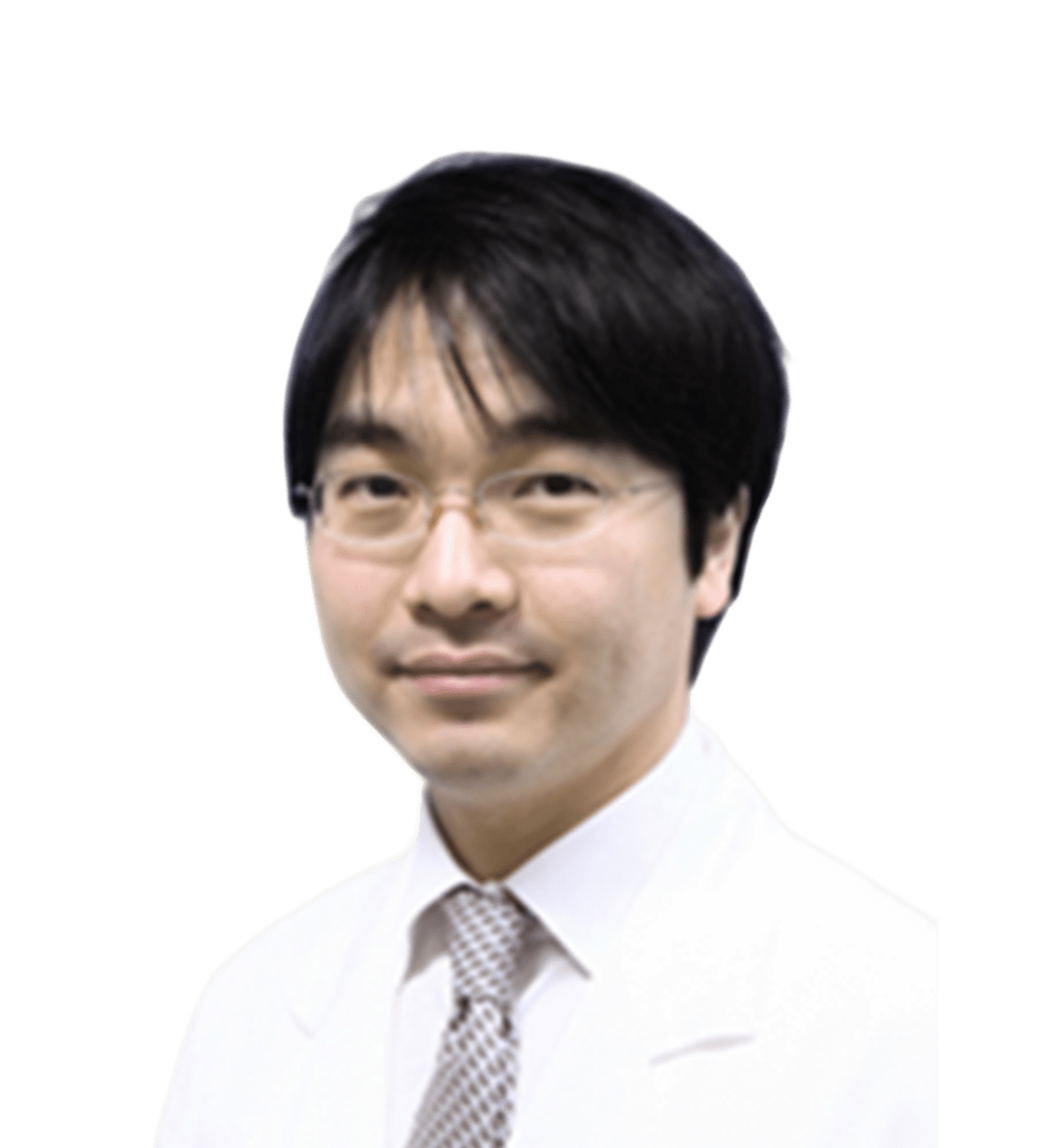
Profile of Pravastatin and its effects in transplant recipients
Jae Yoon Park Dongguk University, Republic of Korea 08:02~08:14 -
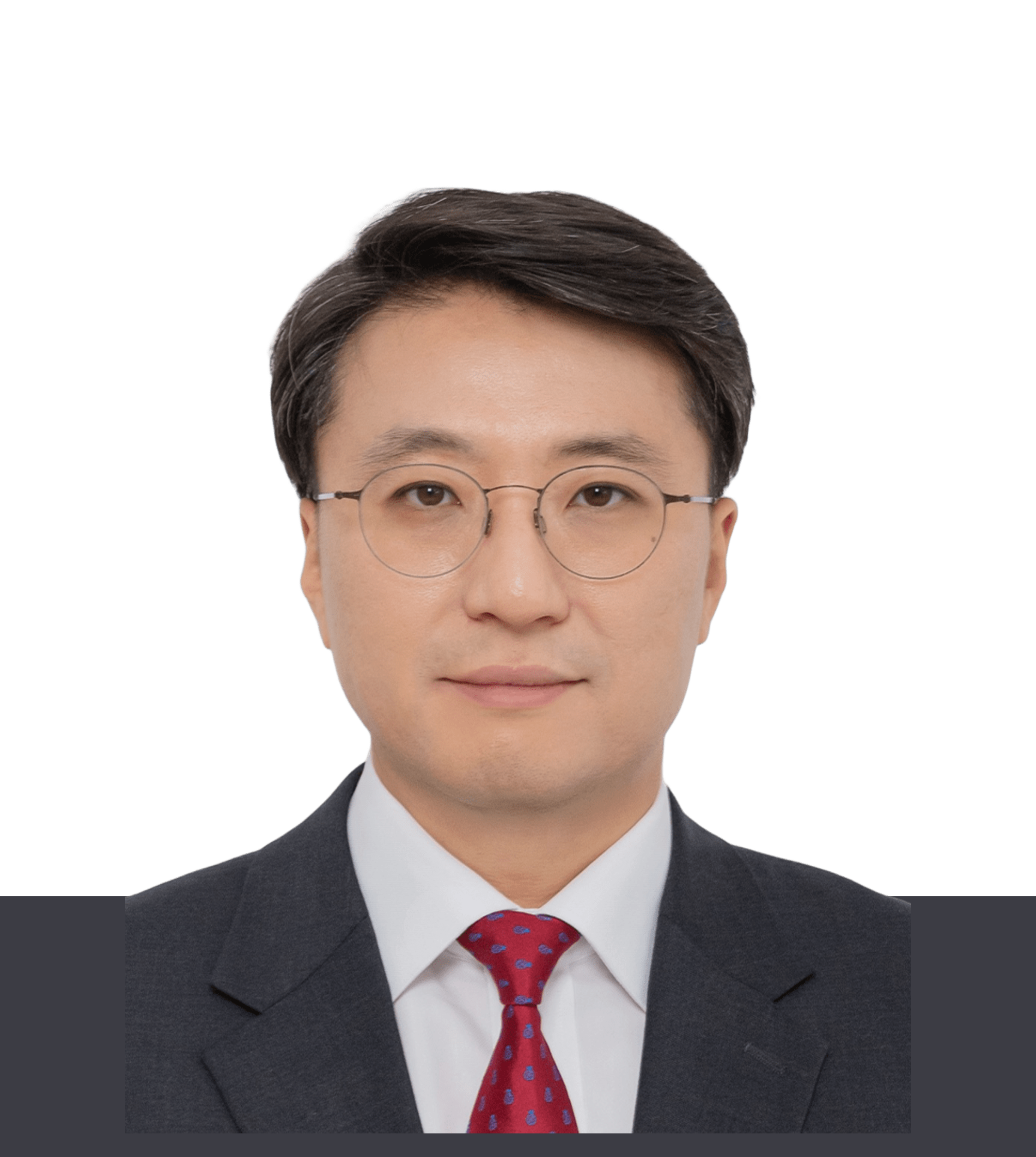
Comparative effectiveness of lercanidipine and amlodipine on MACE in hypertensive patients
Hyung Joon Joo Korea University, Republic of Korea 08:14~08:26
Chairperson(s) : Dae Jung Kim (Ajou University, Republic of Korea), Soo Lim (Seoul National University, Republic of Korea)
-
Statin use and site-specific cancer risk: a nationwide cohort study using Korean health insurance data
Yun Kyung Cho Asan Medical Center, University of Ulsan College of Medicine, Republic of Korea 08:50~09:00 -
Association between circulating trimethylamine N-oxide levels and carotid perivascular fat density in acute ischemic stroke patients
Eung-Joon Lee Seoul National University Hospital, Republic of Korea 09:00~09:10 -
The relationship of inflammatory markers with the development of coronary artery calcification: a multicenter, longitudinal cohort study
Kyung An Kim Incheon St. Mary\'s Hospital, Republic of Korea 09:10~09:20 -
Saffron as a natural statin alternative: in silico modulation of MMP-9 and TIMP-1 for plaque stability
Iman Nabilah Abd Rahim Universiti Teknologi MARA, Malaysia 09:20~09:30 -
Comparative outcomes of moderate-intensity statin with ezetimibe vs high-intensity statin therapy: a retrospective observational cohort study
Junpil Yun Seuol National University Hospital, Republic of Korea 09:30~09:40 -
Effectiveness and safety of very low-dose rosuvastatin-ezetimibe therapy in dyslipidemia: a multicenter prospective observational study
Sung A Bae Yongin Severance Hospital, Yonsei University College of Medicine, Republic of Korea 09:40~09:50 -
Clinical outcomes of high intensity lipid lowering agents for patients after complex PCI
Youngkwan Kim Seoul National University Hospital, Republic of Korea 09:50~10:00 -
Effect of omega-3 fatty acid supplementation on liver function and lipid profile in tobacco Users: a randomized placebo-controlled trial
Anjali Singh King Georges Medical University, India 10:00~10:10 -
Metabolomic patterns of dietary protein intake and their link to cardiometabolic risk: a systematic review and meta-analysis
Nicole Min Yee Wong National University of Singapore, Singapore 10:10~10:20
Chairperson(s) : In-Ho Chae (Seoul National University, Republic of Korea), Jeong Hyeon Noh (Inje University, Republic of Korea)
Panel(s) : Yeoree Yang (The Catholic University of Korea, Republic of Korea), Seung Hun Lee (Chonnam National University, Republic of Korea), Sang Yup Lim (Korea University, Republic of Korea), Jung Rae Cho (Hallym University, Republic of Korea)
DetailThis session, held as a joint symposium with the Canadian Society of Atherosclerosis, Thrombosis and Vascular Biology (CSATVB), will discuss how lifelong LDL cholesterol burden affects cardiovascular health and highlight the importance of timely, targeted prevention, while also extending the discussion to ApoB and non-HDL cholesterol as markers for early risk assessment. Professor Warren Lee (University of Toronto, Canada) will describe the mechanisms by which LDL particles cross the vascular endothelium and promote atherosclerosis, with a focus on endothelial transcytosis as a potential therapeutic target. Following this, Professor Aram Yang (Sungkyunkwan University, Republic of Korea) will address cardiovascular risk management in youth, discussing when and how to intervene for optimal long-term outcomes. The session will conclude with Professor Jae Hyoung Park (Korea University, Republic of Korea), who will examine the role of ApoB and non-HDL cholesterol in the early prevention of cardiovascular disease. Overall, this joint symposium integrates mechanistic insights with practical strategies to support lifelong cardiovascular risk reduction.
-
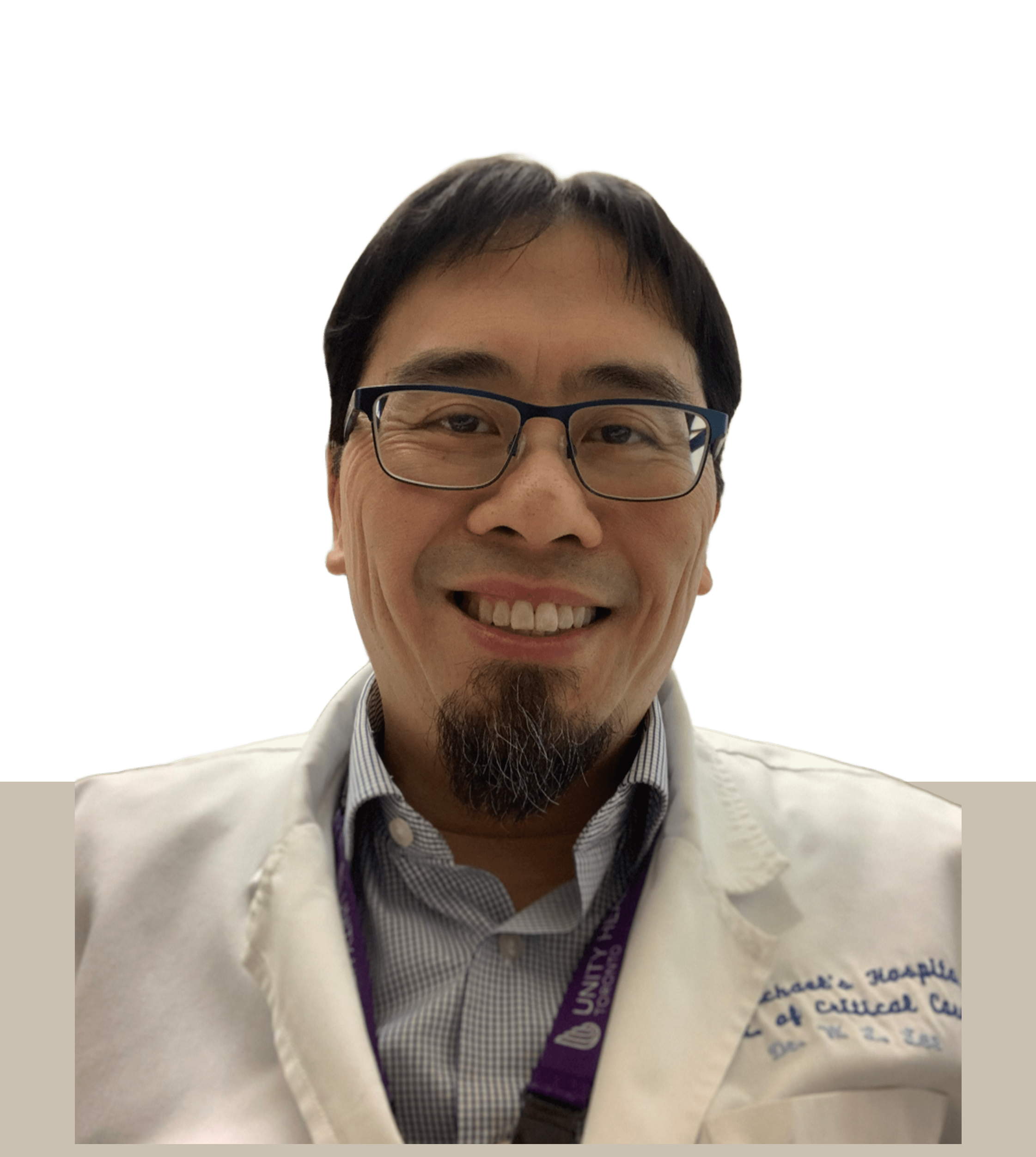
Cumulative LDL-cholesterol burden and cardiovascular risk: the unsuspected role of LDL transcytosis
Warren Lee Unity Health Toronto and University of Toronto, Canada 08:50~09:10 -

Dyslipidemia in youth: why early intervention matters for lifelong cardiovascular health
Aram Yang Sungkyunkwan University, Republic of Korea 09:10~09:30 -
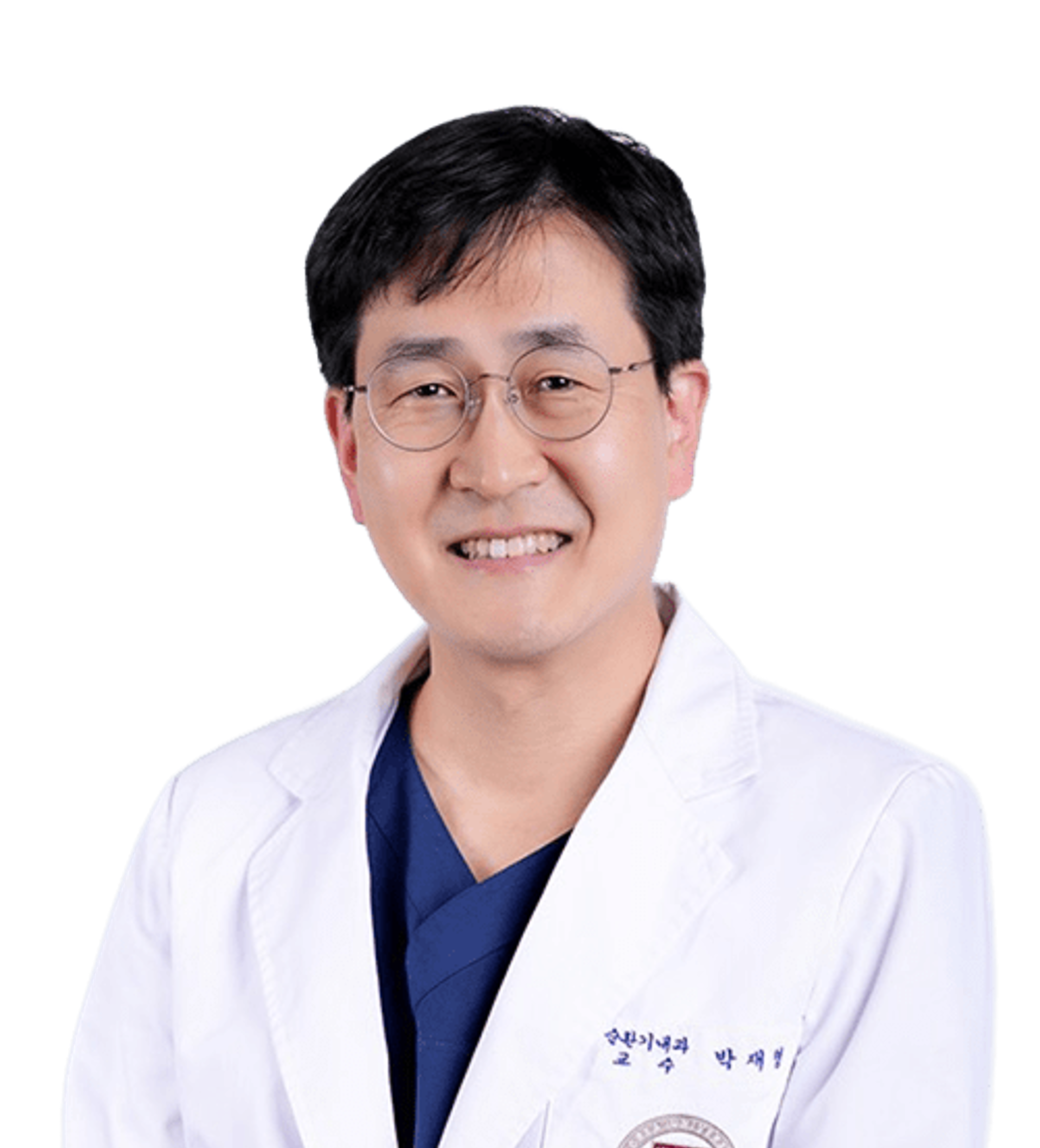
Beyond LDL-C: role of ApoB and non-HDL cholesterol in early prevention
Jae Hyoung Park Korea University, Republic of Korea 09:30~09:50 - Panel Discussion 09:50~10:20
Chairperson(s) : Hidenori Arai (National Center for Geriatrics and Gerontology, Japan), Kwang-il Kim (Seoul National University, Republic of Korea)
Panel(s) : Jung-Woo Son (Yonsei University, Republic of Korea), Min Kyung Lee (Hanyang University, Republic of Korea), Ja Young Jeon (Ajou University, Republic of Korea), Jung Yeon Choi (Seoul National University, Republic of Korea)
DetailAs the number of elderly patients rapidly increase, this session is designed to understand the characteristics of these patients, such as their multimorbidity and fragility and to provide prevention and treatment strategies tailored to each disease and situation. Professor Dong-Ho Shin from Yonsei University, Republic of Korea, will discuss “Strategies for managing hyperlipidemia in fragile elderly patients.” Professor Soojin Yun from Kyung Hee University, Republic of Korea, will cover “Optimizing glucose control in fragile elderly patients with cardiometabolic syndrome.” Finally, Professor Hidenori Arai from National Center for Geriatrics and Gerontology, Japan, will deliver a lecture on “How to deal with multimorbidity and frailty for the prevention of cardiovascular disease.”
-
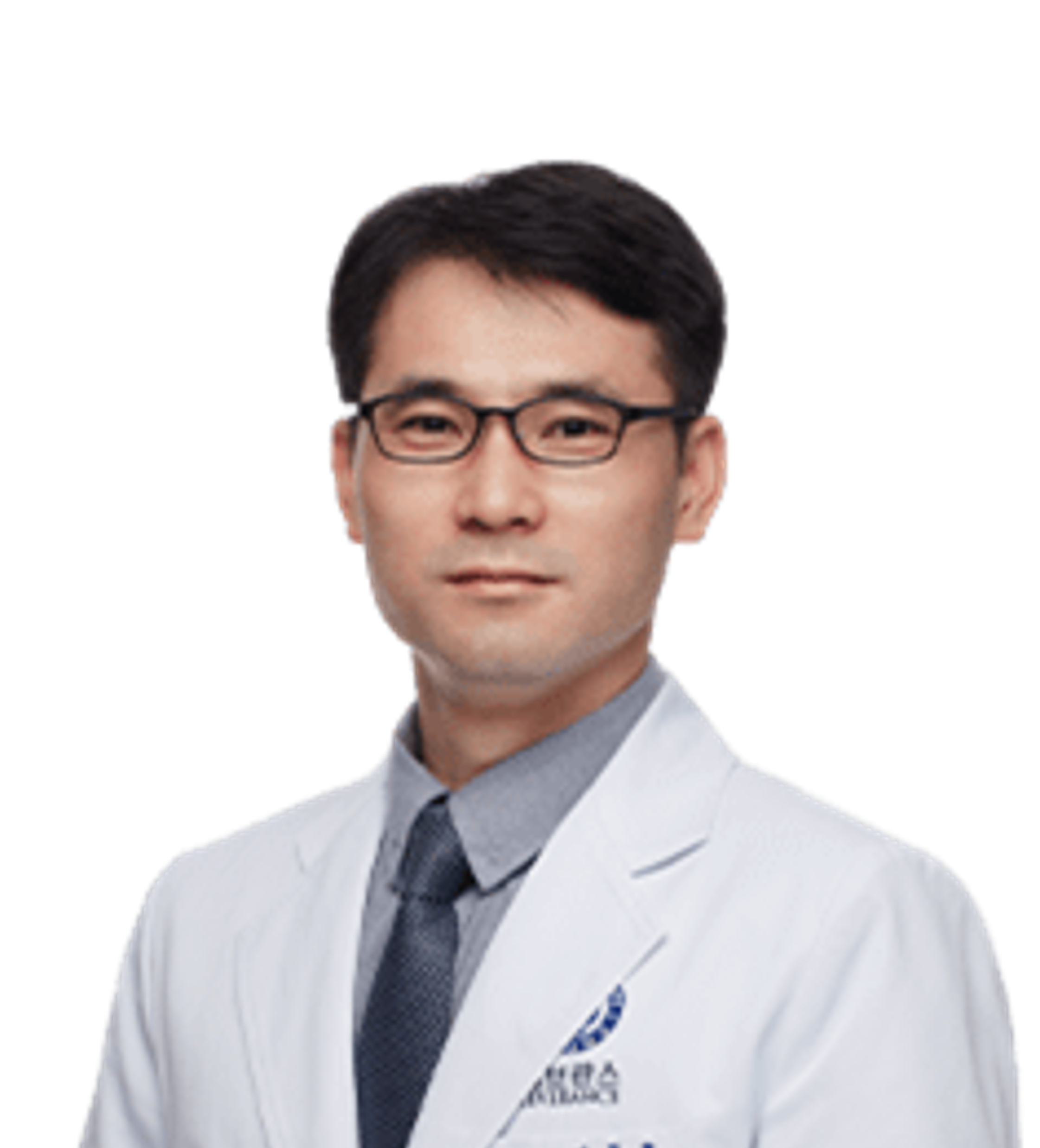
Strategies for managing hyperlipidemia in fragile elderly patients
Dong-Ho Shin Yonsei University, Republic of Korea 08:50~09:10 -
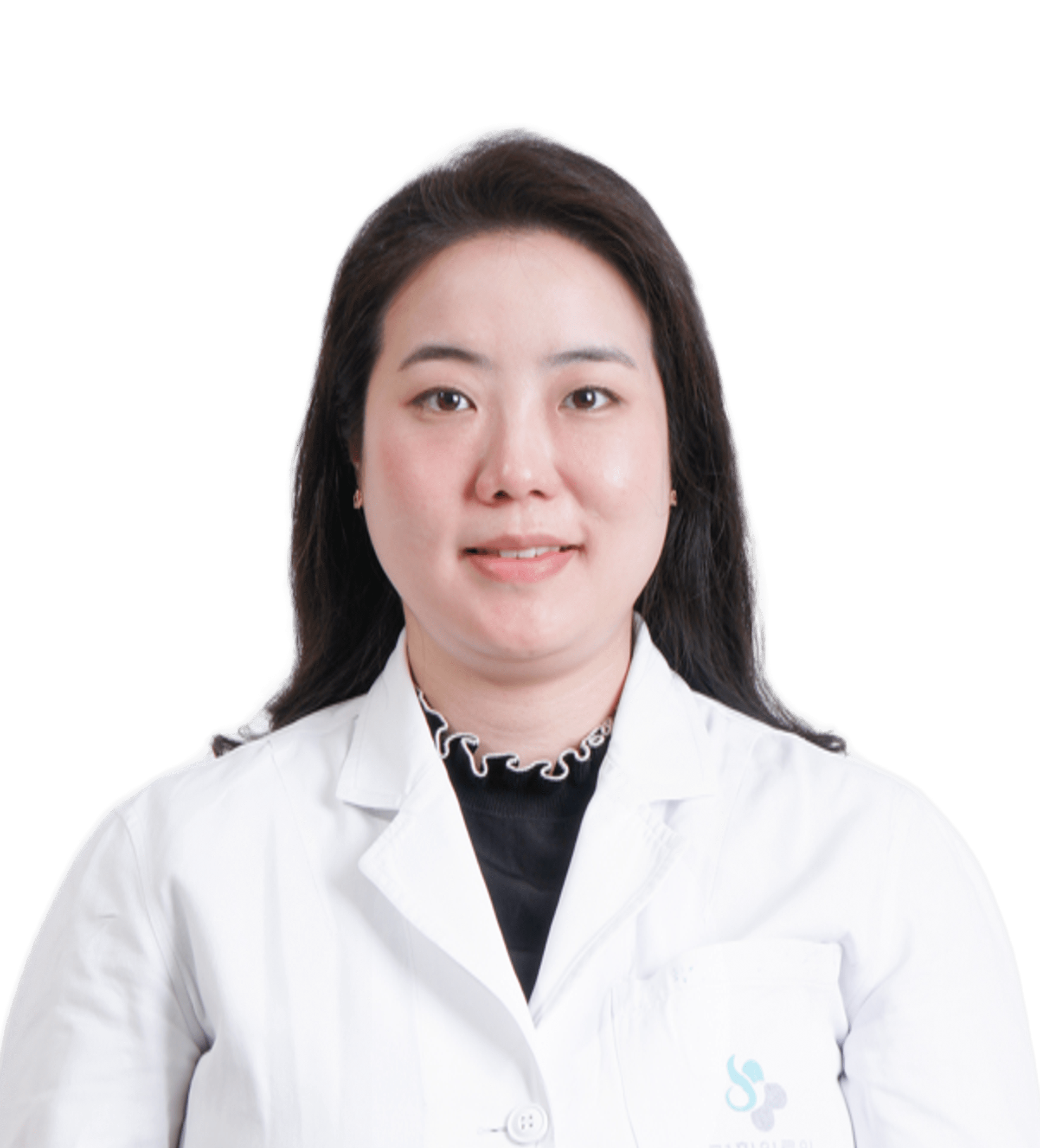
Optimizing glucose control in fragile elderly patients with cardiometabolic syndrome
Soo Jin Yun Kyung Hee University, Republic of Korea 09:10~09:30 -
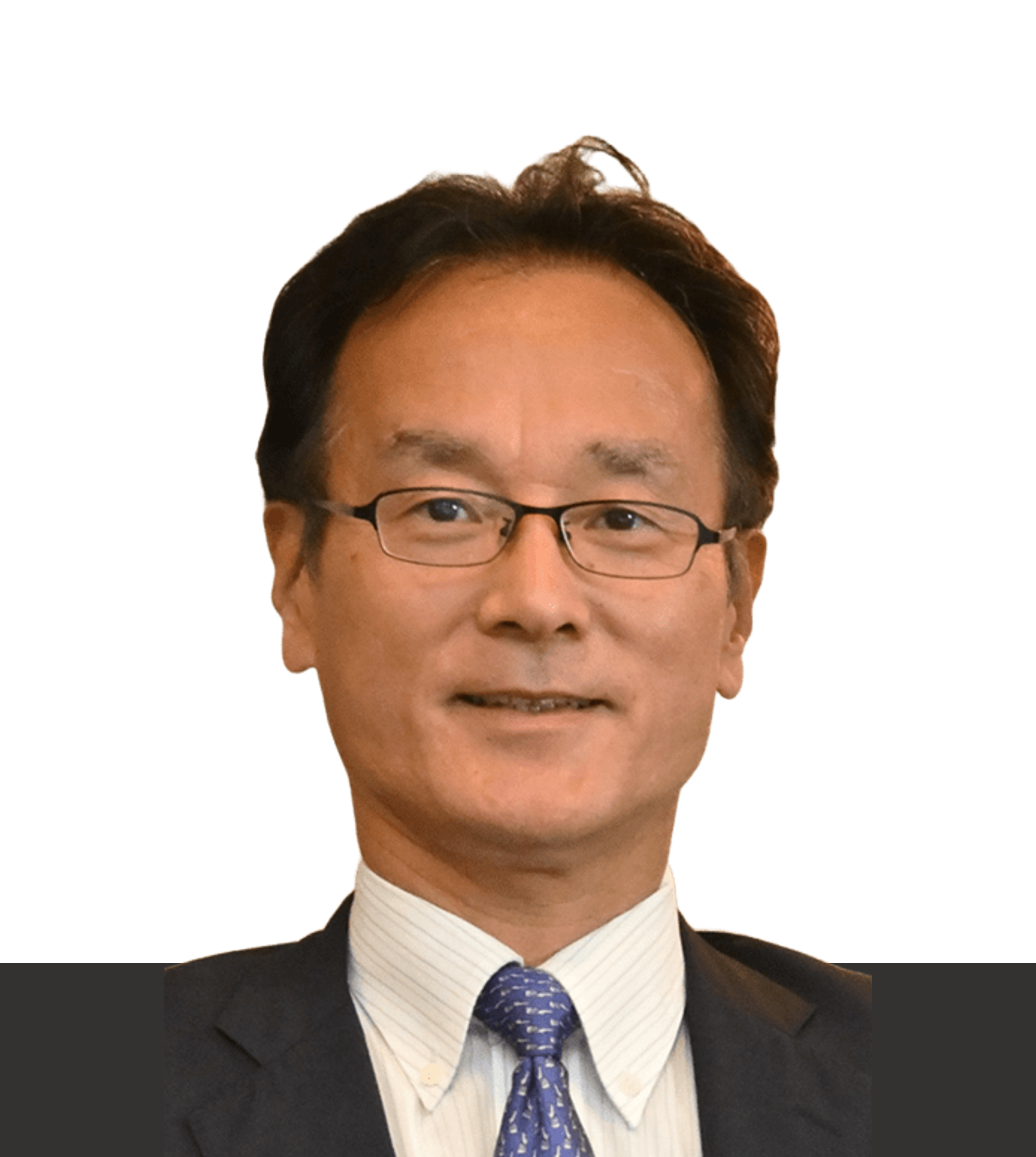
How to deal with multimorbidity and frailty for the prevention of cardiovascular disease
Hidenori Arai National Center for Geriatrics and Gerontology, Japan 09:30~09:50 - Panel Discussion 09:50~10:20
Chairperson(s) : Jang-Young Kim (Yonsei University, Republic of Korea), Cheol-Young Park (Sungkyunkwan University, Republic of Korea)
Panel(s) : Bu Kyung Kim (Kosin University, Republic of Korea), Hyun-Suk Yang (Konkuk University, Republic of Korea), Hyemoon Chung (Kyung Hee University, Republic of Korea)
DetailThis session provides an in-depth exploration of the paradigm shift in obesity management from treatment to prevention. Prof. Choon Young Kim (Yeungnam University, Republic of Korea) presents the anti-obesity effects of bioactive compounds from natural products, focusing on cellular signaling and metabolic regulation. Prof. Yun Kyung Cho (University of Ulsan, Republic of Korea) discusses the therapeutic potential of semaglutide in obesity and its cardiometabolic benefits. Prof. Sang-Ho Jo (Hallym University, Republic of Korea) addresses the role of tirzepatide, a dual GIP/GLP-1 receptor agonist, in obesity treatment and comprehensive metabolic care.
-
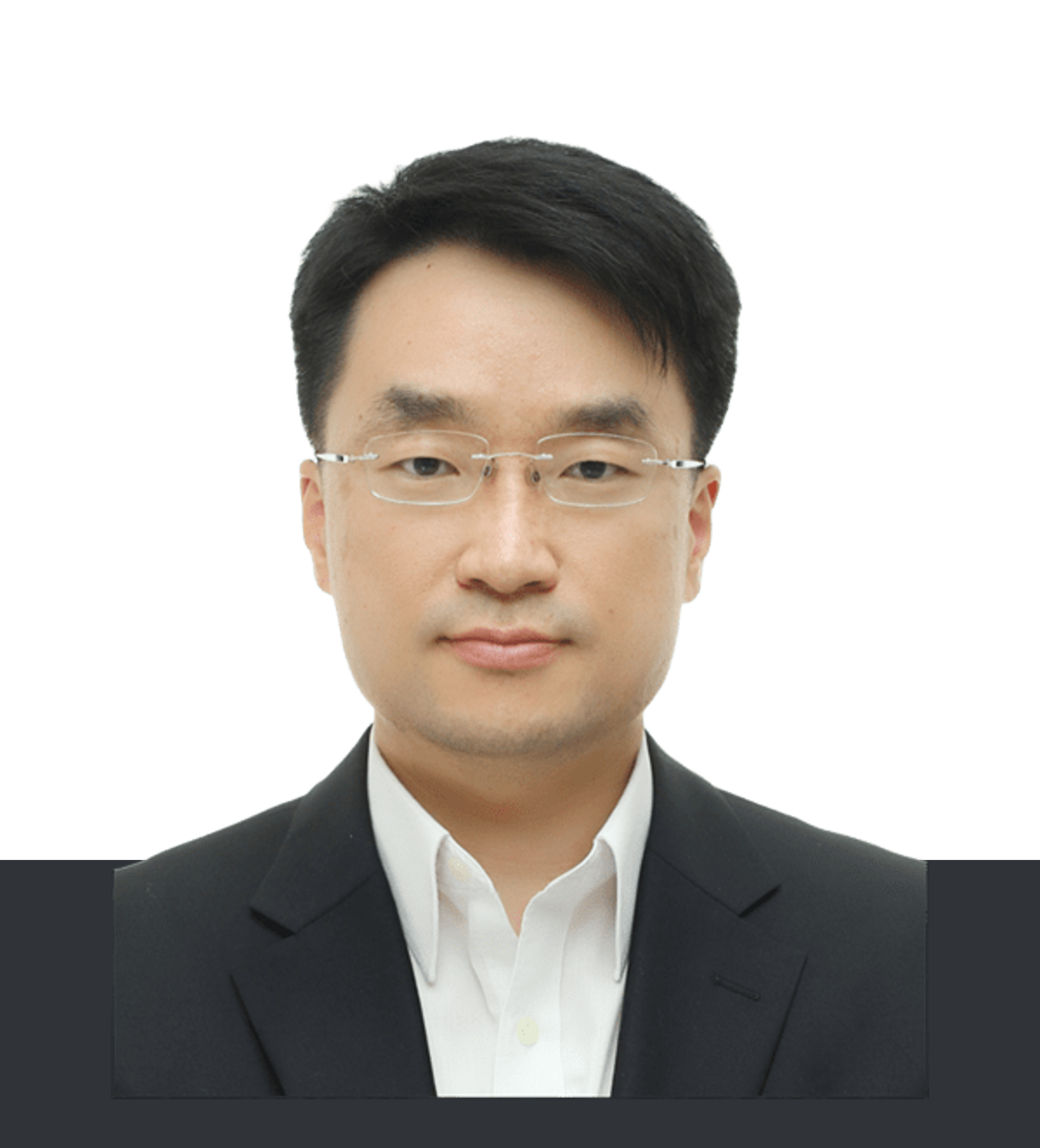
Tirzepatide a dual GIP GLP-1 receptor agonist in obesity and metabolic care
Sang-Ho Jo Hallym University, Republic of Korea 08:50~09:10 -

Anti-obesity effects of bioactive compound from natural products: a mechanism-oriented approach focusing on cellular signaling and metabolic regulation
Choon Young Kim Yeungnam University, Republic of Korea 09:10~09:30 -

Semaglutide for obesity treatment and cardiometabolic benefits
Yun Kyung Cho University of Ulsan, Republic of Korea 09:30~09:50 - Panel Discussion 09:50~10:20
Chairperson(s) : Ki Hoon Han (University of Ulsan, Republic of Korea)
DetailProfessor Kausik Kumar Ray is a Professor of Public Health and Primary Care at Imperial College London and Honorary Consultant Cardiologist at Imperial College NHS Trust. He is the Immediate Past President of the European Atherosclerosis Society and the Chair of the World Heart Federation Cholesterol Roadmap Committee. As a globally recognized expert in clinical trials and epidemiological research, his work has been cited over 178,000 times worldwide. In this plenary lecture titled “Cholesterol lowering throughout the life-course to prevent atherosclerotic cardiovascular disease-a pragmatic population health approach,” Professor Ray will highlight the importance of lipid management across the entire life course. The session will explore evidence-based strategies for the prevention of atherosclerotic cardiovascular disease (ASCVD), emphasizing a pragmatic and population-wide approach to cholesterol reduction.
Chairperson(s) : Byung-Chul Oh (Gachon University, Republic of Korea)
DetailIn Keynote Lecture 2, Professor Jacob Fog Bentzon from Aarhus University, Denmark, will present his latest findings on “The role of smooth muscle cells in atherosclerotic plaque progression.” As a global authority in experimental atherosclerosis research, Professor Bentzon leads a team focused on uncovering the cellular mechanisms of atherosclerosis and identifying novel therapeutic targets. This lecture will explore the heterogeneity and phenotypic modulation of smooth muscle cells within atherosclerotic plaques and their impact on plaque stability and cardiovascular events. Bridging fundamental science and clinical relevance, this keynote will provide critical insights for those seeking to understand the pathobiology of atherosclerosis and to develop future treatment strategies.
Chairperson(s) : Kwang-Won Kim (Gachon University, Republic of Korea)
Panel(s) : Ji Yoon Kim (Sungkyunkwan University, Republic of Korea), Hyun Sung Joh (Seoul National University, Republic of Korea)
Chairperson(s) : Myung Ho Jeong (Gwangju Veterans Hospital, Republic of Korea)
Panel(s) : Yu Ji Kim (Jeonbuk National University, Republic of Korea), Ki Hong Choi (Sungkyunkwan University, Republic of Korea)
Chairperson(s) : Hak Chul Jang (Seoul National University, Republic of Korea)
Panel(s) : Seokhun Yang (Seoul National University, Republic of Korea), Kyong Hye Joung (Chungnam National University, Republic of Korea)
Chairperson(s) : Jae Hyoung Park (Korea University, Republic of Korea)
DetailProfessor Hong June Yoo, Endowed Director General, National Museum of Korea, Republic of Korea, is a leading scholar who has played a pivotal role in bringing Korean art history and garden culture to the public. In this special lecture, Professor Yoo will explore the aesthetic differences between Eastern and Western approaches to gardens, and introduce the uniquely nature-oriented philosophy embodied in traditional Korean gardens. This lecture offers a unique opportunity to reflect on how Korean gardens express a deep respect for nature and reveal a way of life that seeks harmony with the natural world.
Chairperson(s) : Ki Hoon Han (University of Ulsan, Republic of Korea), Sang-Hyun Kim (Seoul National University, Republic of Korea)
Chairperson(s) : Hyojee Joung (Seoul National University, Republic of Korea), Min-Jeong Shin (Korea University, Republic of Korea)
Panel(s) : Hyunju Kang (Keimyung University, Republic of Korea), Bohkyung Kim (Pusan National University, Republic of Korea), Dahyun Park (Korea University, Republic of Korea), Hyunjung Lim (Kyung Hee University, Republic of Korea)
DetailThe KoSFoST–KSoLA Joint Symposium on the “Role of Medicinal Foods in Atherosclerosis and Cardiometabolic Disease” was co-organized by the Health Functional Foods Division of the Korean Society of Food Science and Technology (KoSFoST) and the Korean Society of Lipid and Atherosclerosis (KSoLA). Professor Hun-Jun Park (Catholic University of Korea, Republic of Korea) will discuss novel health functional products designed to prevent pathological remodeling after myocardial infarction. Professor Sung Keun Jung (Kyungpook National University, Republic of Korea) will highlight how ultrasonicated Lespedeza cuneata extract can prevent early atherosclerosis, underscoring the critical role of processing techniques. Finally, Dr. Jiyun Ahn (Korea Food Research Institute, Republic of Korea) will examine strategies for regulating mitochondrial metabolic reprogramming during aging and provide systematic insights for anti-aging interventions. Following these distinguished presentations, the session will proceed with in-depth discussions regarding the role and practical development of medicinal foods in managing atherosclerosis and cardiometabolic disease.
-
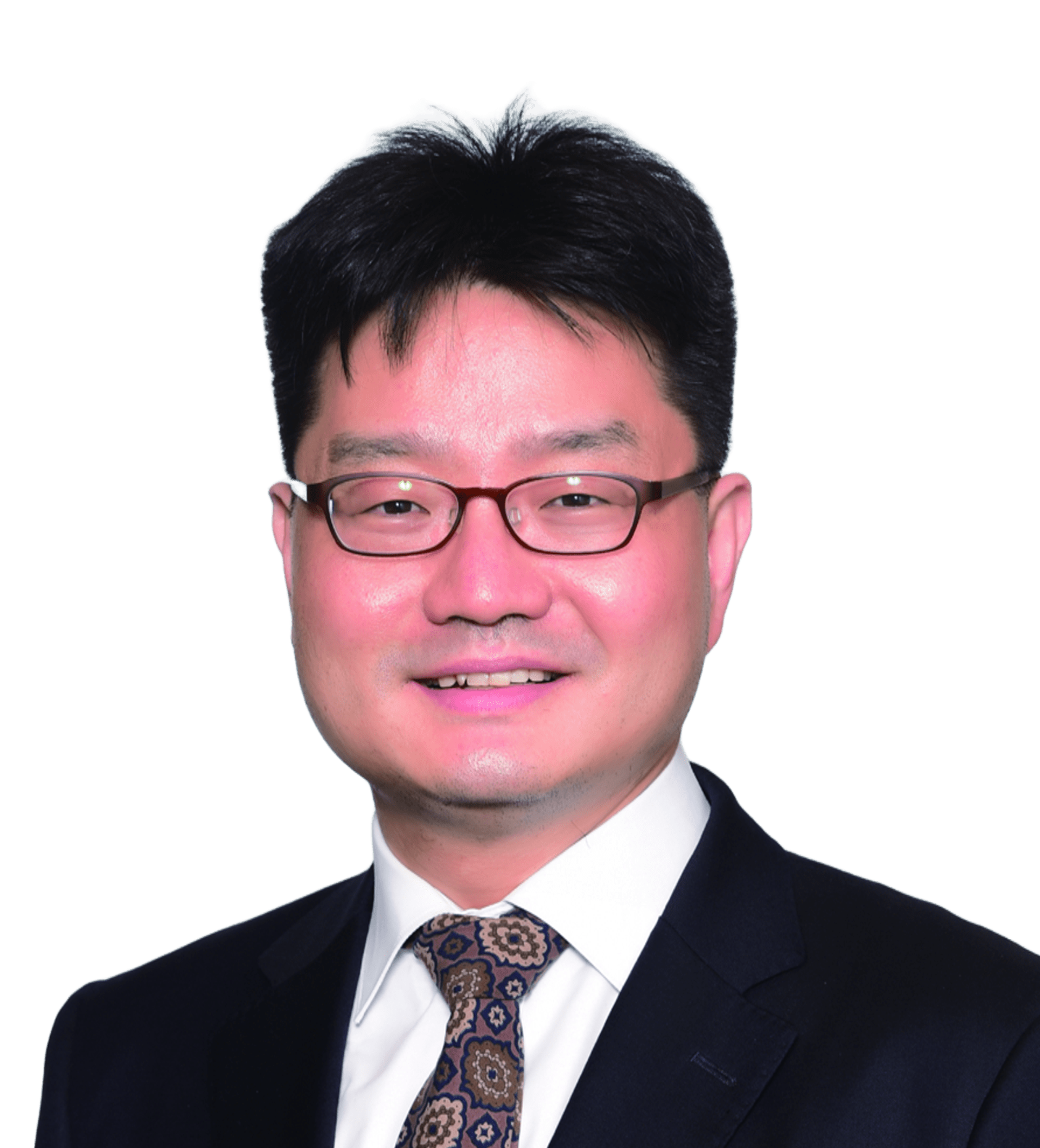
Novel health functional products to prevent post-MI pathologic remodeling
Hun-Jun Park The Catholic University of Korea, Republic of Korea 14:50~15:10 -
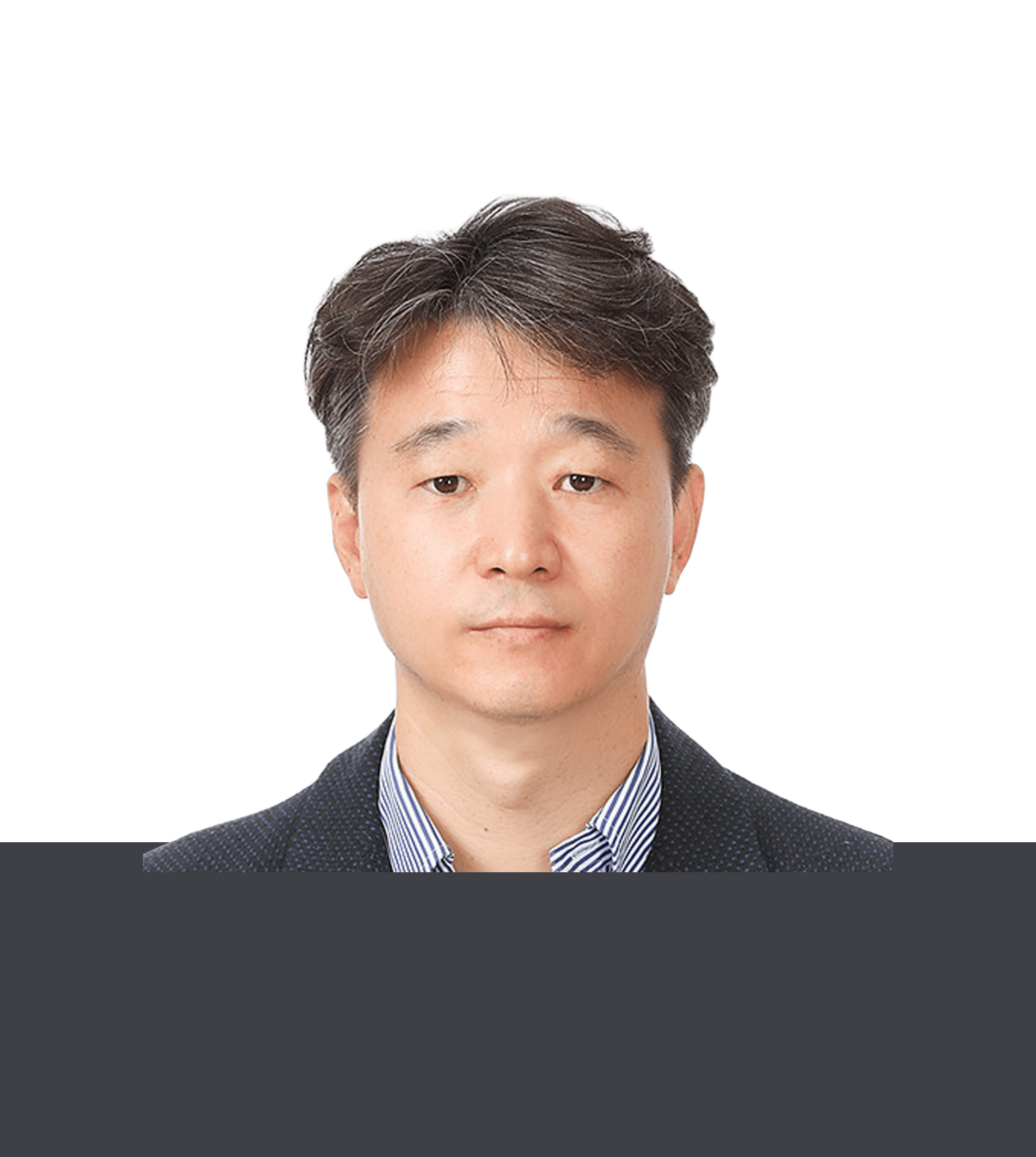
Ultrasonicated Lespedeza cuneata extract prevents TNF-α-induced early atherosclerosis in vitro and in vivo
Sung Keun Jung Kyungpook National University, Republic of Korea 15:10~15:30 -

Regulation of mitochondrial metabolic reprogramming during aging
Jiyun Ahn Korea Food Research Institute, Republic of Korea 15:30~15:50 - Panel Discussion 15:50~16:20
Chairperson(s) : Masayuki Yoshida (Institute of Science Tokyo, Japan), Sang Hong Baek (The Catholic University of Korea, Republic of Korea)
Panel(s) : Minjeong Kim (Ewha Womans University, Republic of Korea), Sungjoon Park (Seoul National University, Republic of Korea), Sung Kee Ryu (Ewha Womans University, Republic of Korea)
DetailThis session explores the emerging clinical challenges of atherosclerosis in patients with complex comorbidities such as cancer survivorship, metabolic dysfunction, and autoimmune diseases. Professor Nuri Lee from Chonnam National University, Republic of Korea, will address the balance between cardiovascular and oncologic risks in cancer survivors, highlighting tailored lipid management strategies. Professor Won Kim from Seoul National University, Republic of Korea, will discuss metabolic dysfunction-associated steatotic liver disease (MASLD/MAFLD) as a novel cardiovascular risk equivalent. Lastly, Professor Ji-Won Kim from Daegu Catholic University, Republic of Korea, will focus on atherosclerosis in rheumatoid arthritis and systemic autoimmune diseases, providing clinical perspectives on inflammation-driven vascular risk. This session will offer invaluable insights into how systemic comorbidities alter cardiovascular risk and management, making it essential for clinicians and researchers interested in complex patient populations.
-

Atherosclerosis and lipid management in cancer survivors: balancing cardiovascular and oncologic risks
Nuri Lee Chonnam National University, Republic of Korea 14:50~15:10 -
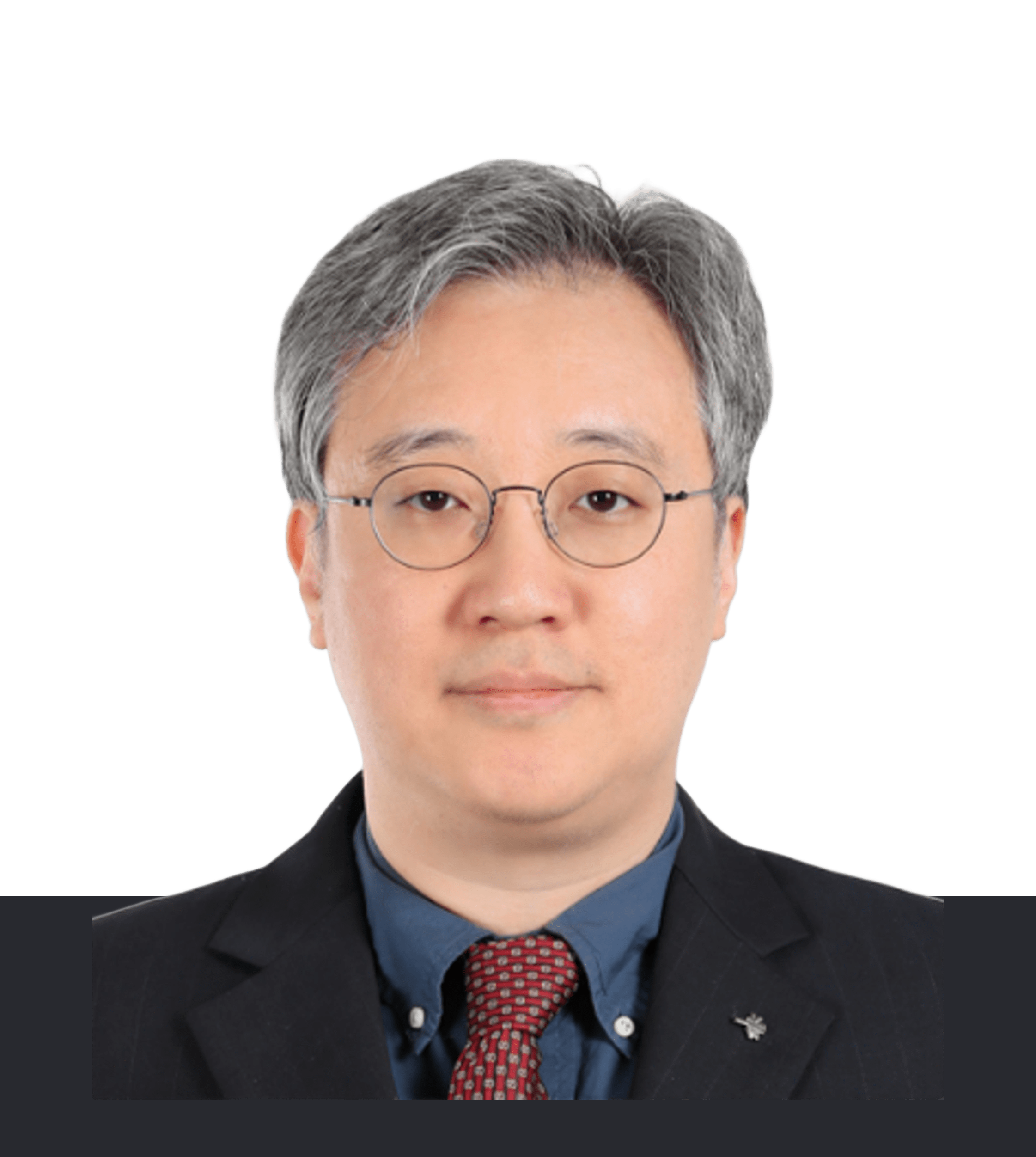
Metabolic dysfunction-associated steatotic liver disease as a cardiovascular risk equivalent
Won Kim Seoul National University, Republic of Korea 15:10~15:30 -

Atherosclerosis in chronic inflammatory diseases: focus on rheumatoid arthritis and systemic autoimmunity
Ji-Won Kim Daegu Catholic University, Republic of Korea 15:30~15:50 - Panel Discussion 15:50~16:20
Chairperson(s) : Hyuk-Sang Kwon (The Catholic University of Korea, Republic of Korea), In-Kyung Jeong (Kyung Hee University, Republic of Korea)
DetailThe Journal of Lipid and Atherosclerosis (JLA) Committee has selected five outstanding papers published over the past year for presentation in this session. The authors will share key findings from their research on lipid metabolism and cardiovascular risk. Professor Su Youn Nam explores the association between high-density lipoprotein cholesterol and hematologic malignancy risk, while Professor Mee Kyoung Kim discusses the role of kidney function in cholesterol-related cardiovascular risk in type 2 diabetes. Professors Hayato Tada and Wen-Liang Song present on the impact of lipoprotein(a) on coronary artery disease and fibrinolysis, respectively, and Professor Belen Davico addresses the role of fatty acids in childhood obesity and cardiovascular risk. This session offers timely insights into the evolving understanding of lipid-related mechanisms in cardiometabolic diseases.
-
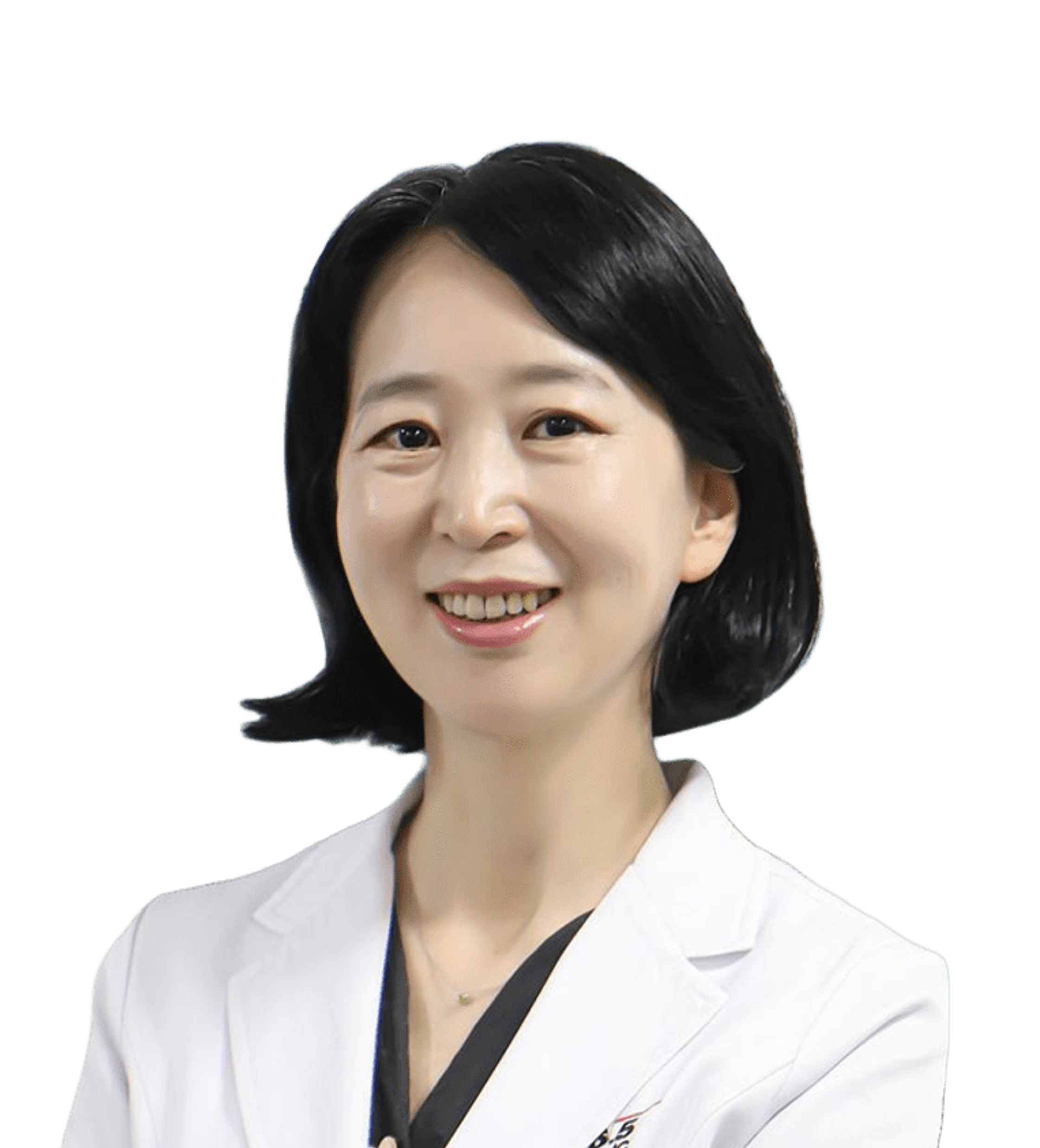
Discrepant Effect of High-Density Lipoprotein Cholesterol on the Hematologic Malignancy Risk: A Nationwide Cohort Study
Su Youn Nam Kyungpook National University, Republic of Korea 14:50~15:05 -
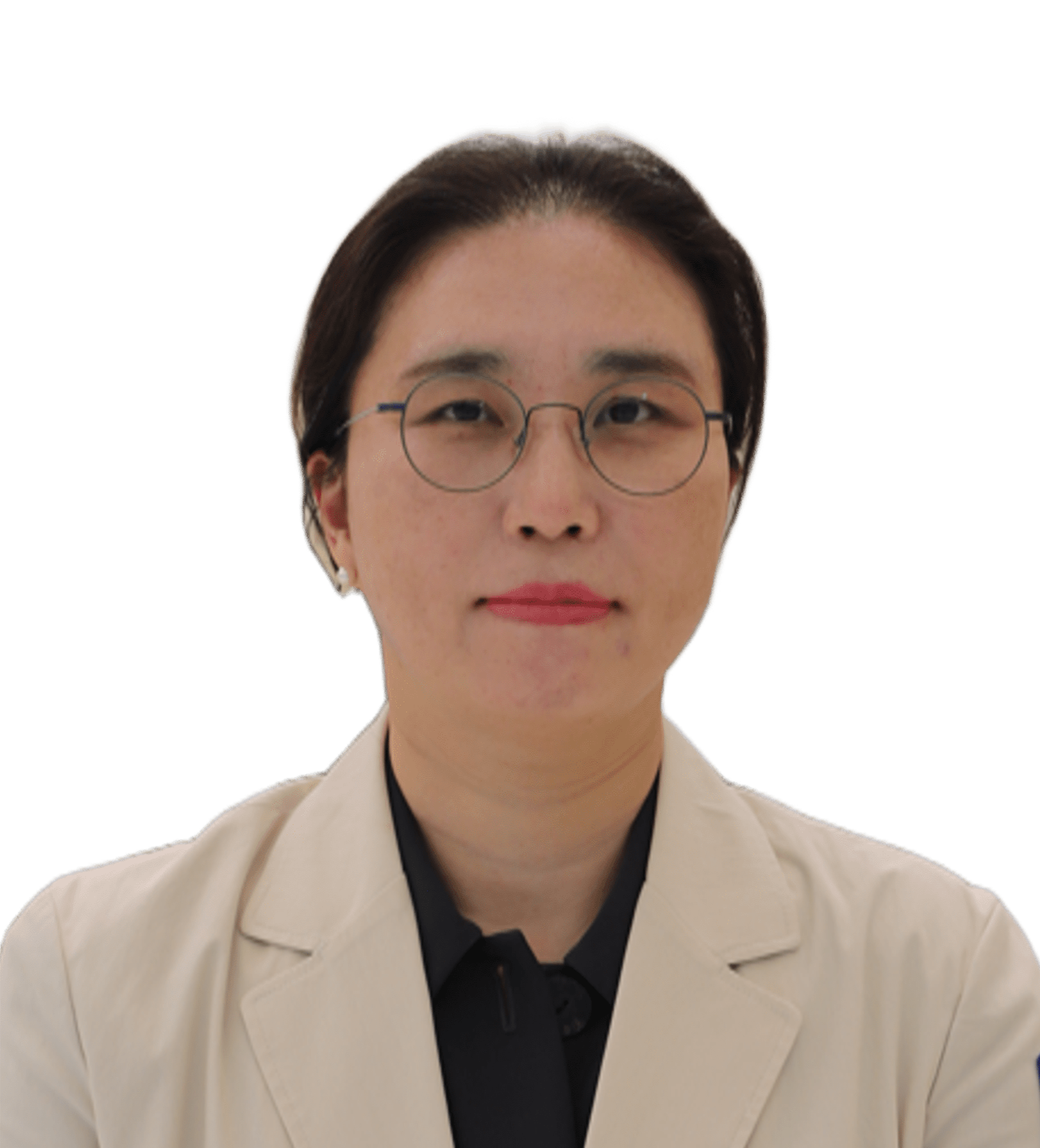
Cholesterol and Cardiovascular Risk in Type 2 Diabetes: The Role of Kidney Function
Mee Kyoung Kim The Catholic University of Korea, Republic of Korea 15:05~15:20 -

Association Between Lipoprotein (a) Levels and Coronary Artery Disease (CAD) Among Patients With or Without CAD Family History
Hayato Tada Kanazawa University, Japan 15:20~15:35 -
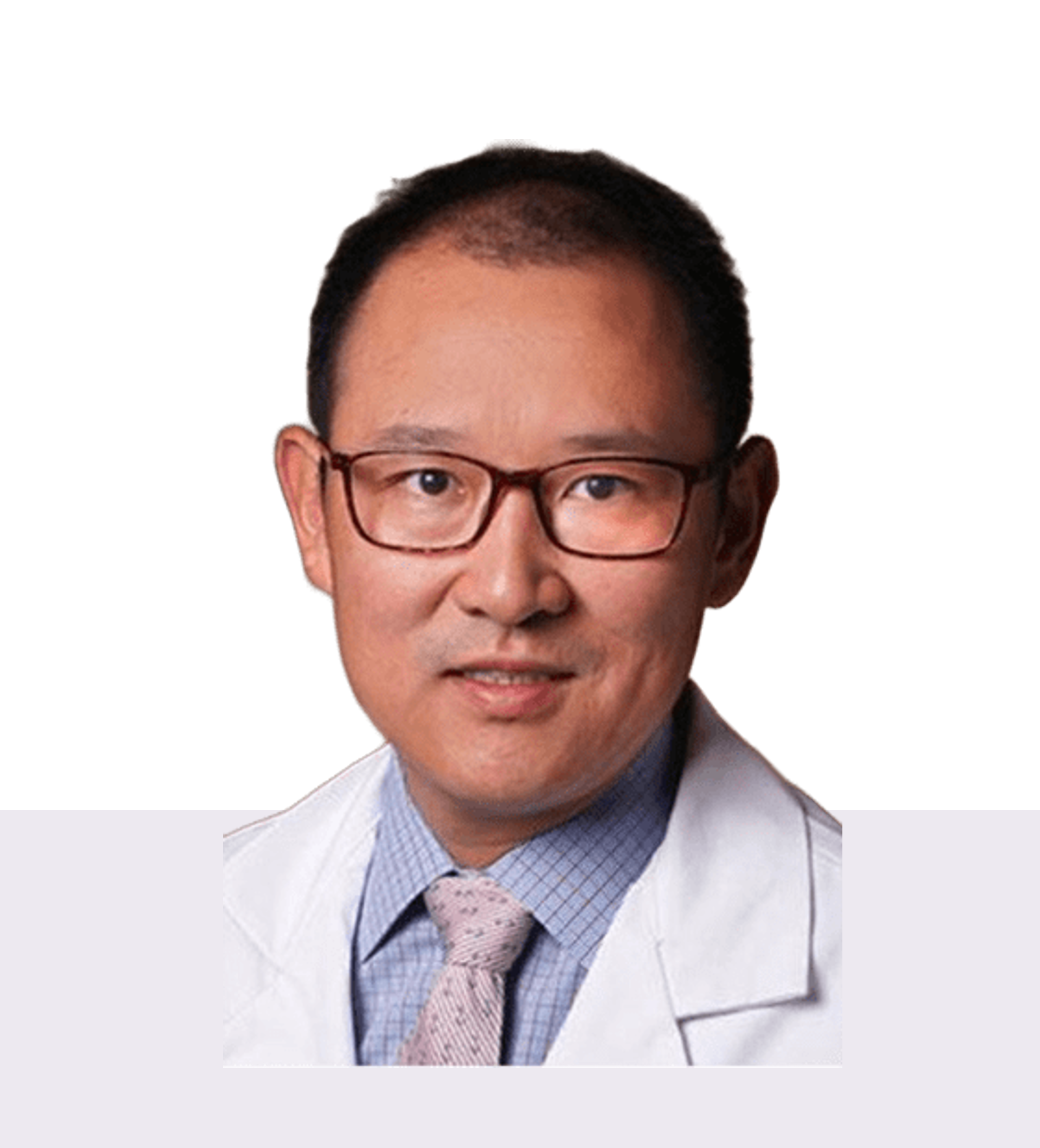
Investigation of the Influence of Lipoprotein(a) and Oxidized Lipoprotein(a) on Plasminogen Activation and Fibrinolysis
Wen-Liang Song Brown University Health, USA 15:35~15:50 -

Fatty Acids in Childhood Obesity: A Link Between Nutrition, Metabolic Alterations and Cardiovascular Risk
Belen Davico University of Buenos Aires, Argentina 15:50~16:05 - Discussion 16:05~16:20
Chairperson(s) : Yong-Jae Kim (Kim's Neurology Clinic, Republic of Korea), Young Joon Hong (Chonnam National University, Republic of Korea)
Panel(s) : Sung Kee Ryu (Ewha Womans University, Republic of Korea), Bom Lee (CHA University, Republic of Korea), Seung-Hwan Lee (The Catholic University of Korea, Republic of Korea)
Detail“Dyslipidemia Management in Special Populations” explores lipid-lowering strategies tailored to unique clinical contexts. Professor Mina Kim (Korea University, Republic of Korea) will address dyslipidemia management in women before and after menopause, highlighting hormonal influences on cardiovascular risk. Professor Byung Sik Kim (Hanyang University, Republic of Korea) will discuss lipid management in patients with liver disease, focusing on the safe and effective use of statins in this vulnerable group. Finally, Professor Seonghoon Choi (Hallym University, Republic of Korea) will present on dyslipidemia in the setting of HIV infection and chronic inflammation, emphasizing pathophysiological mechanisms and therapeutic challenges. This session will provide practical insights into individualized dyslipidemia care for patients with complex comorbidities and diverse physiological backgrounds.
-
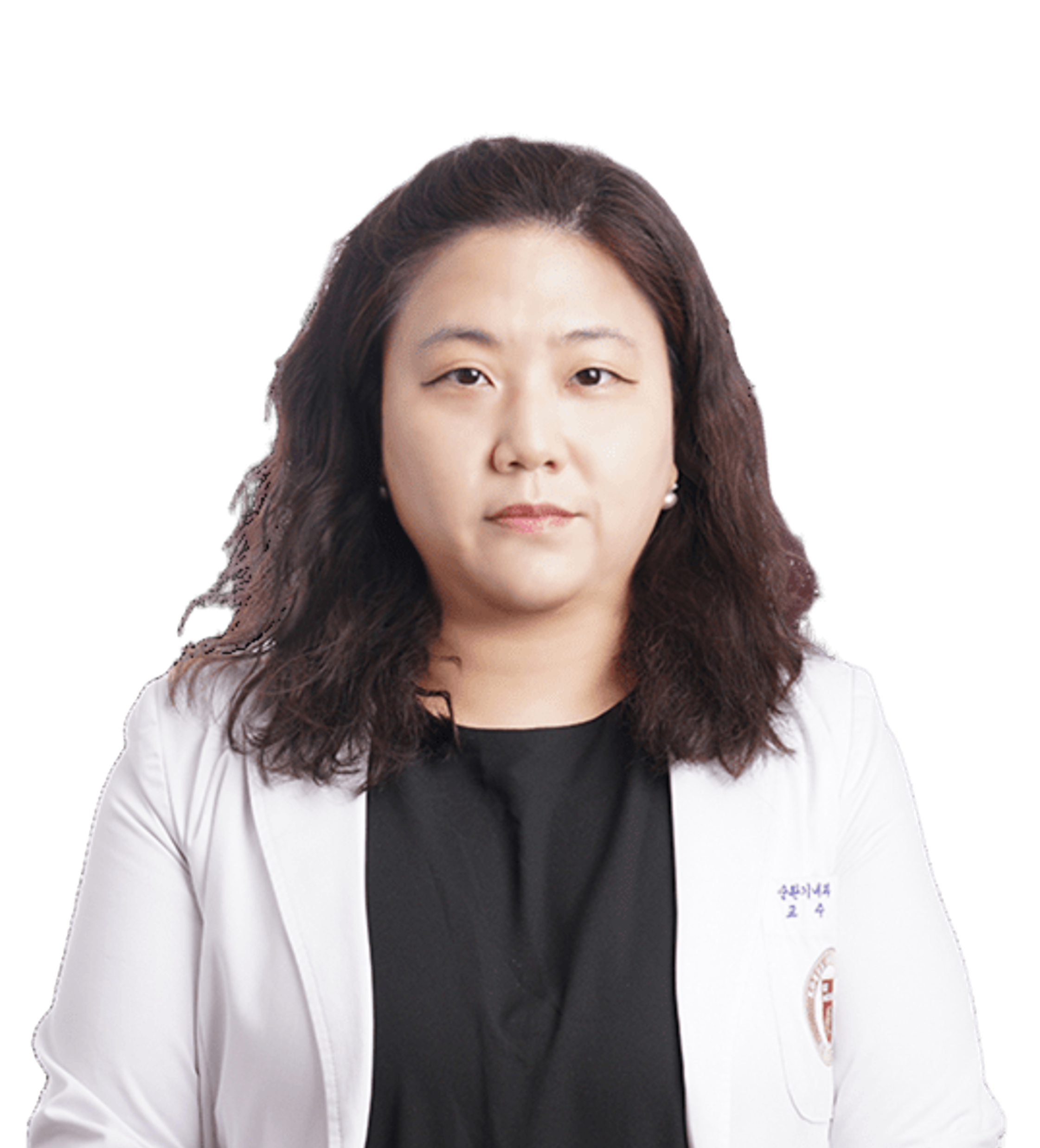
Managing dyslipidemia in women before and after menopause
Mi-Na Kim Korea University, Republic of Korea 16:20~16:40 -
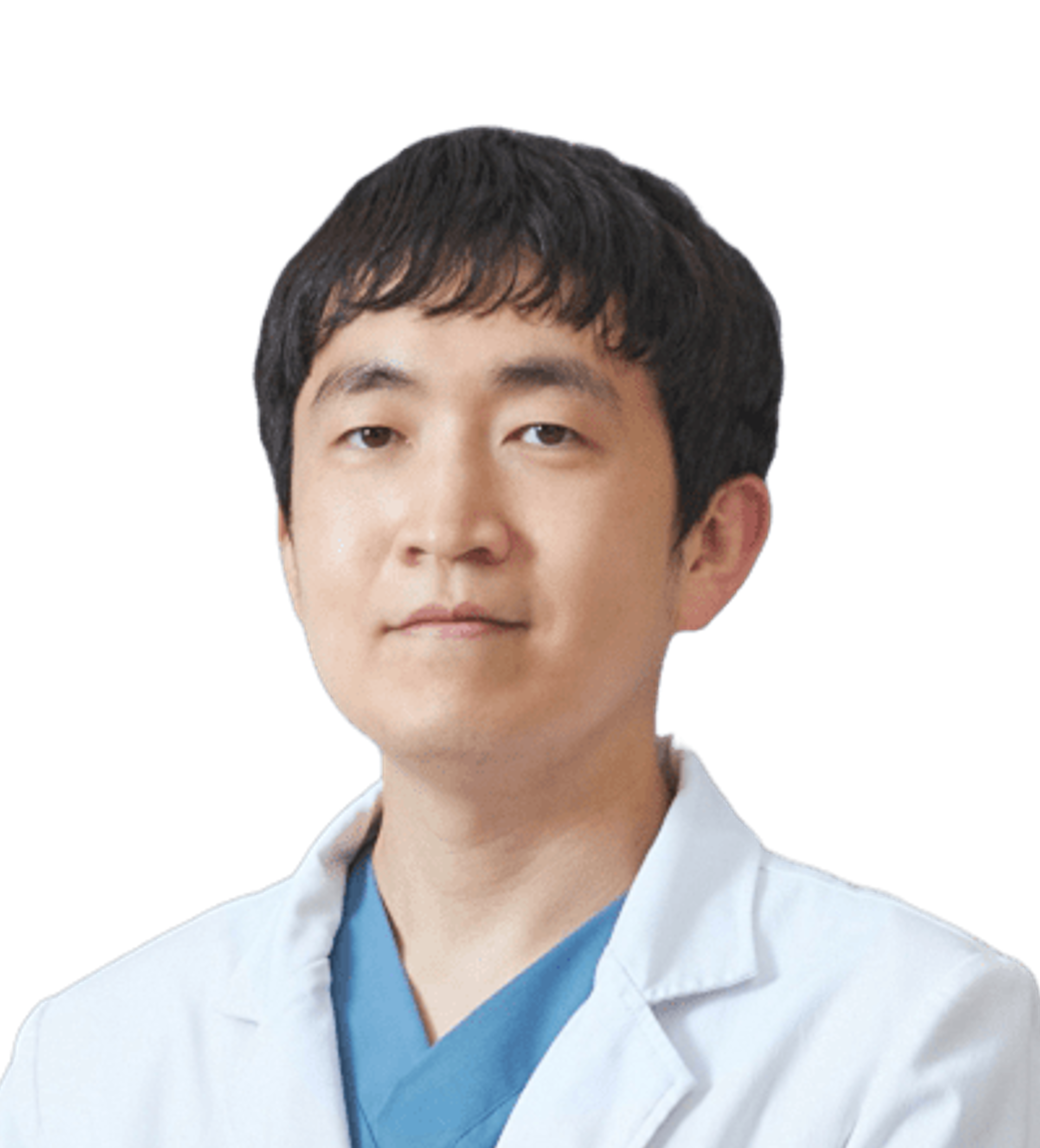
Managing dyslipidemia in patients with liver disease
Byung Sik Kim Hanyang University, Republic of Korea 16:40~17:00 -
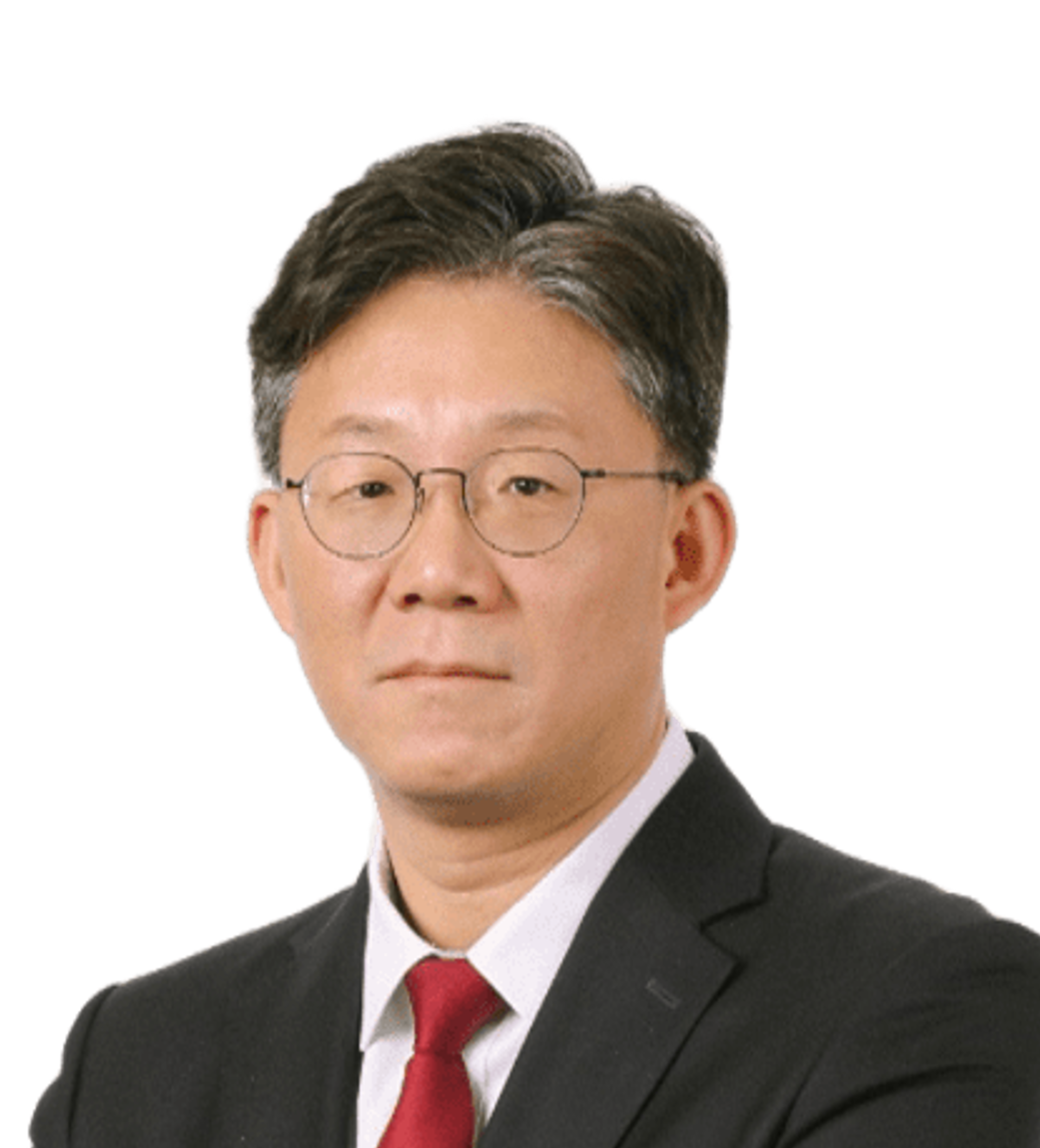
HIV, chronic inflammation, and dyslipidemia
Seonghoon Choi Hallym University, Republic of Korea 17:00~17:20 - Panel Discussion 17:20~17:50
Chairperson(s) : Sang-Hyun Kim (Seoul National University, Republic of Korea), Woo Je Lee (University of Ulsan, Republic of Korea)
Panel(s) : Mi-Hyang Jung (The Catholic University of Korea, Republic of Korea), Eun Jeong Cho (Chung-Ang University, Republic of Korea), Ji Hye Huh (Hallym University, Republic of Korea)
DetailThe importance of remnant cholesterol has been increasingly highlighted in atherosclerotic cardiovascular diseases and various other diseases. First, Prof. Alberto Zambon from the University of Padua, Italy, will present on the mechanisms by which remnant cholesterol contributes to atherosclerotic cardiovascular disease and its clinical significance. Next, Prof. Soo Yeon Jang from Korea University, Republic of Korea, will present the role of remnant cholesterol in chronic kidney disease, and Prof. Han Na Jung from Hallym University, Republic of Korea, will present on its role in dementia. Lastly, Prof. Meral Kayikcioglu from Ege University, Türkiye, will present the role of remnant cholesterol in women's cardiometabolic health. We hope this session will reaffirm the importance of remnant cholesterol and serve as an opportunity to broaden our knowledge.
-
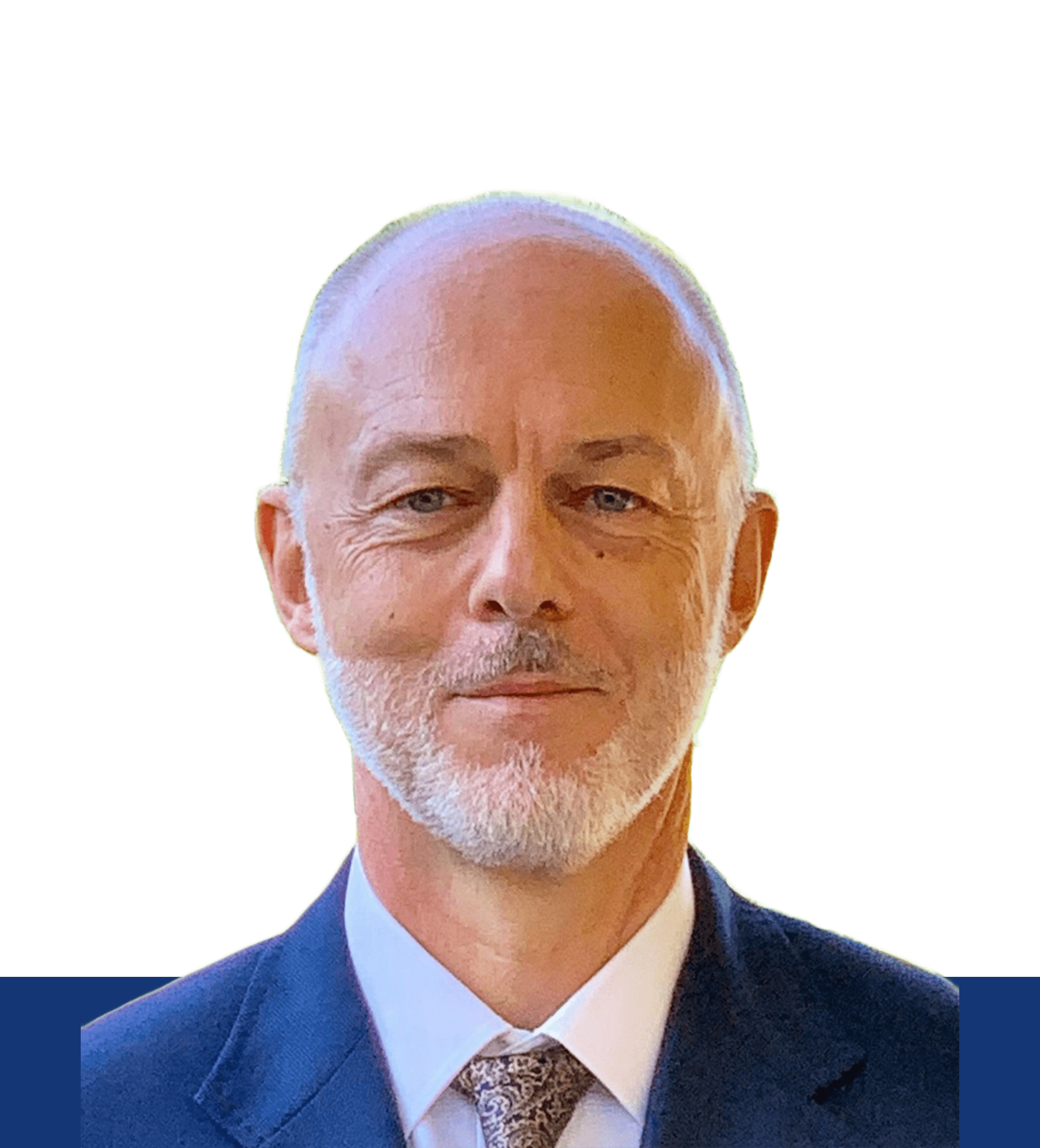
Remnant cholesterol as a key contributor to atherosclerotic cardiovascular disease (ASCVD): mechanisms and clinical implications
Alberto Zambon University of Padua, Italy 16:20~16:40 -

The role of remnant cholesterol in chronic kidney disease (CKD)
Soo Yeon Jang Korea University, Republic of Korea 16:40~16:55 -

Association between remnant cholesterol and dementia: potential mechanisms and clinical perspectives
Han Na Jung Hallym University, Republic of Korea 16:55~17:10 -
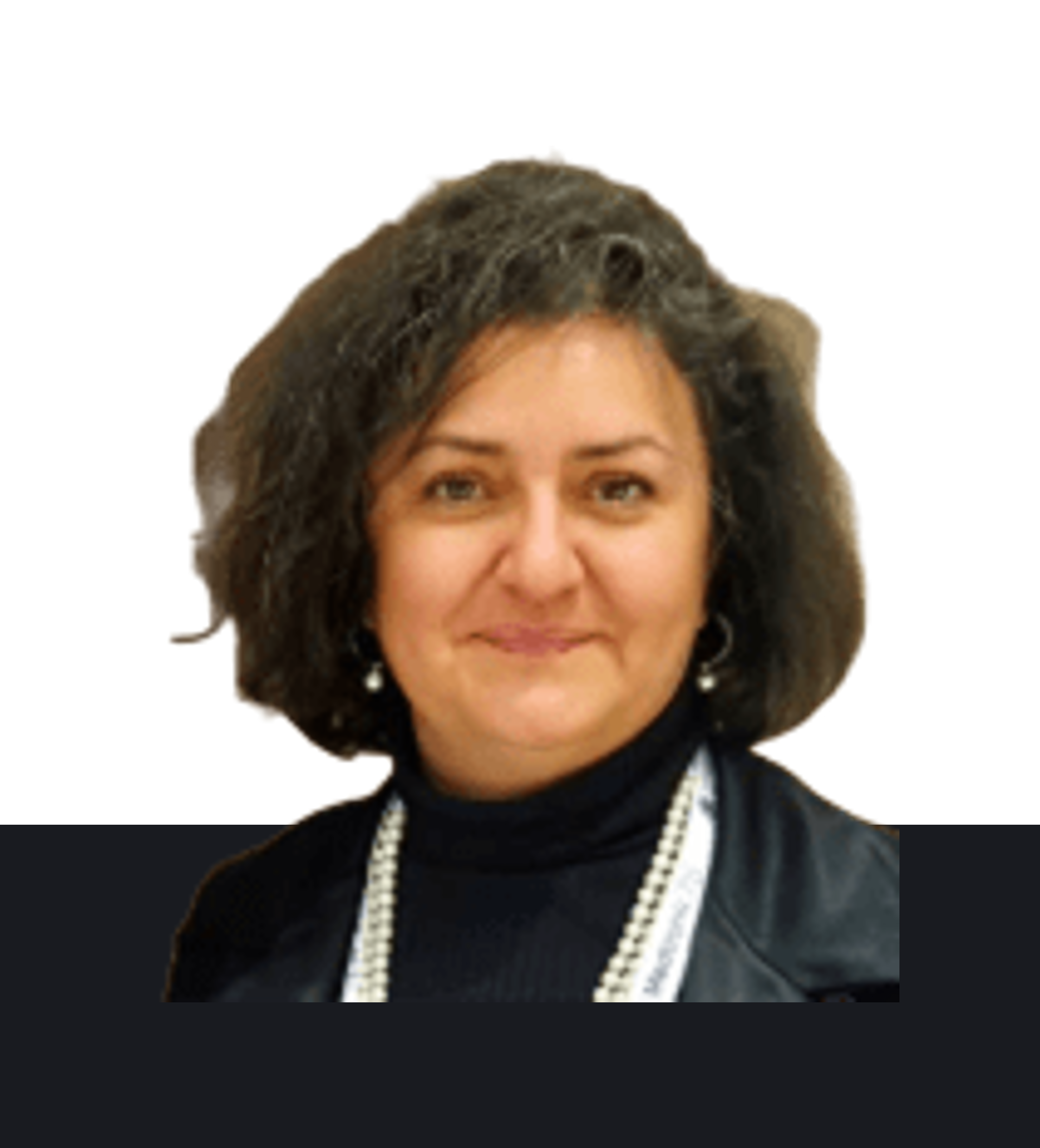
Remnant cholesterol in women’s cardiometabolic health
Meral Kayikcioglu Ege University, Türkiye 17:10~17:30 - Panel Discussion 17:30~17:50
Chairperson(s) : Chi Dae Kim (Pusan National University, Republic of Korea), Young Mi Park (Ewha Womans University, Republic of Korea)
Panel(s) : Jun Namkung (Yonsei University, Republic of Korea), Taesik Park (Gachon University, Republic of Korea), Jae-Han Jeon (Kyungpook National University, Republic of Korea), Su Myung Jung (Sungkyunkwan University, Republic of Korea)
DetailLipid-immune crosstalk plays a critical role in shaping vascular repair mechanisms and the progression of atherosclerotic disease. This session highlights how specific lipid signals influence immune cell behavior and vascular pathology. Professor Younggeun Ahn from Chonnam National University, Republic of Korea, will present how IKKε-deficient macrophages impair cardiac repair post-myocardial infarction by promoting the macrophage-to-myofibroblast transition. Professor Wei Kong from Peking University, China, will discuss how ceramide sensing via CYSLTR2 and P2RY6 contributes to the aggravation of atherosclerosis, revealing novel lipid-sensing inflammatory circuits. Dr. Hyunbeom Lee from KIST, Republic of Korea, will provide a systems-level perspective on how lipidomics can be utilized to better understand human disease. This session will offer deep insights into lipid-mediated immune regulation and its implications for vascular health and therapeutic strategies.
-
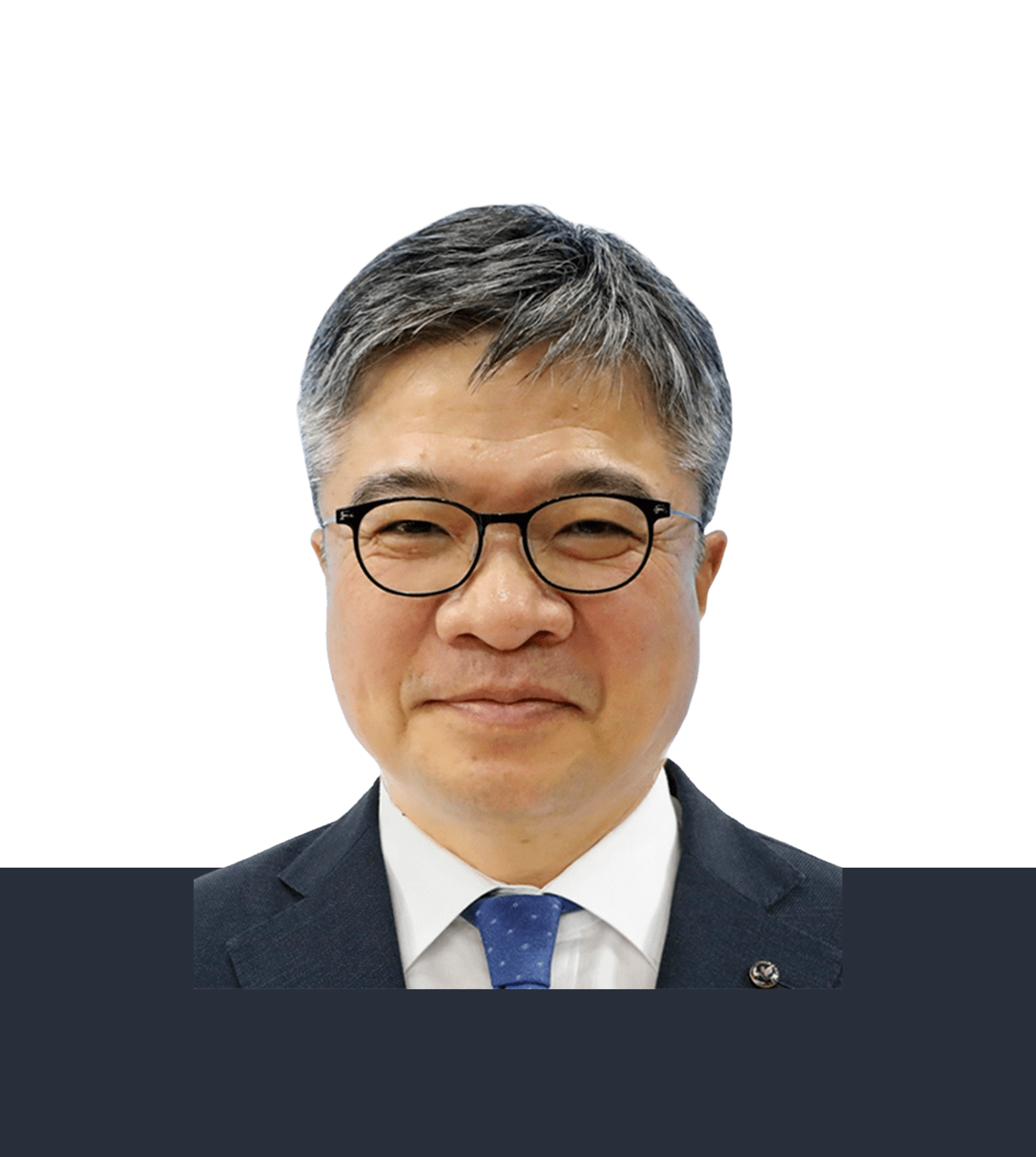
IKKε-deficient macrophages impede cardiac repair after myocardial infarction by enhancing the macrophage-myofibroblast transition
Youngkeun Ahn Chonnam National University, Republic of Korea 16:20~16:40 -

Sensing ceramides by CYSLTR2 and P2RY6 to aggravate atherosclerosis
Wei Kong Peking University, China 16:40~17:00 -
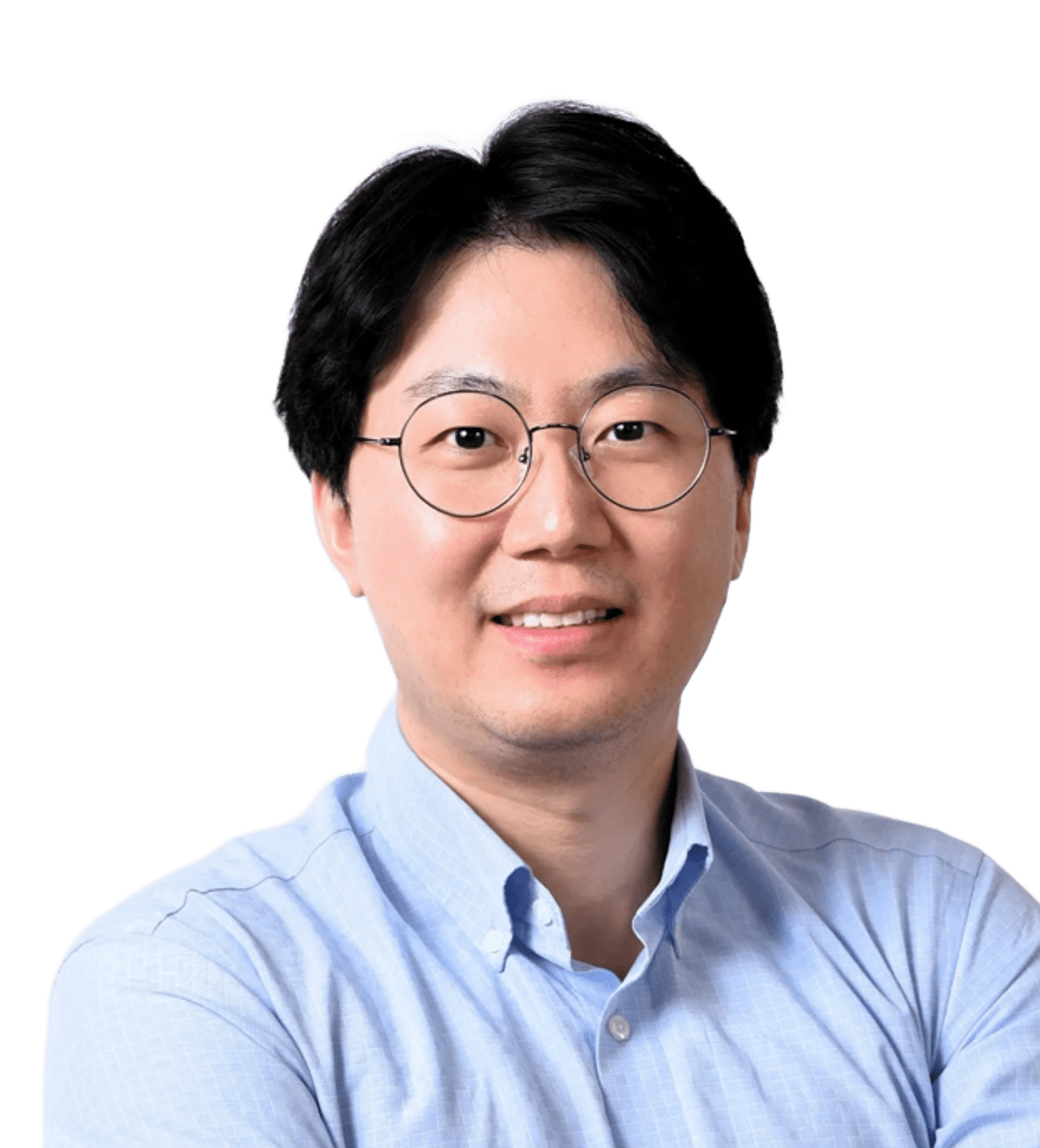
Targeting the USP35–FASN axis and choline metabolism in cancer: a lipidomics perspective
Hyunbeom Lee Korea Institute of Science and Technology (KIST), Republic of Korea 17:00~17:20 - Panel Discussion 17:20~17:50
Chairperson(s) : Donghoon Choi (Yonsei University, Republic of Korea), Sang-Hyun Lhm (The Catholic University of Korea, Republic of Korea)
Panel(s) : Jong Shin Woo (Kyung Hee University, Republic of Korea), Hyun Sung Joh (Seoul National University, Republic of Korea), Hyo-In Choi (Sungkyunkwan University, Republic of Korea)
DetailThis symposium, titled “Recent Evidence in Non-Invasive Cardiovascular Risk Assessment Techniques,” will explore state-of-the-art methods for cardiovascular risk stratification without the need for invasive procedures. Professor Nor Ashikin Binti Md Sari (Universiti Malaya, Malaysia) will present the latest updates on coronary artery calcium (CAC) scoring and its clinical relevance. Professor Jun Hwa Hong (Eulji University, Republic of Korea) will delve into the role of carotid ultrasonography in the primary prevention of cardiovascular disease, highlighting its utility in early detection. Lastly, Professor Hack-Lyoung Kim (Seoul National University, Republic of Korea) will discuss the clinical usefulness of brachial-ankle pulse wave velocity (baPWV) for cardiovascular risk prediction in Asian populations.
-

Recent updates on coronary artery calcium scoring
Nor Ashikin Md Sari Universiti Malaya, Malaysia 16:20~16:40 -
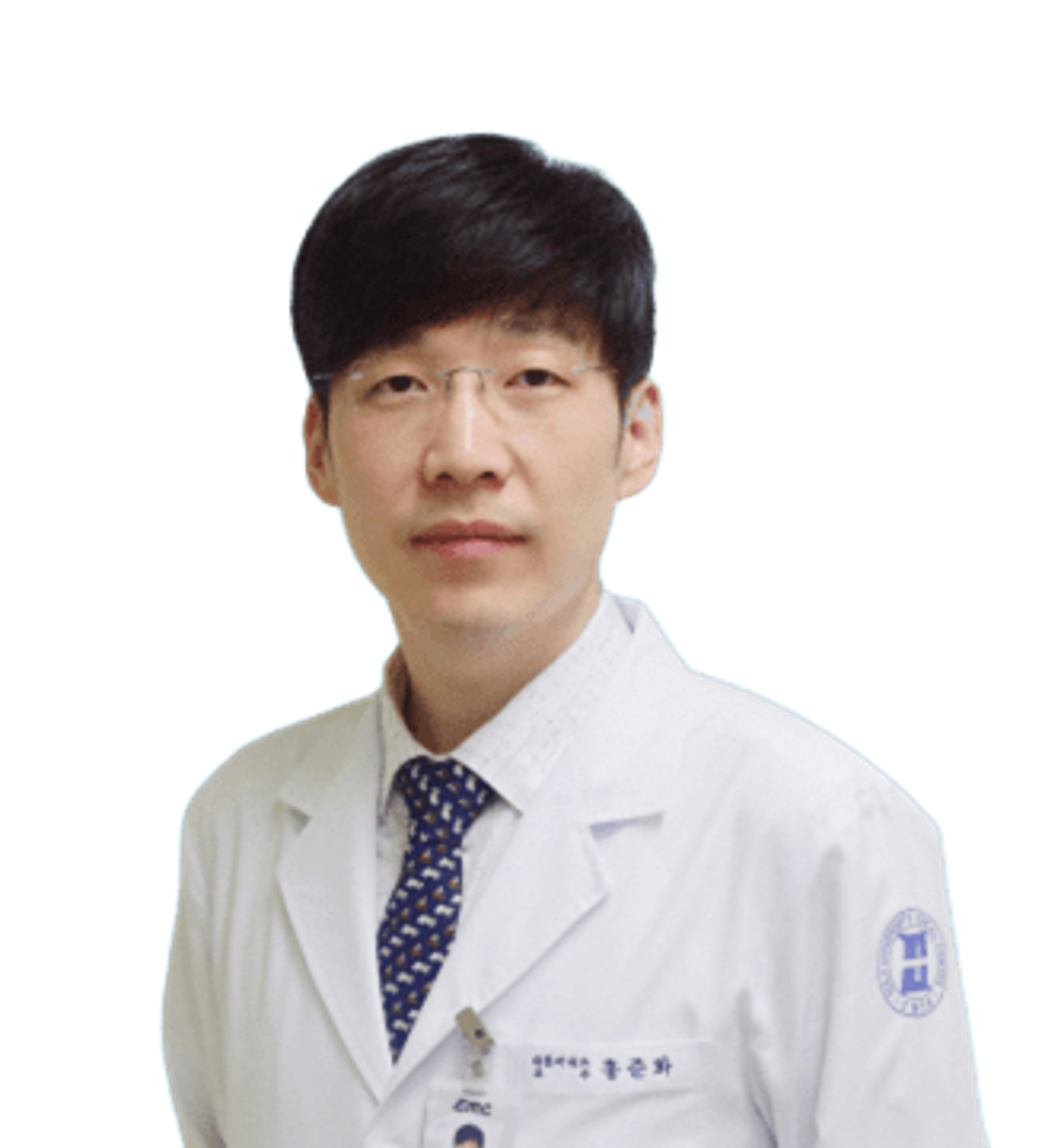
The role of carotid ultrasonography for the primary prevention of cardiovascular disease
Jun Hwa Hong Eulji University, Republic of Korea 16:40~17:00 -
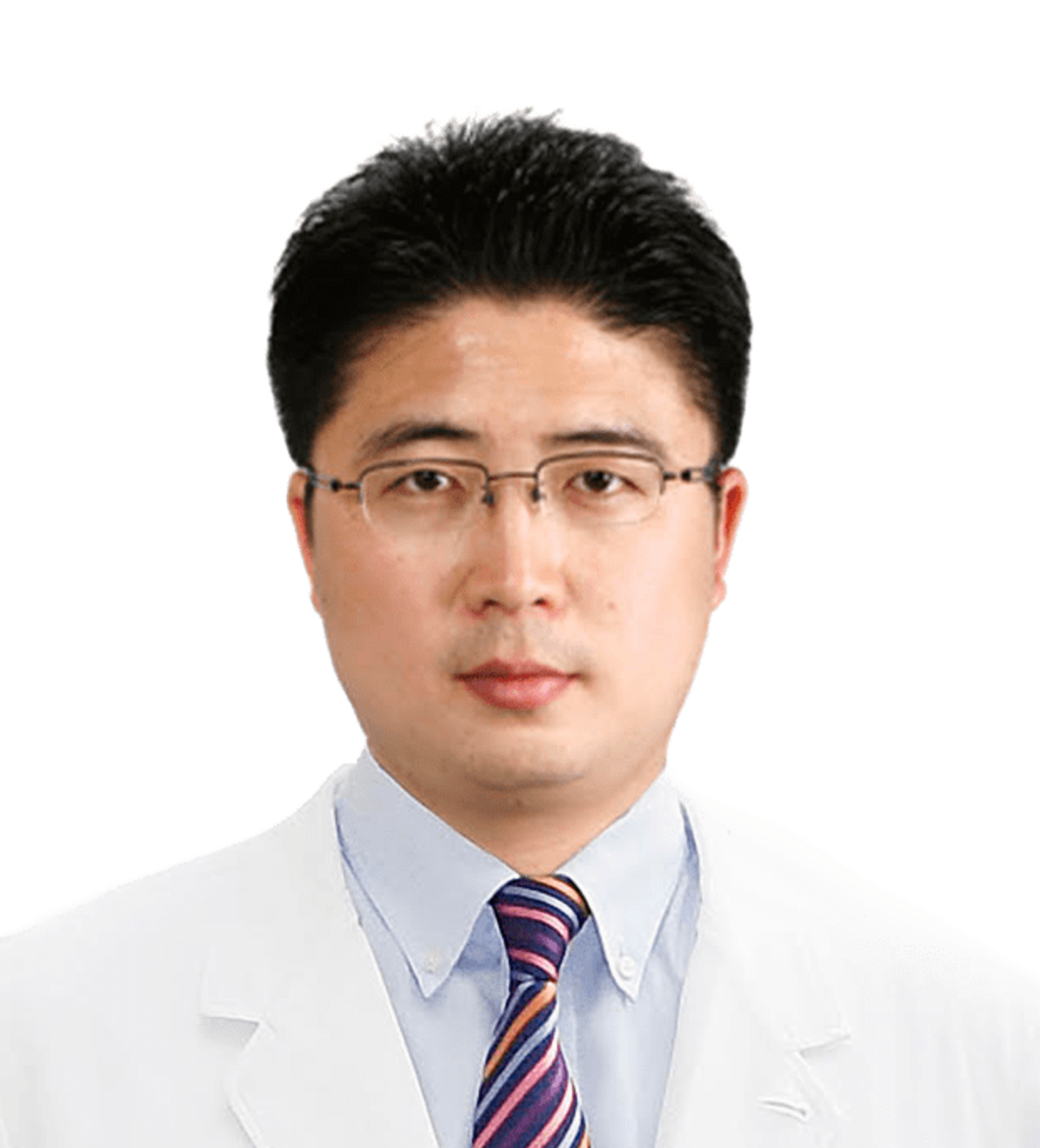
The usefulness of brachial-ankle PWV in the risk prediction for Asians
Hack-Lyoung Kim Seoul National University, Republic of Korea 17:00~17:20 - Panel Discussion 17:20~17:50

